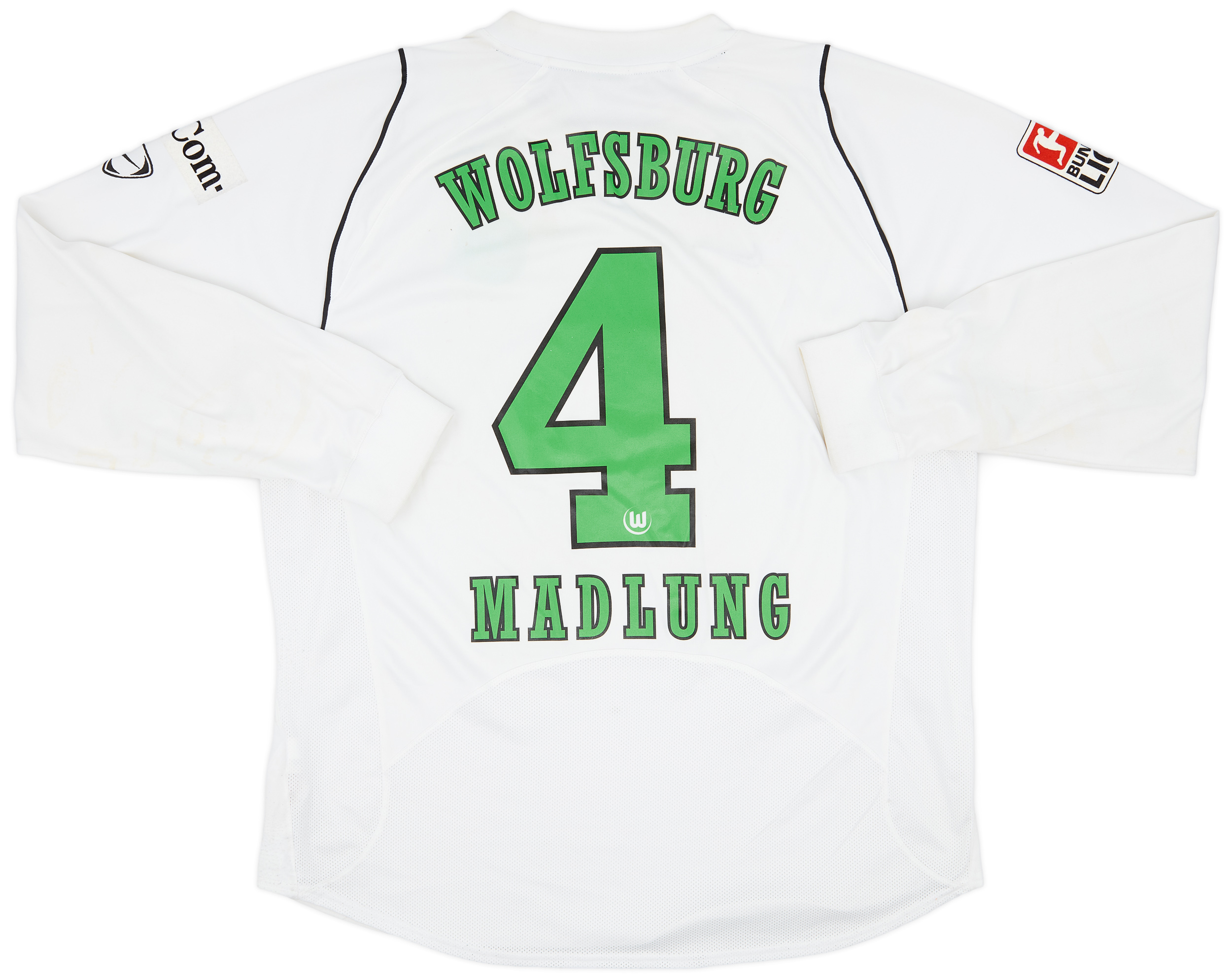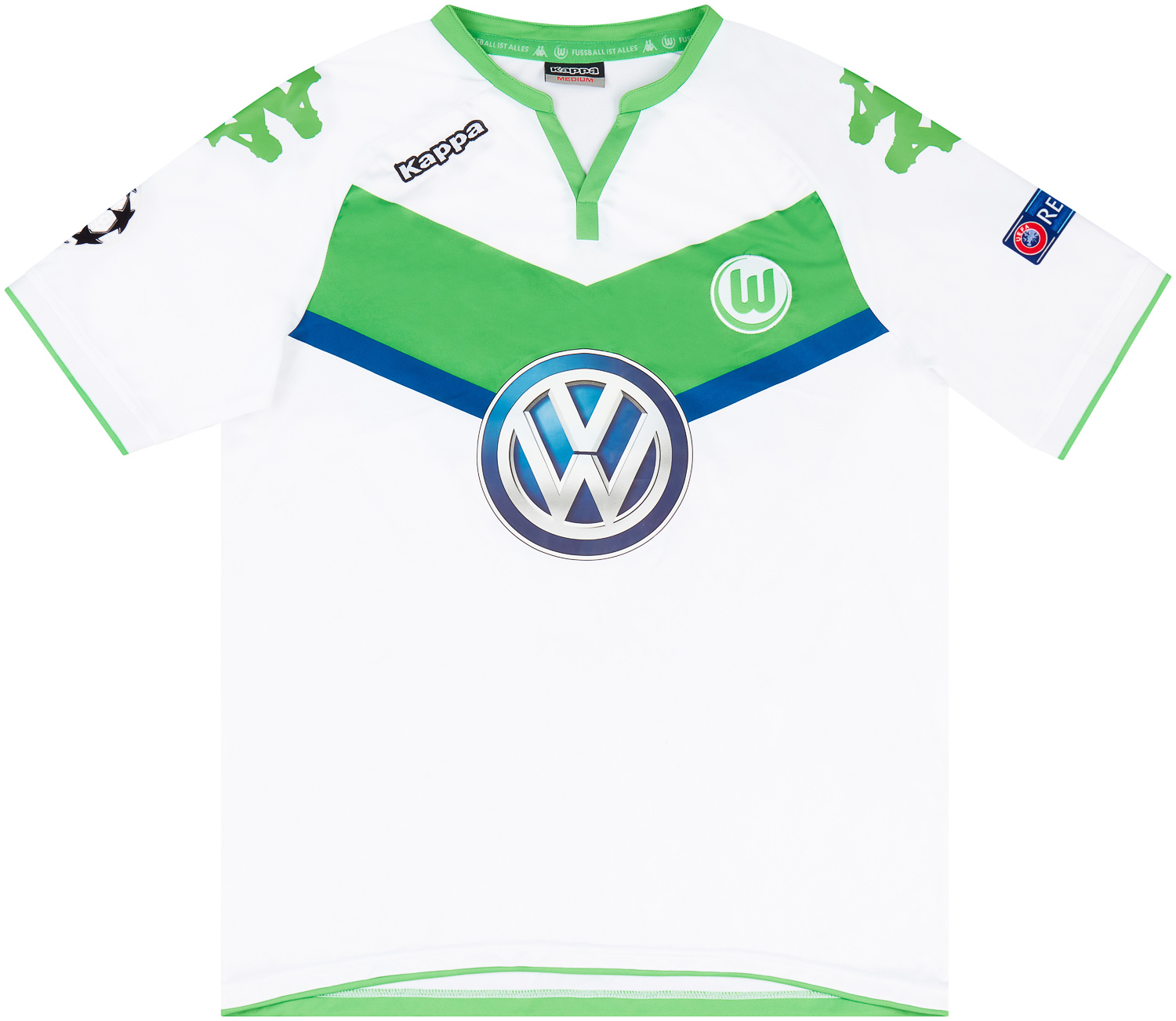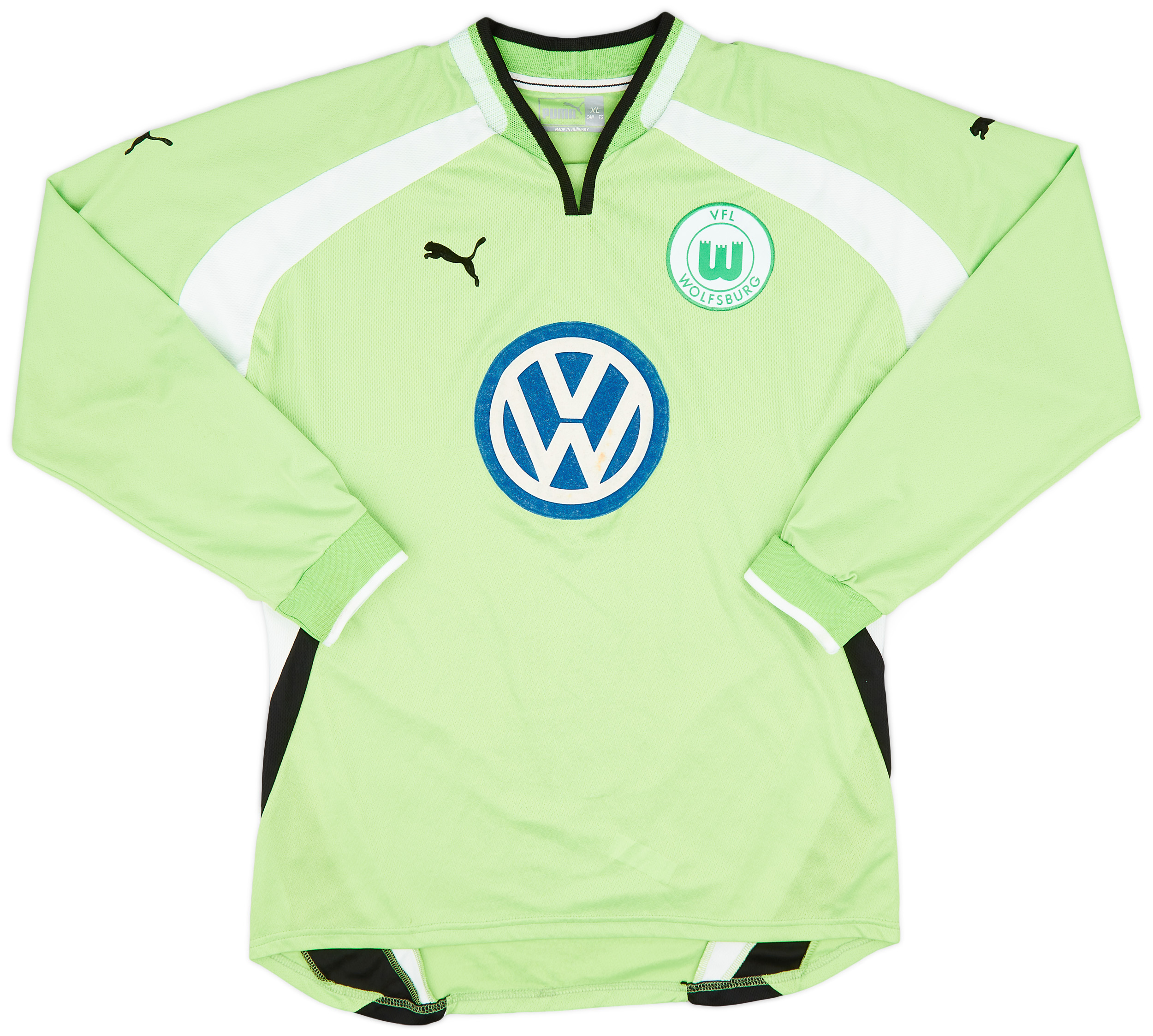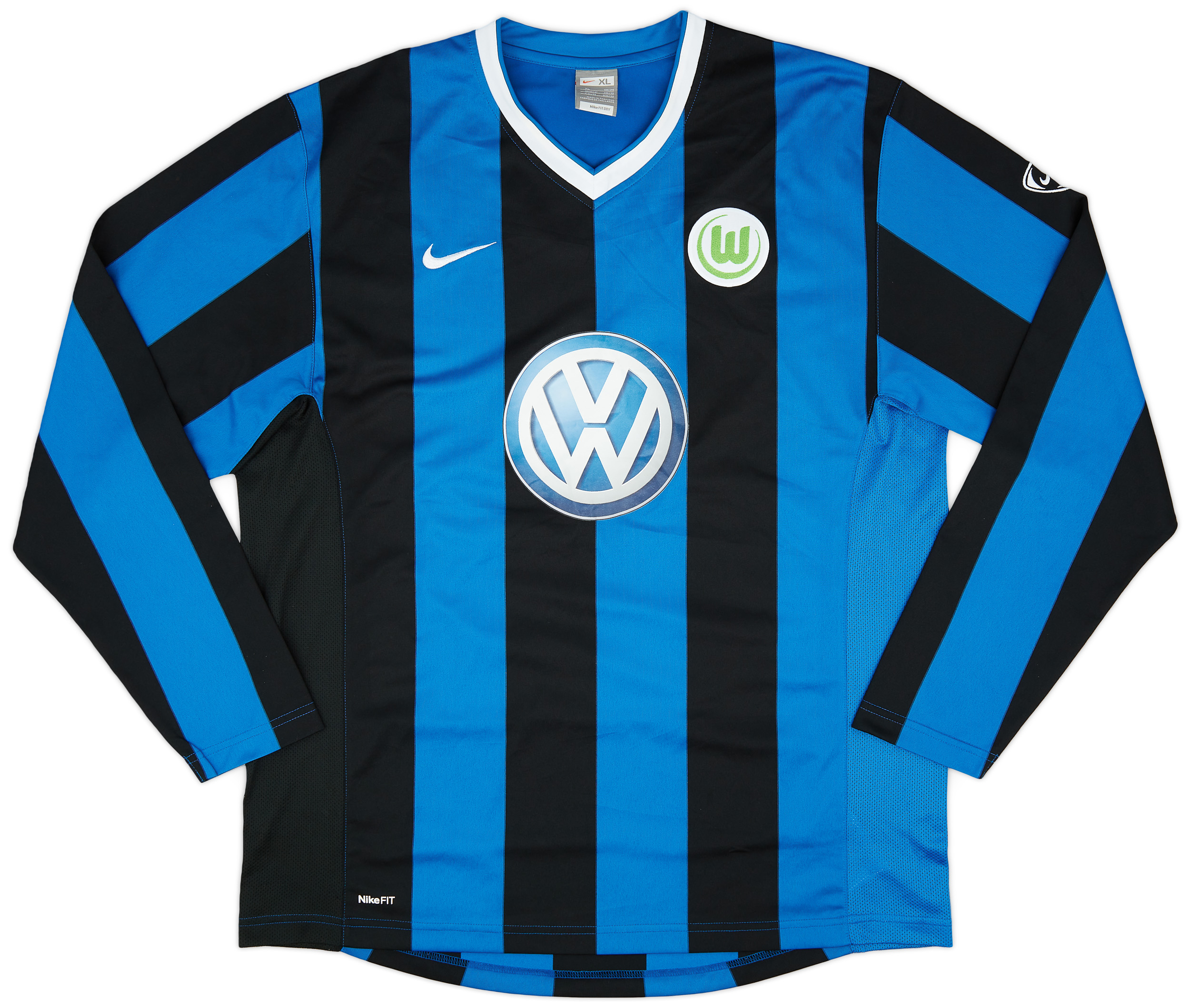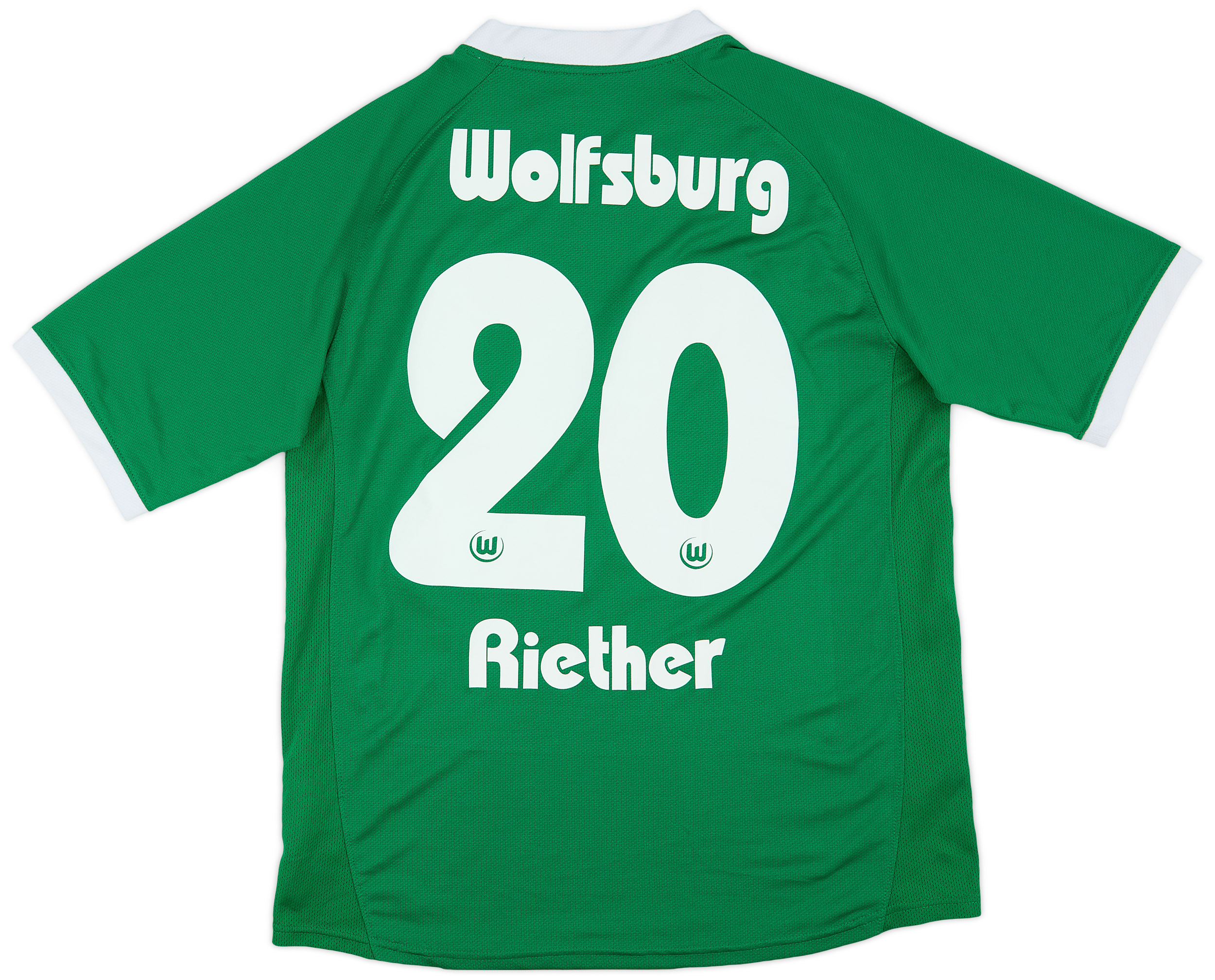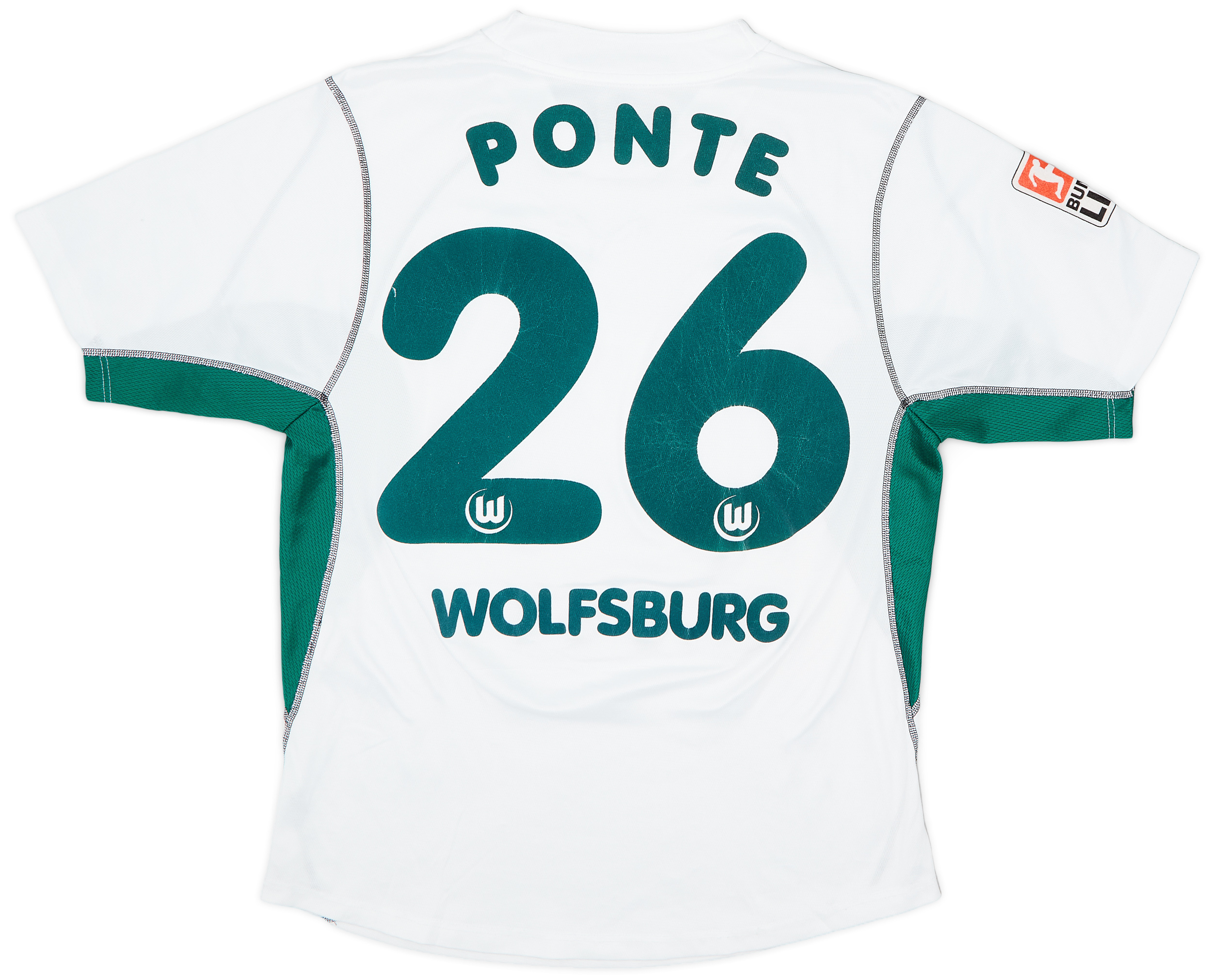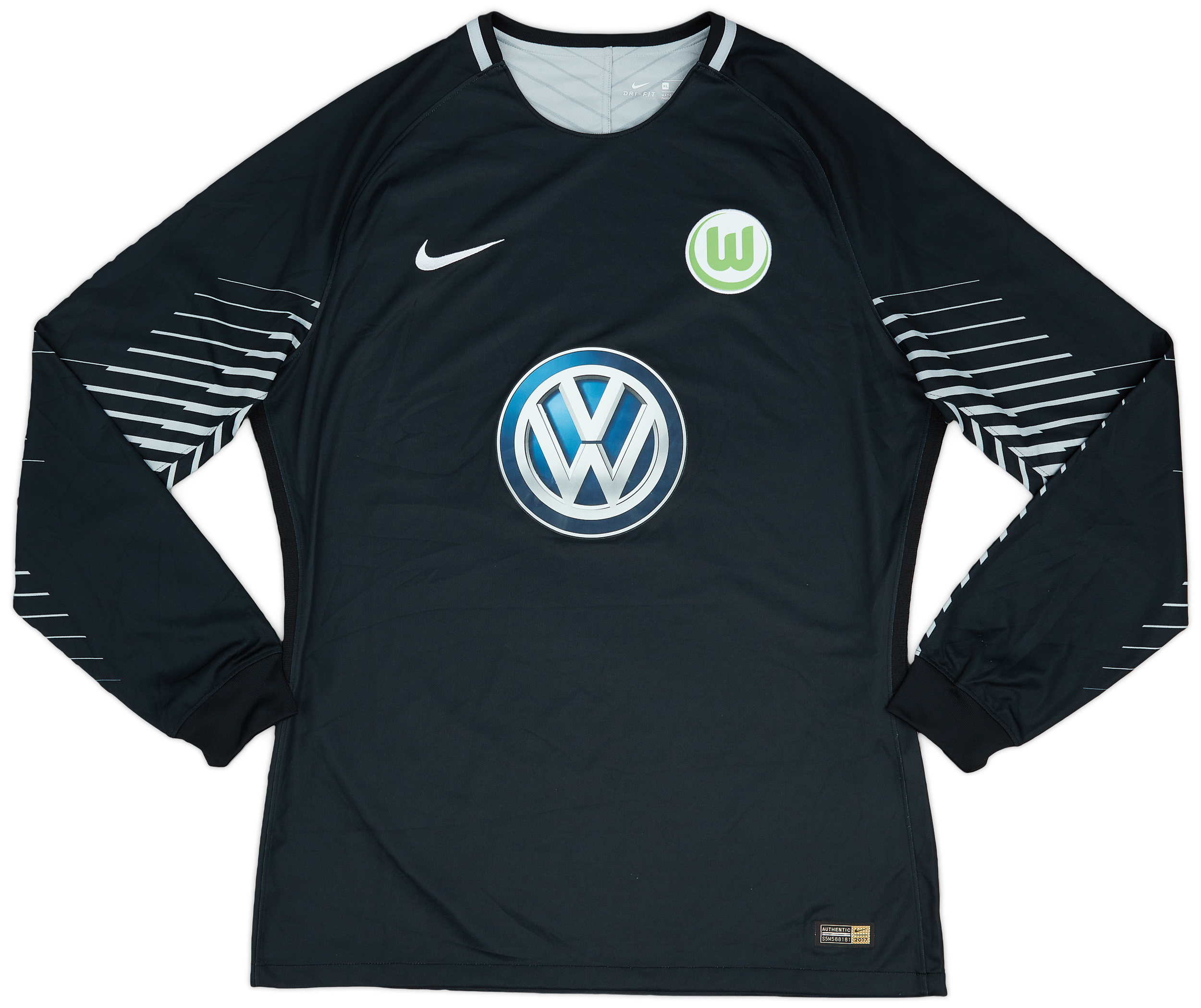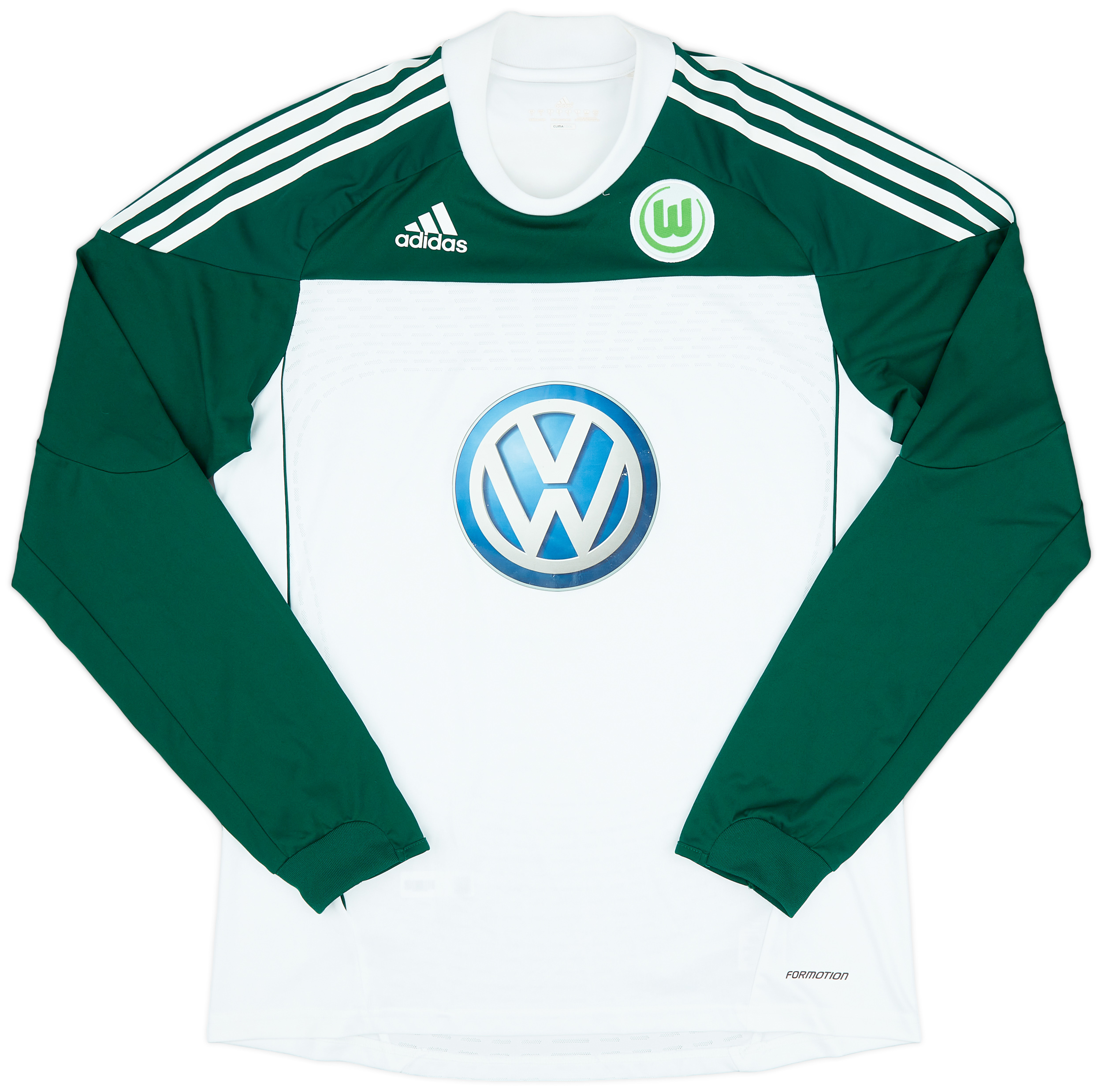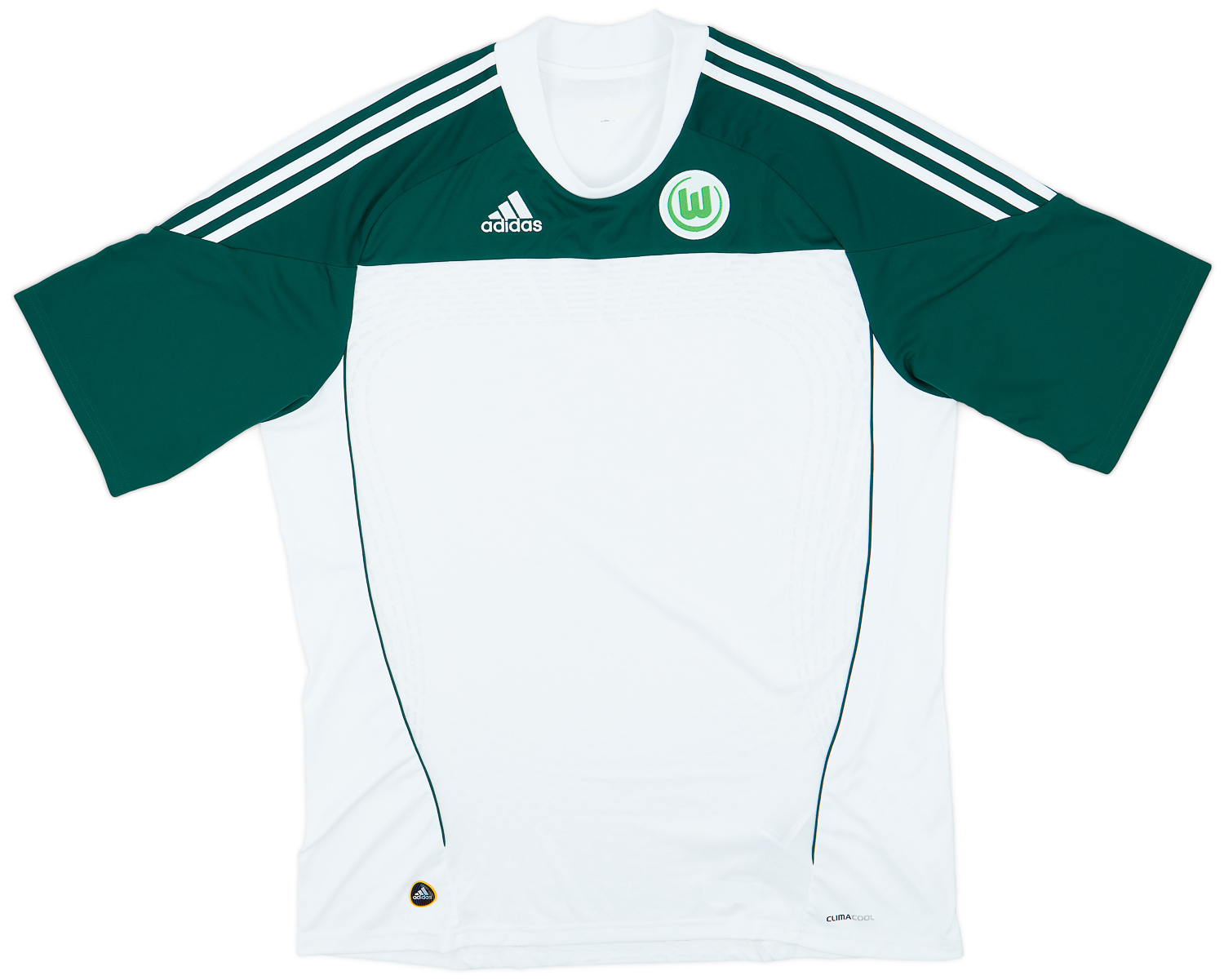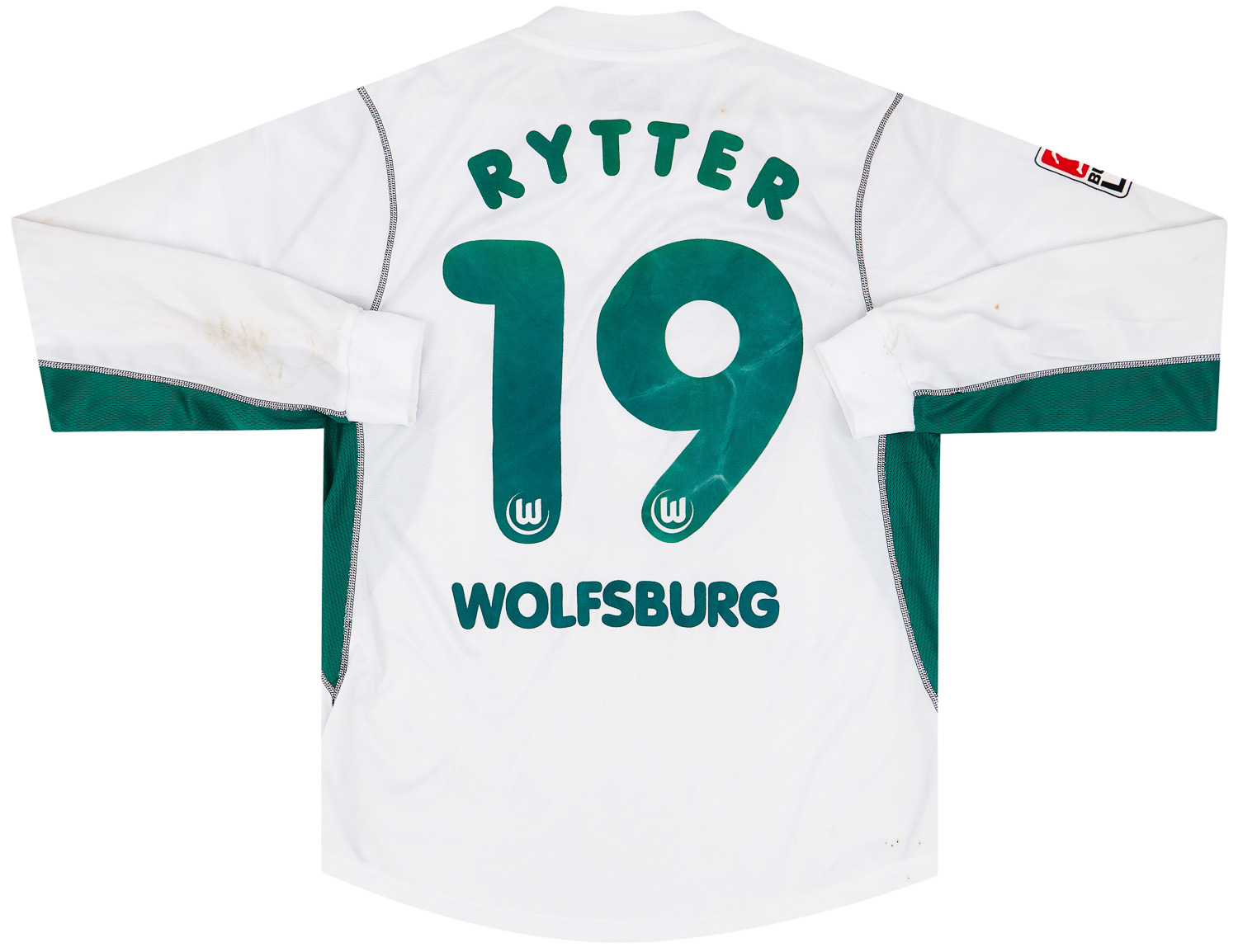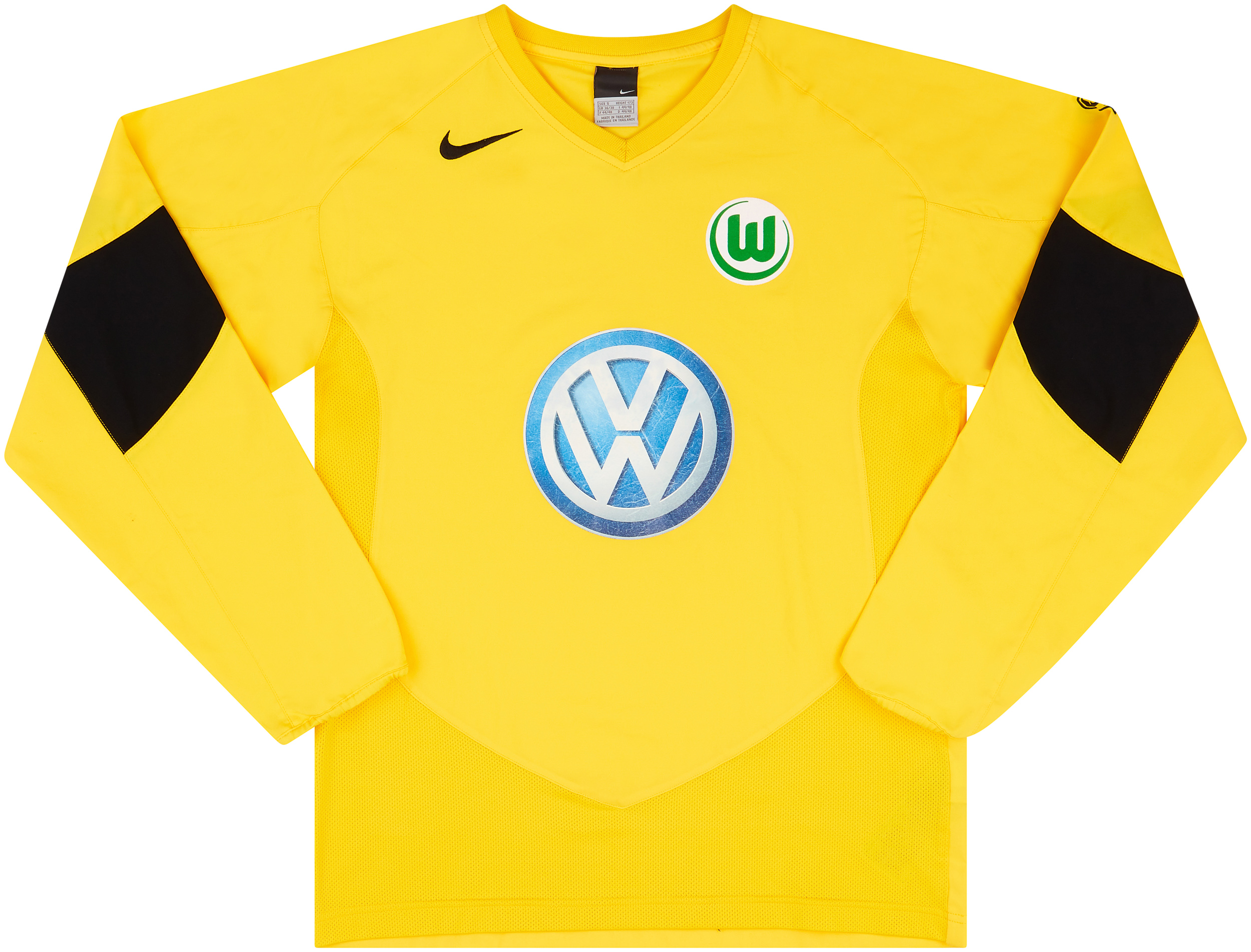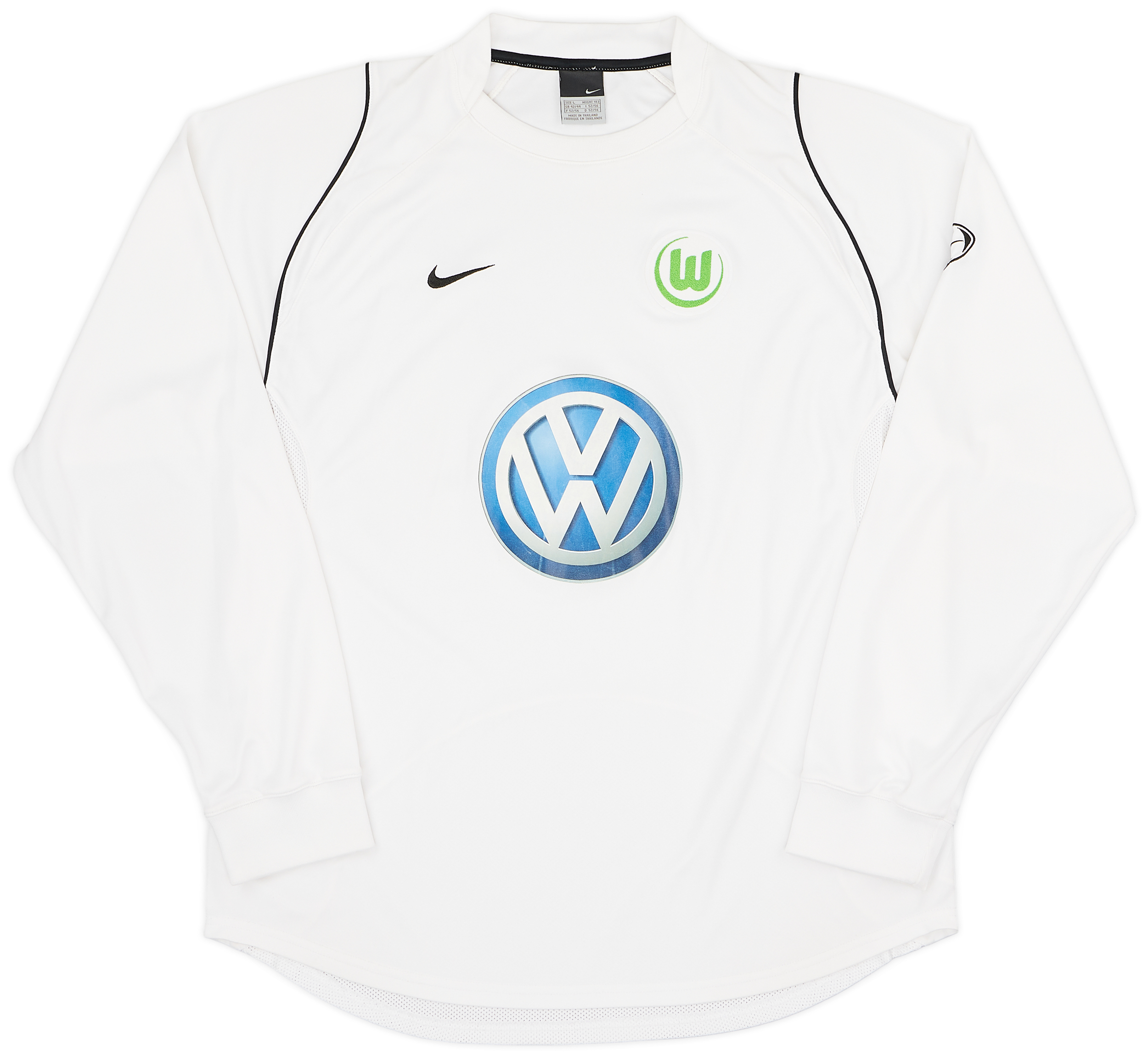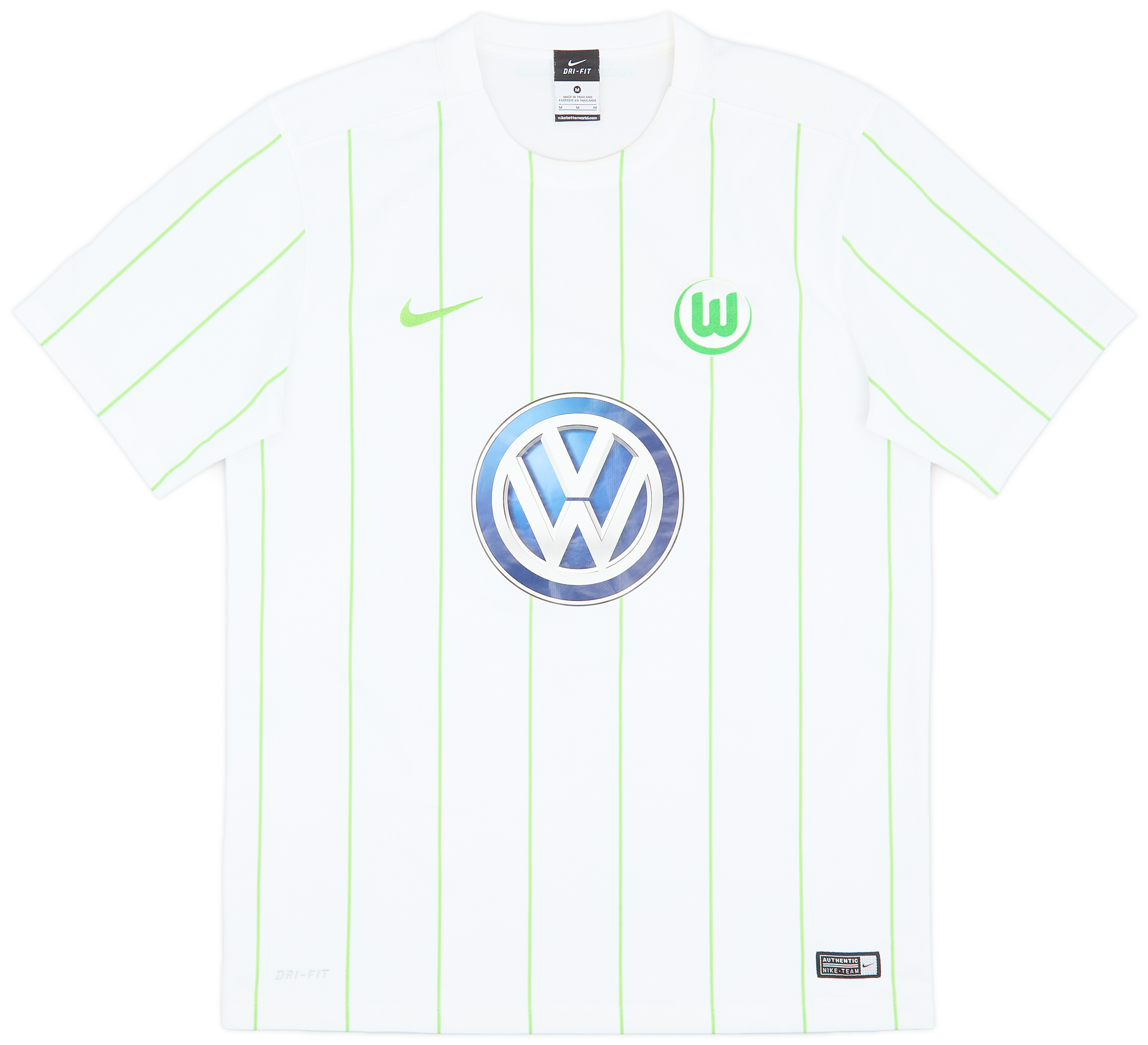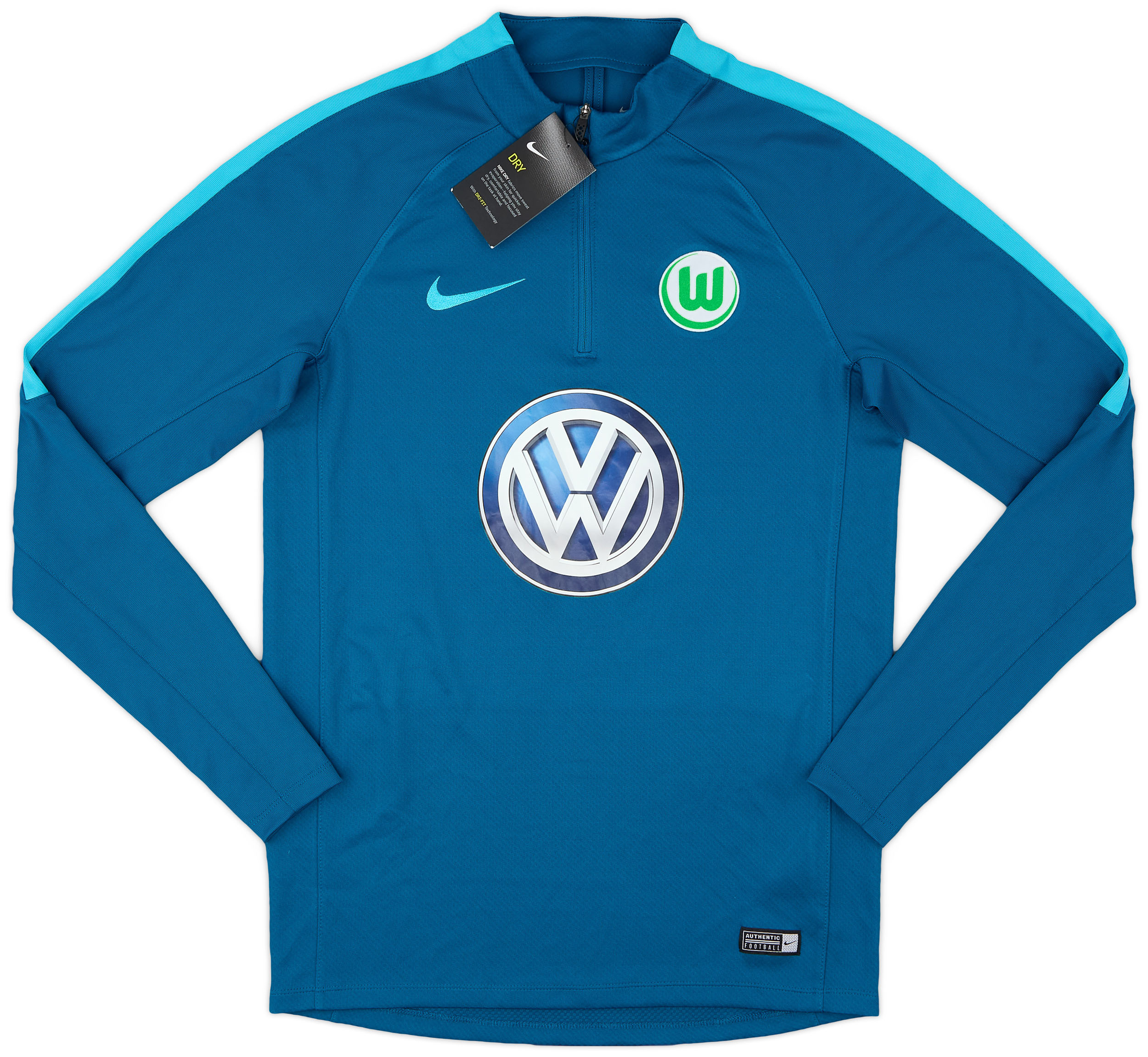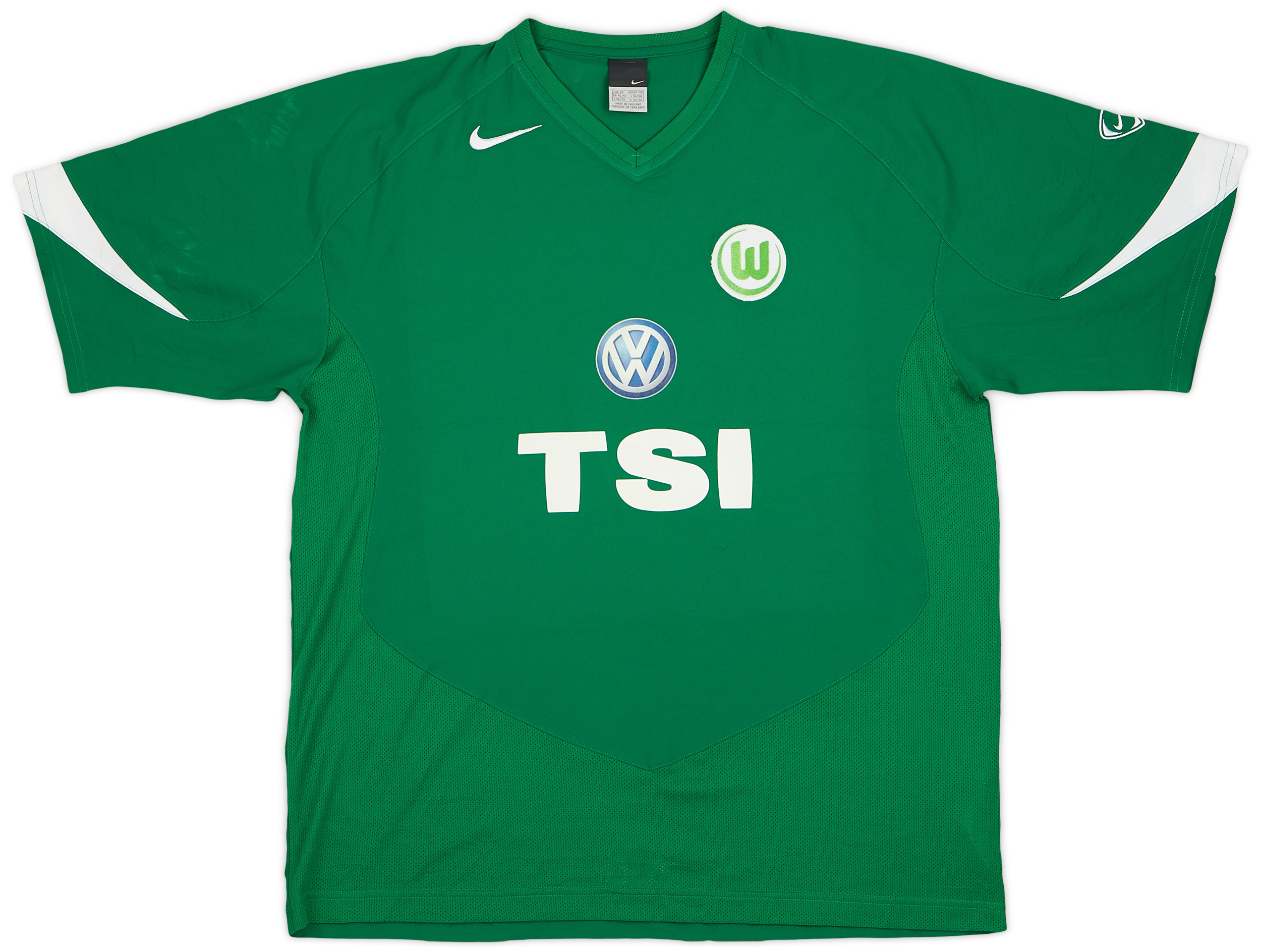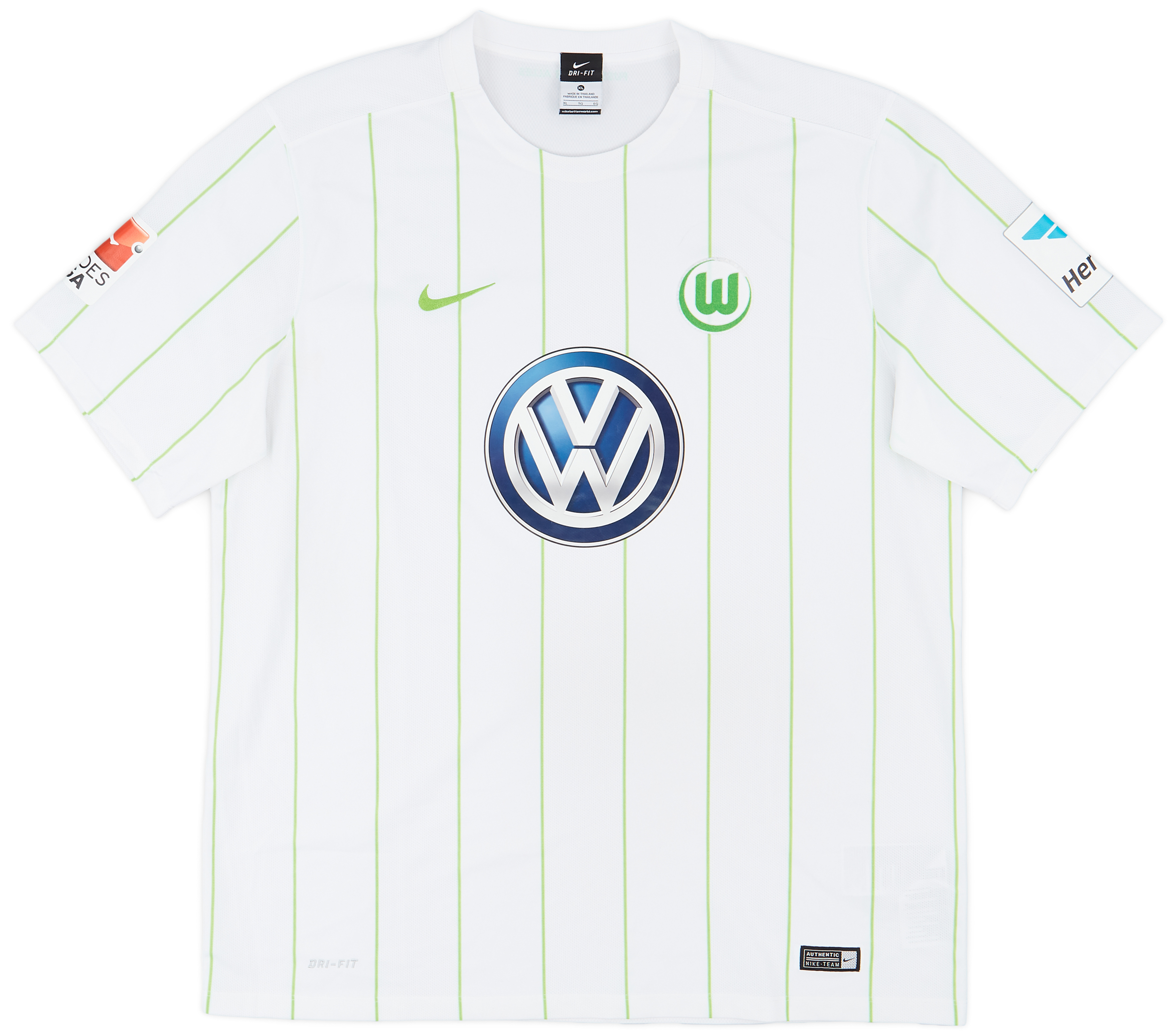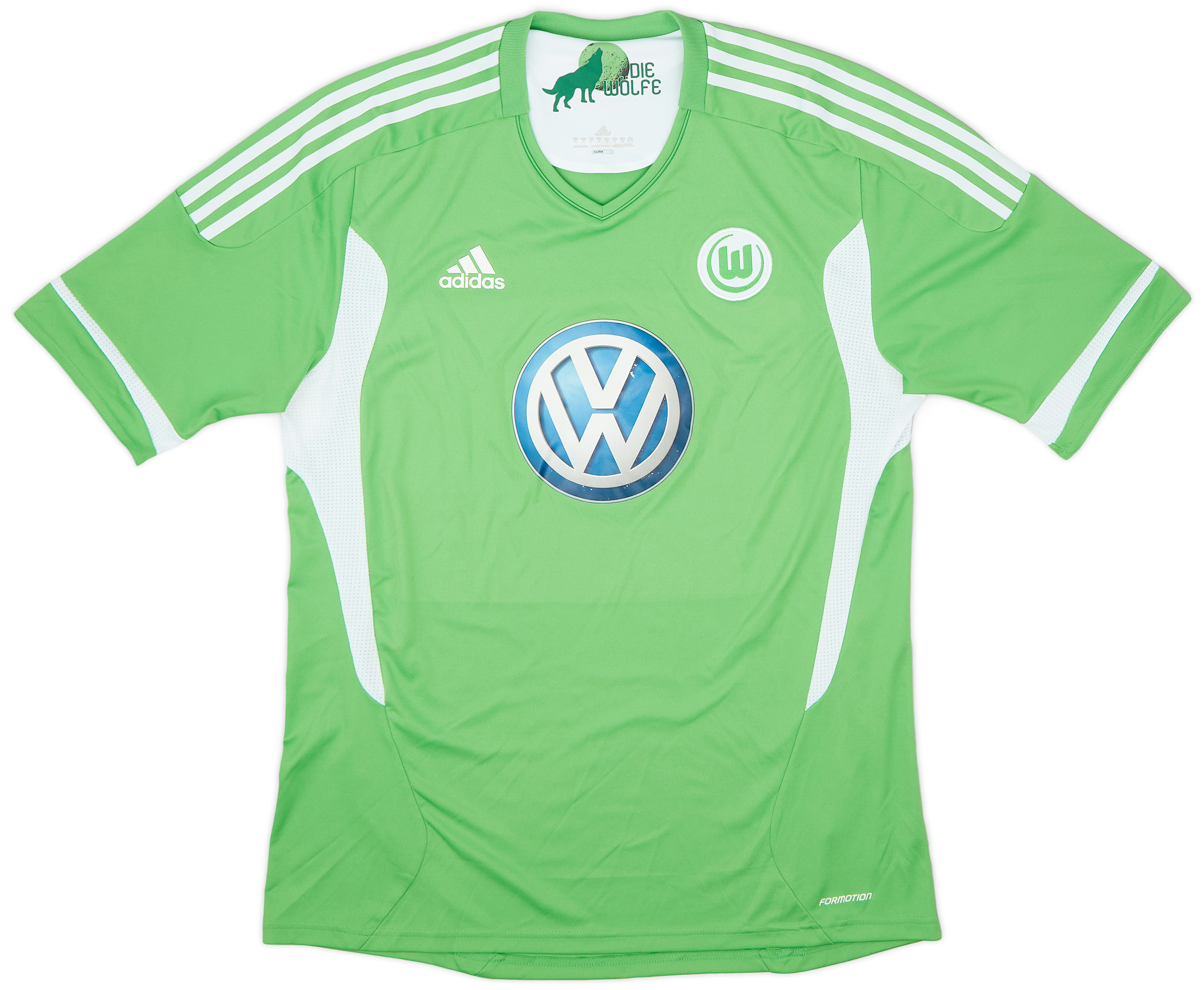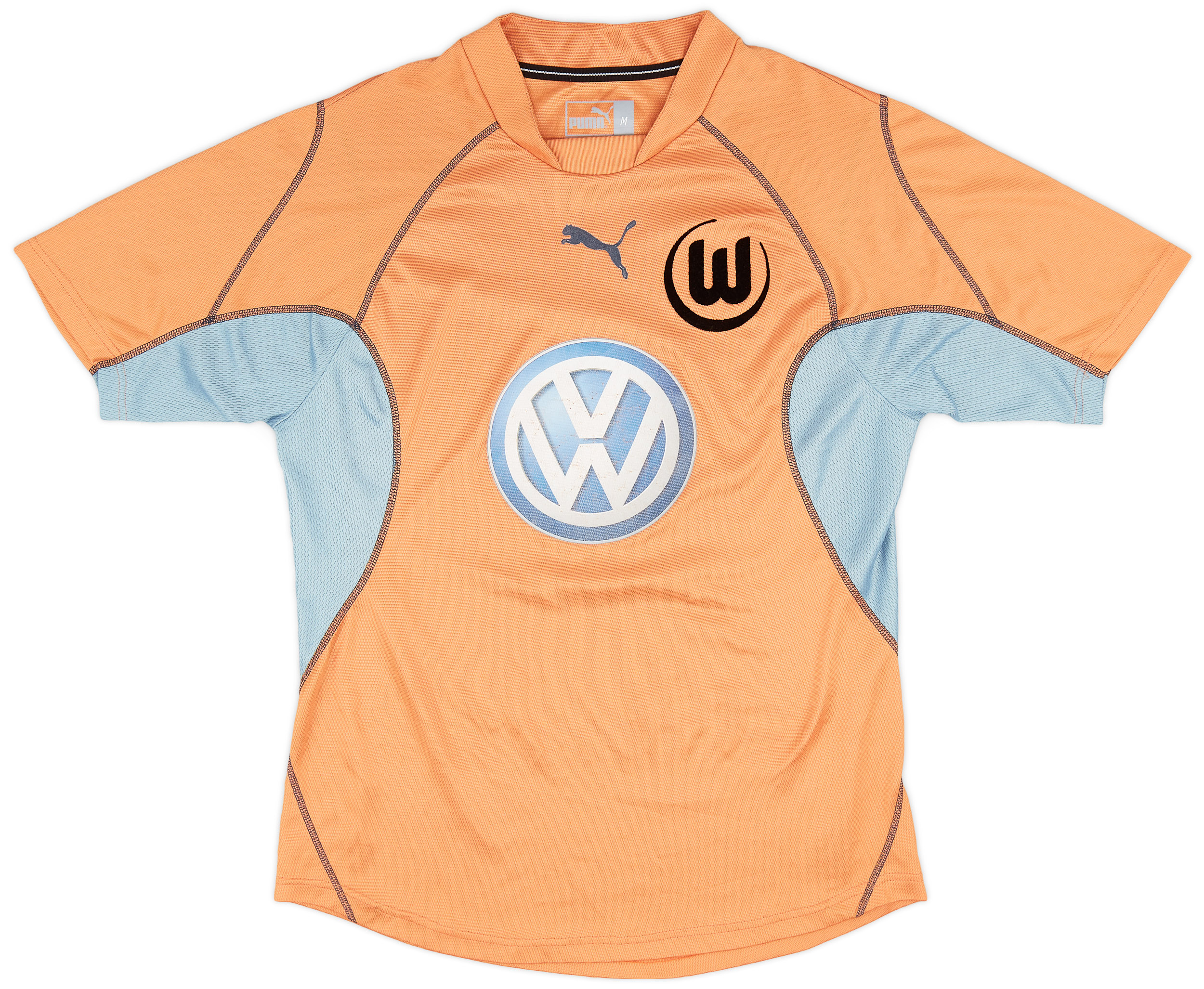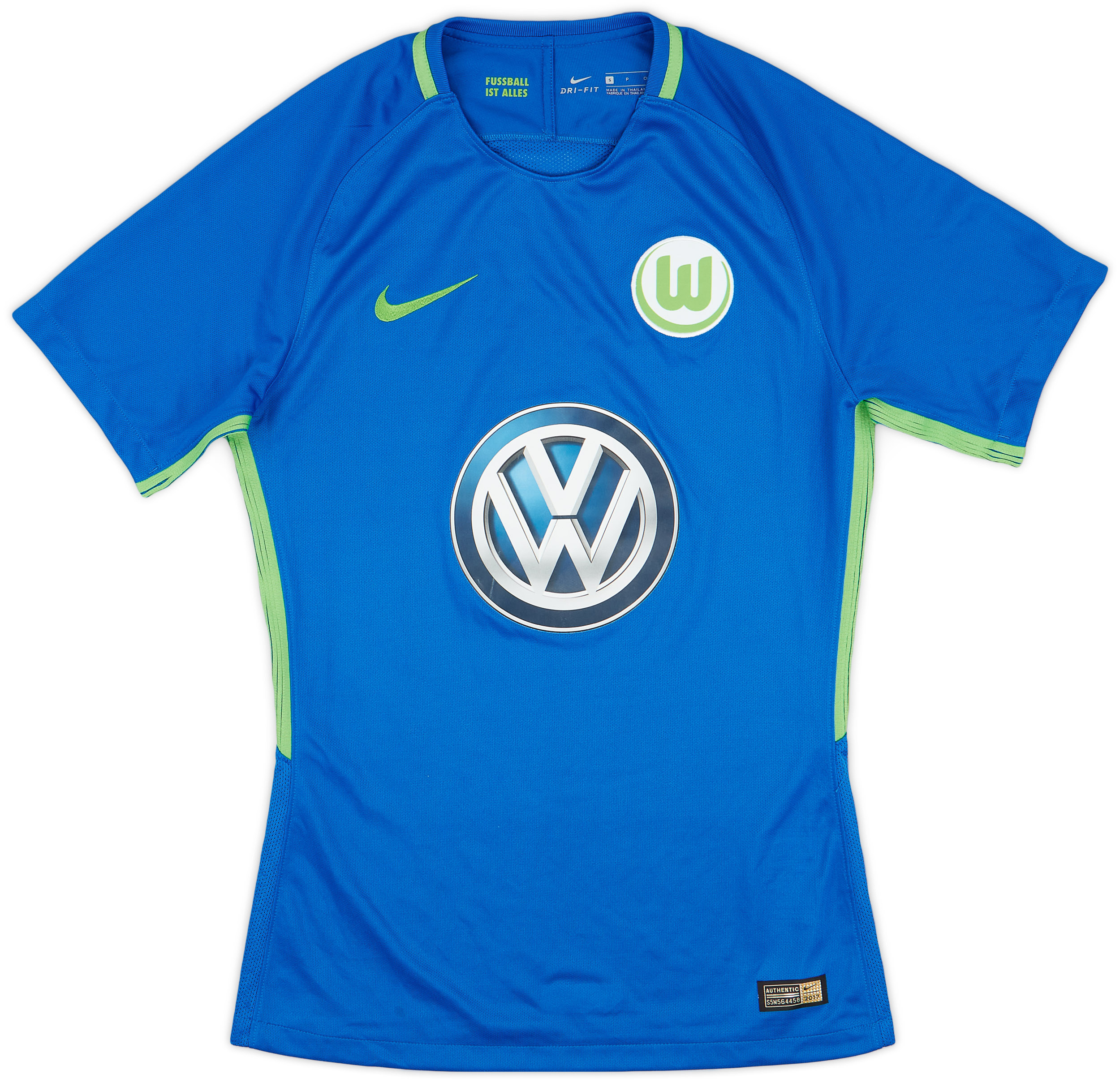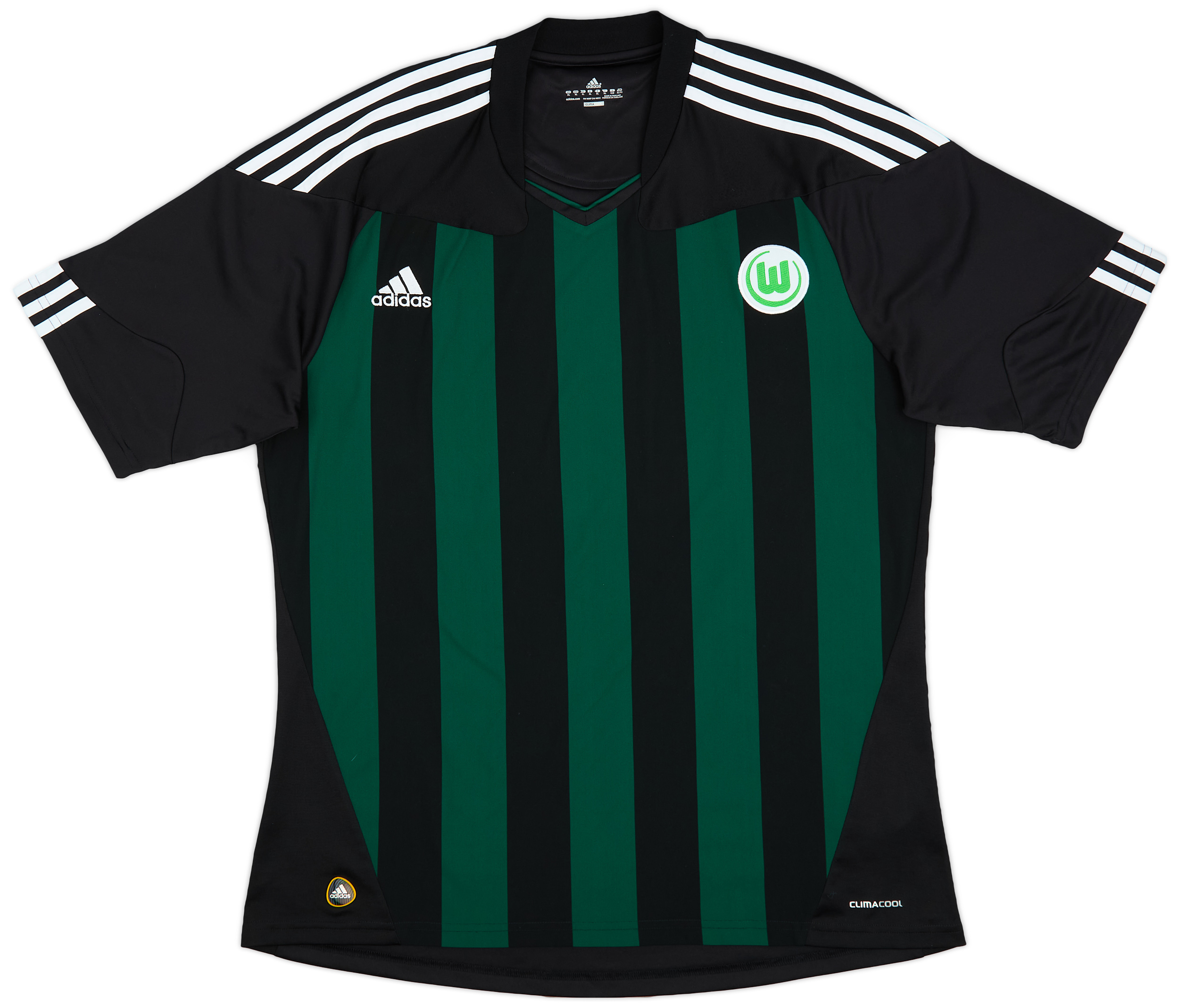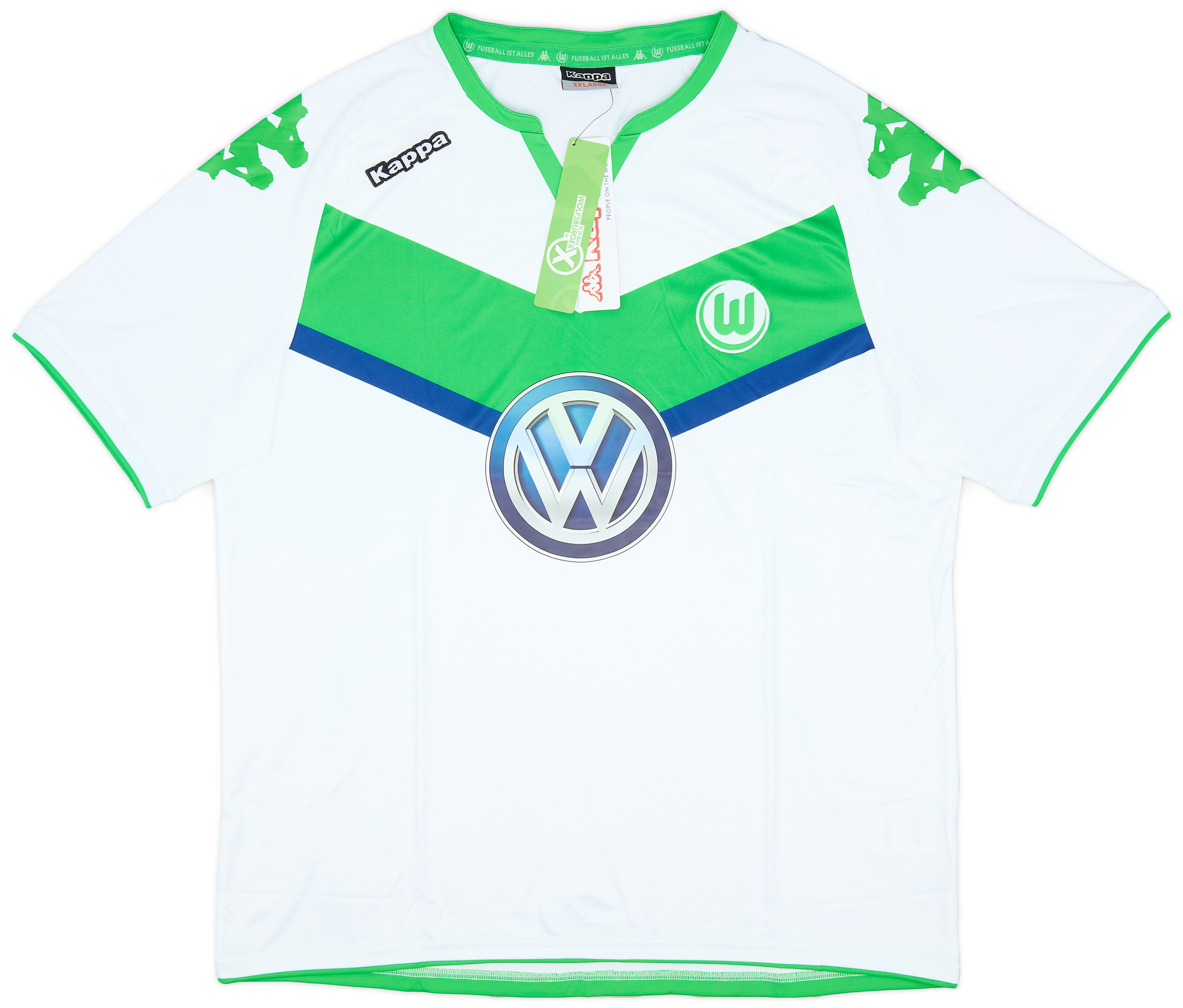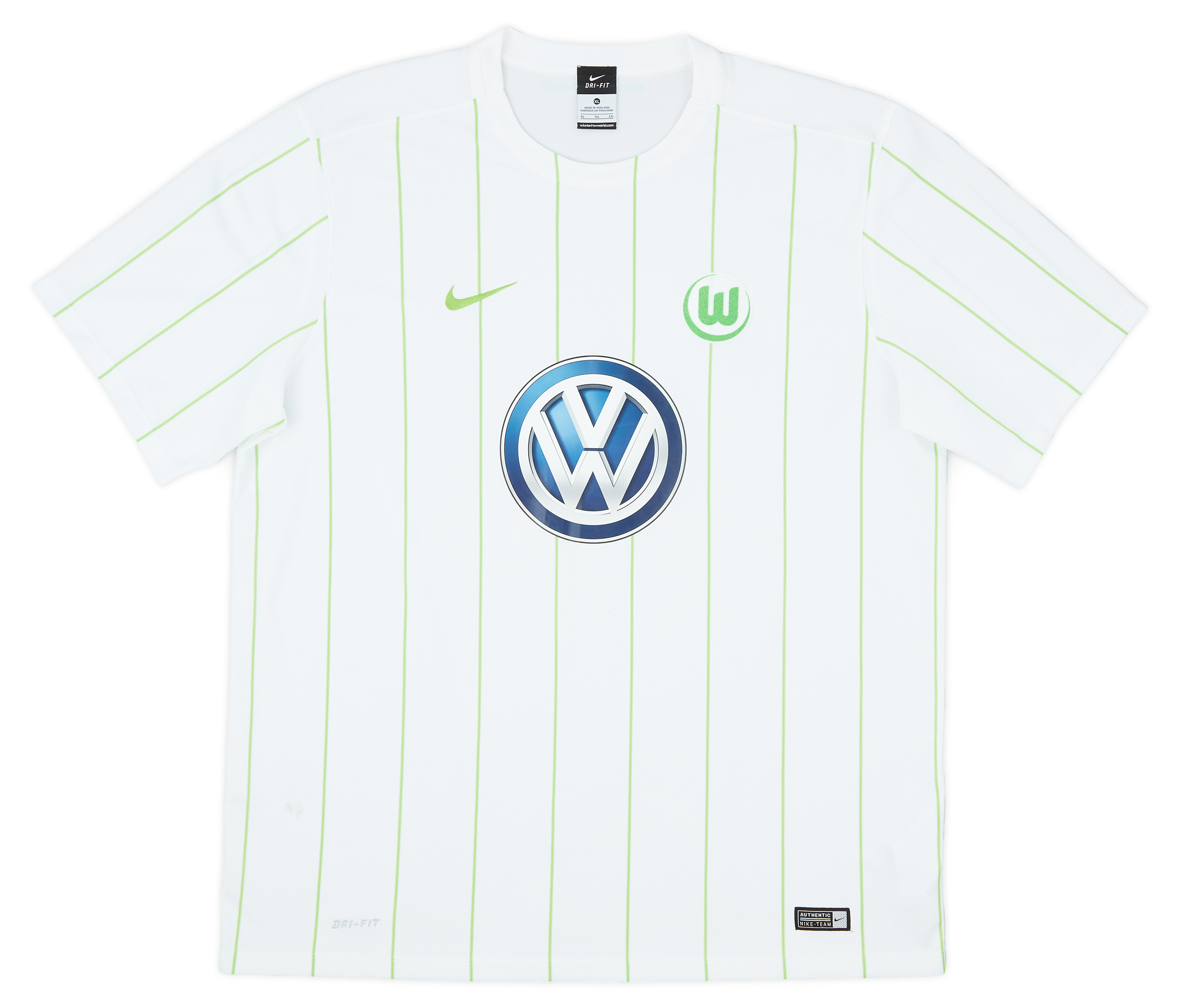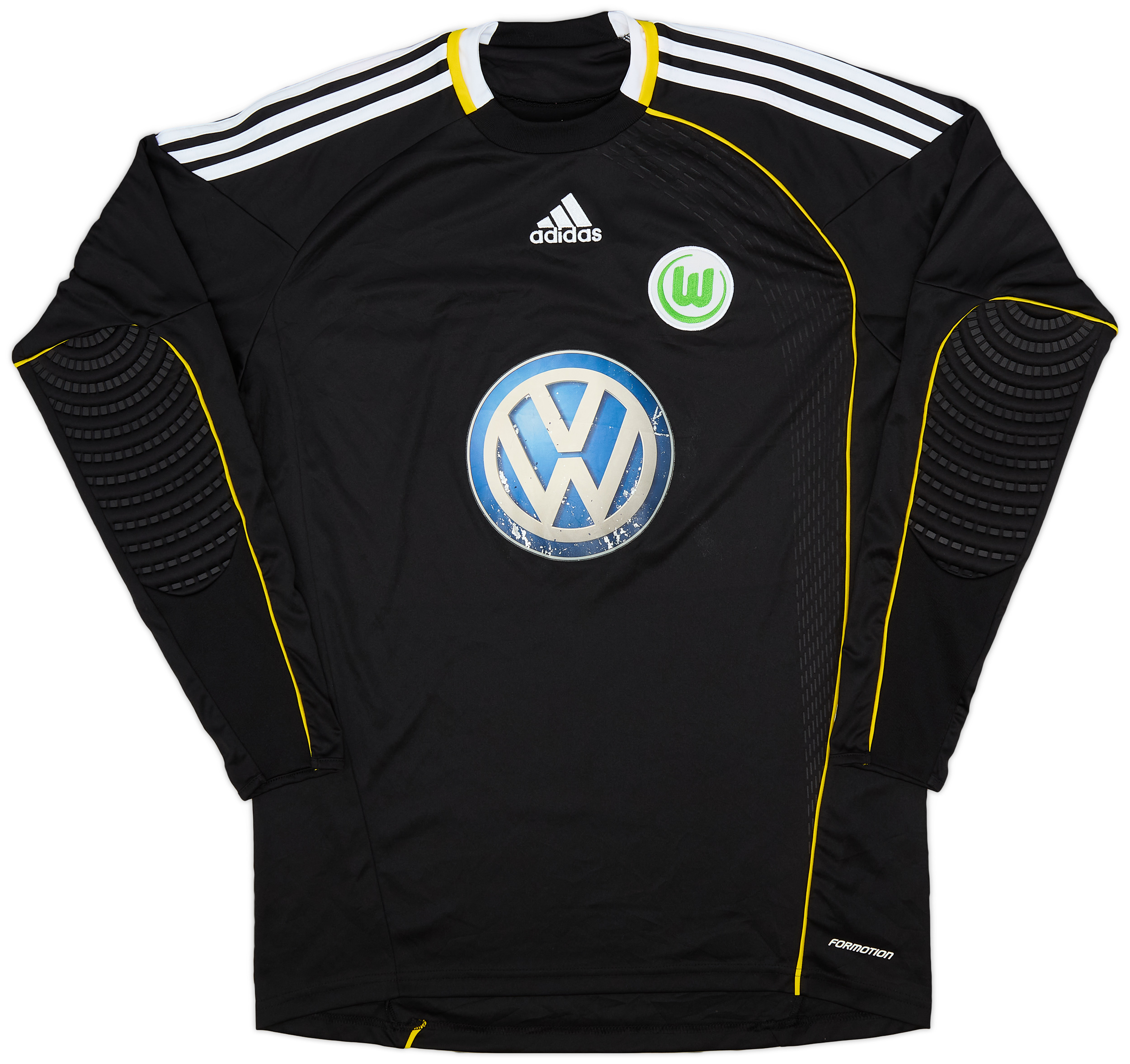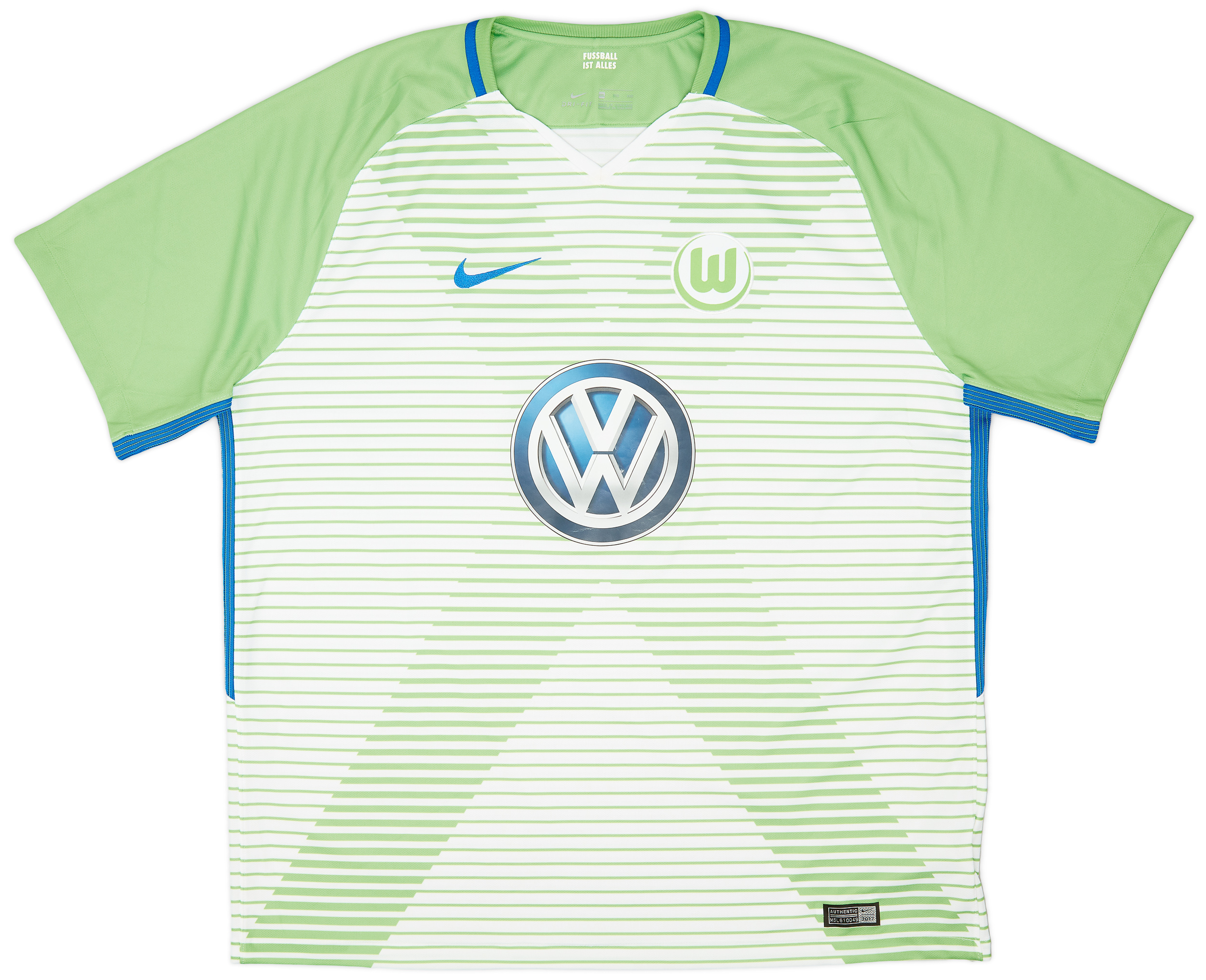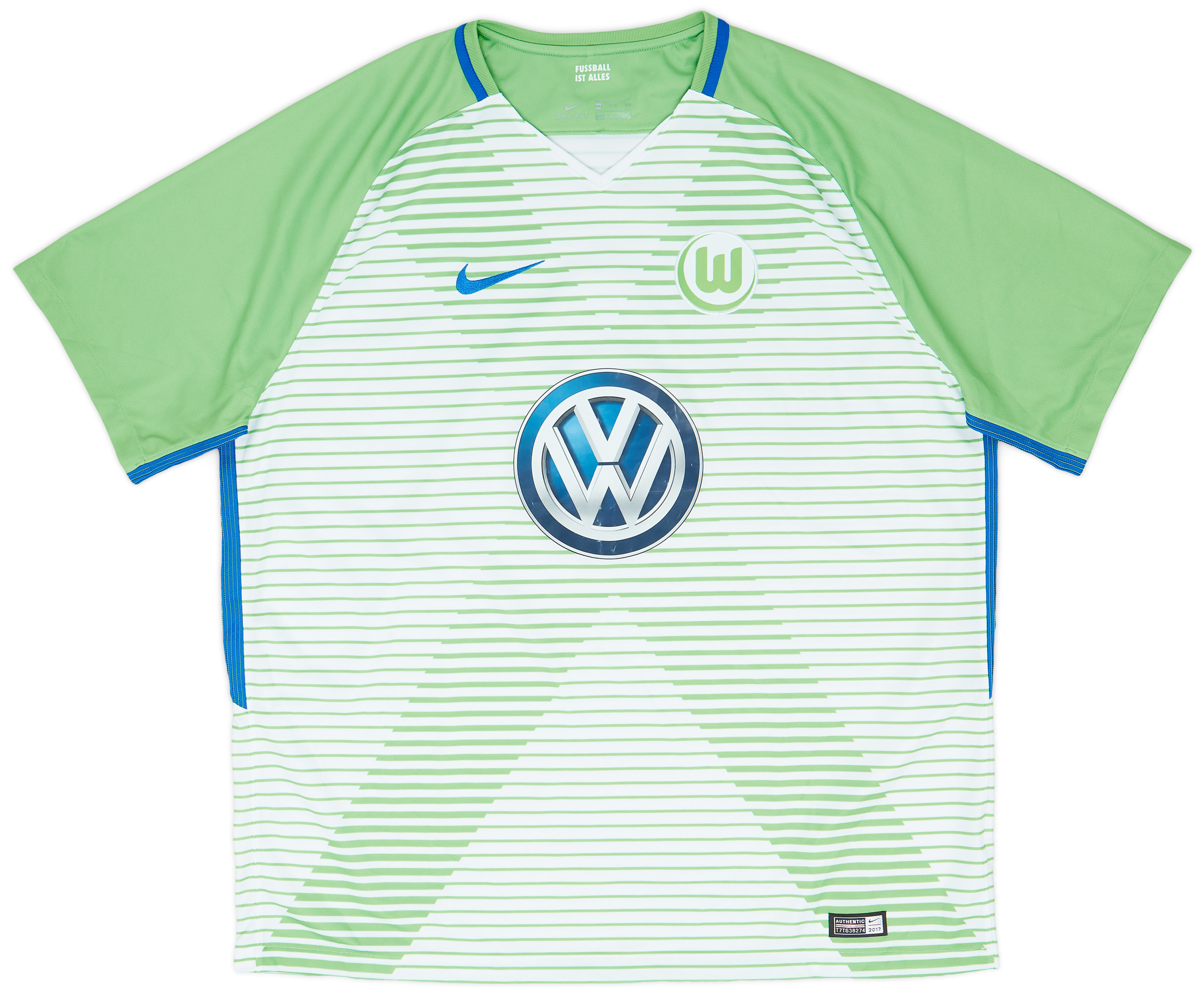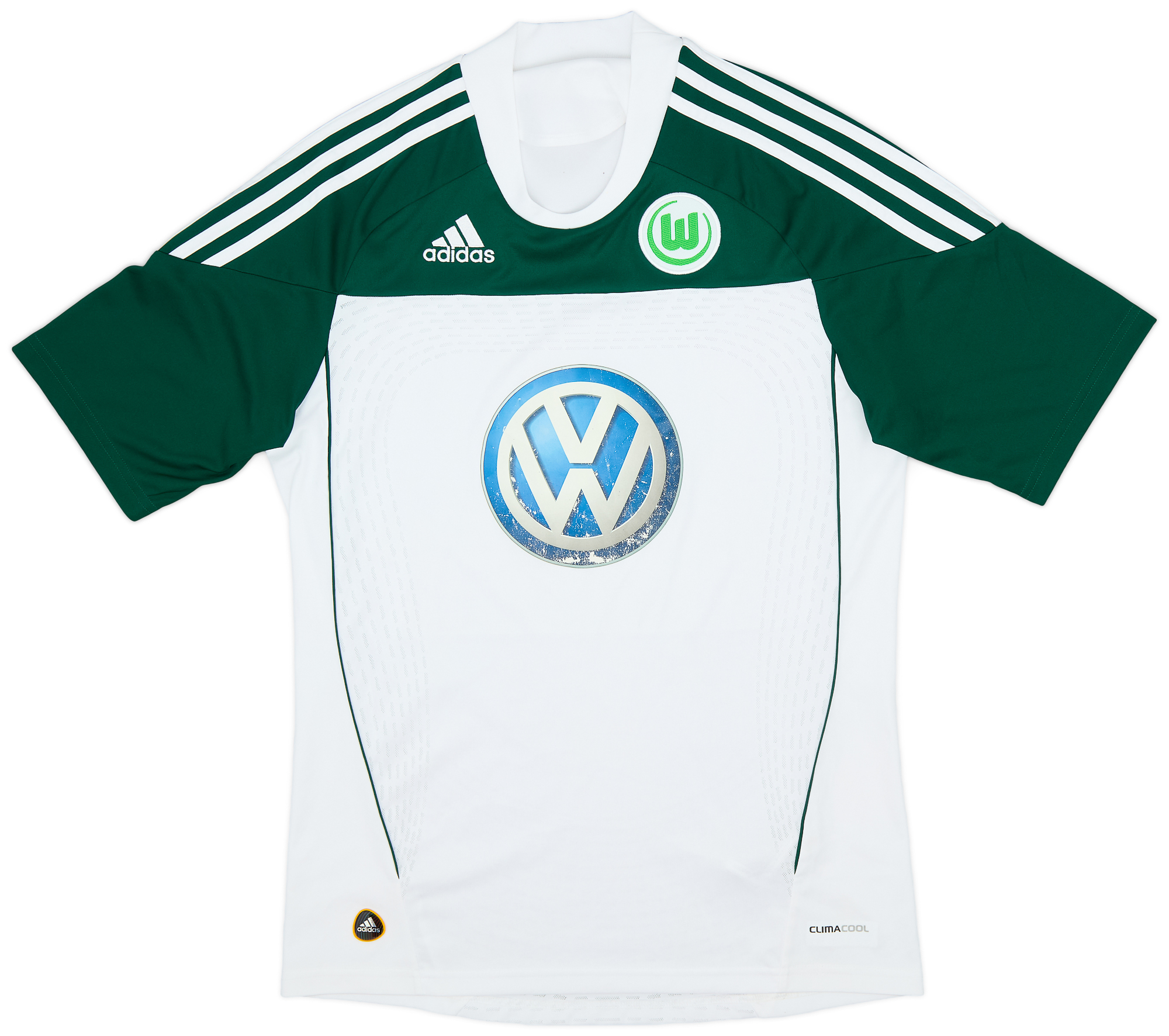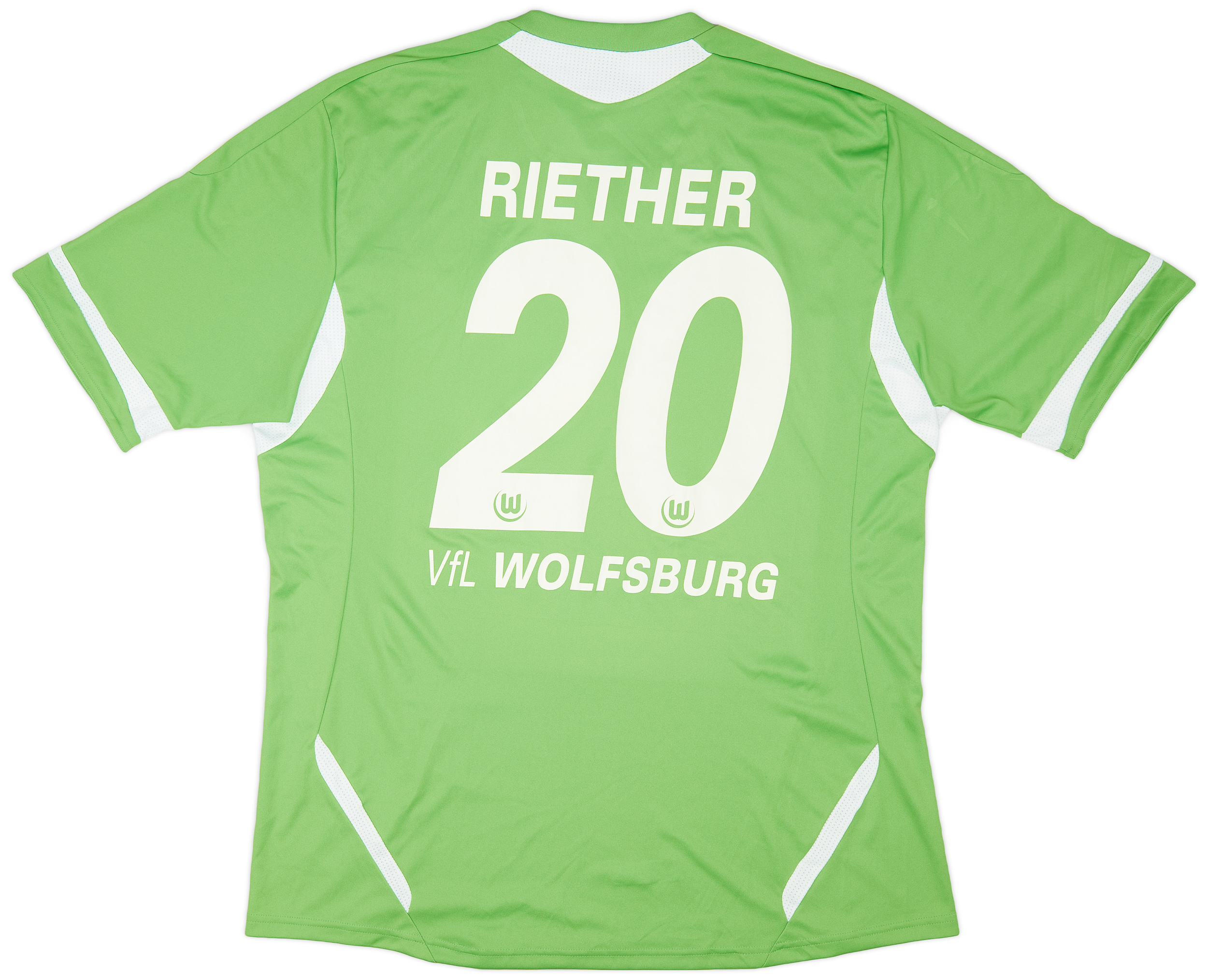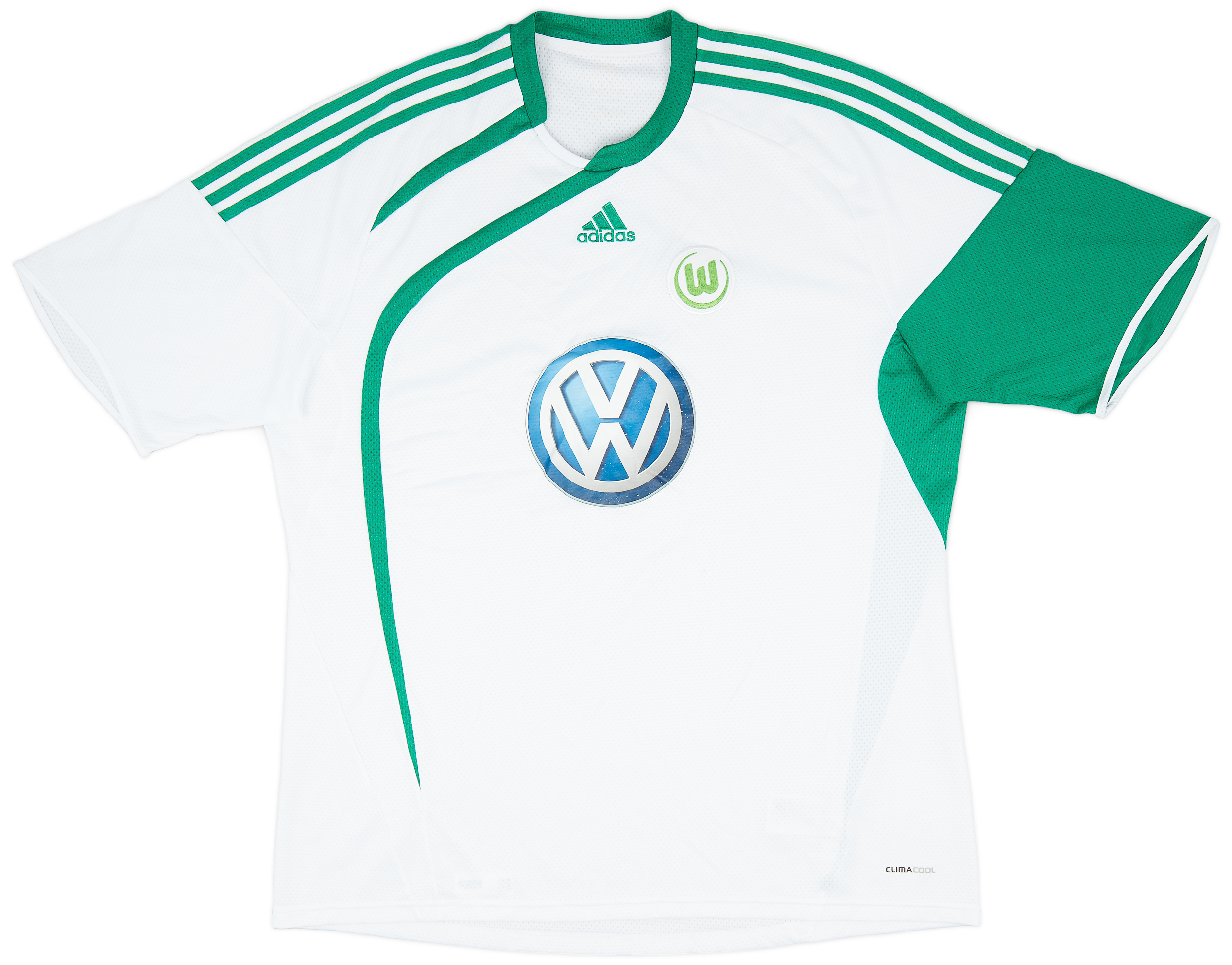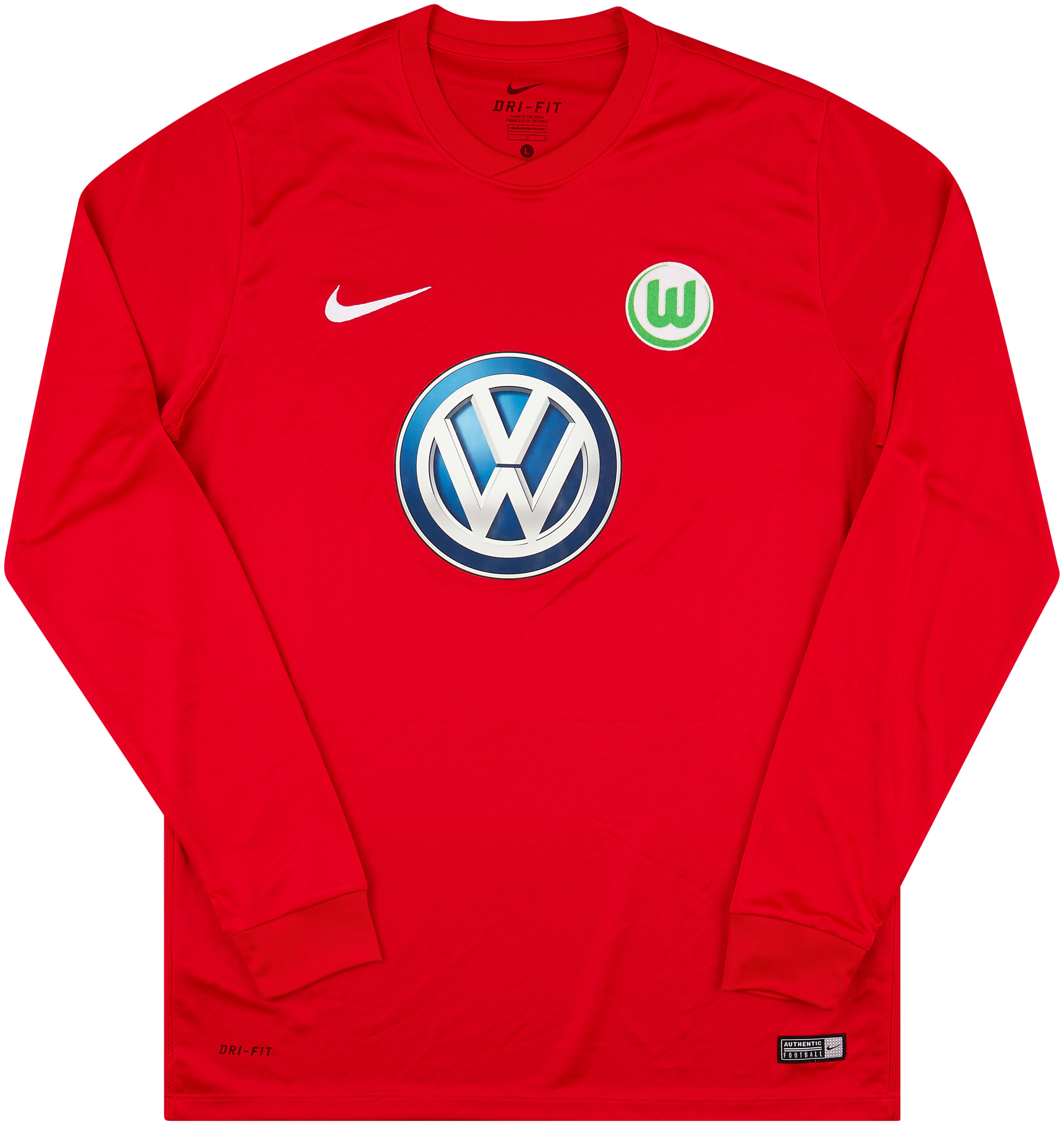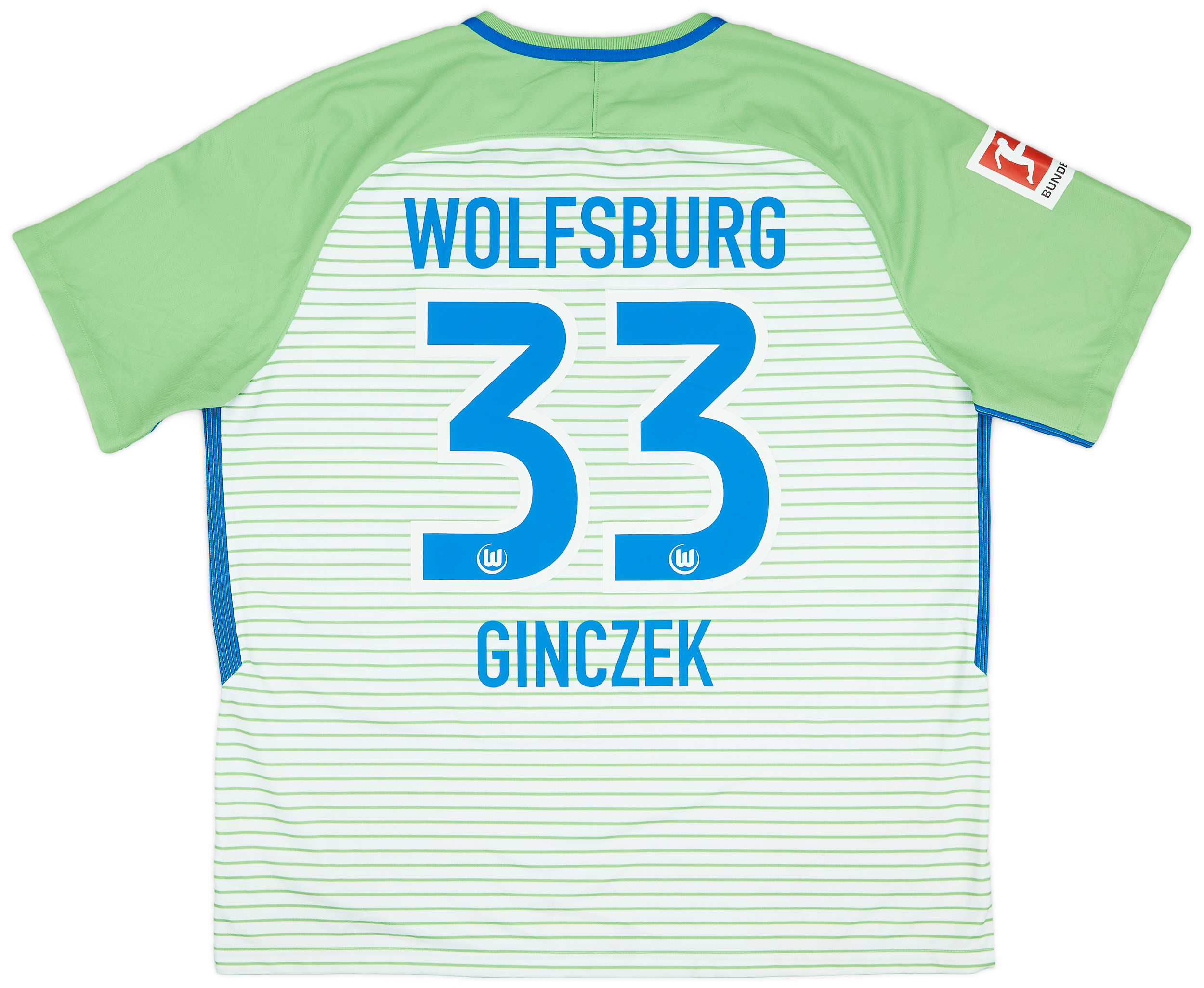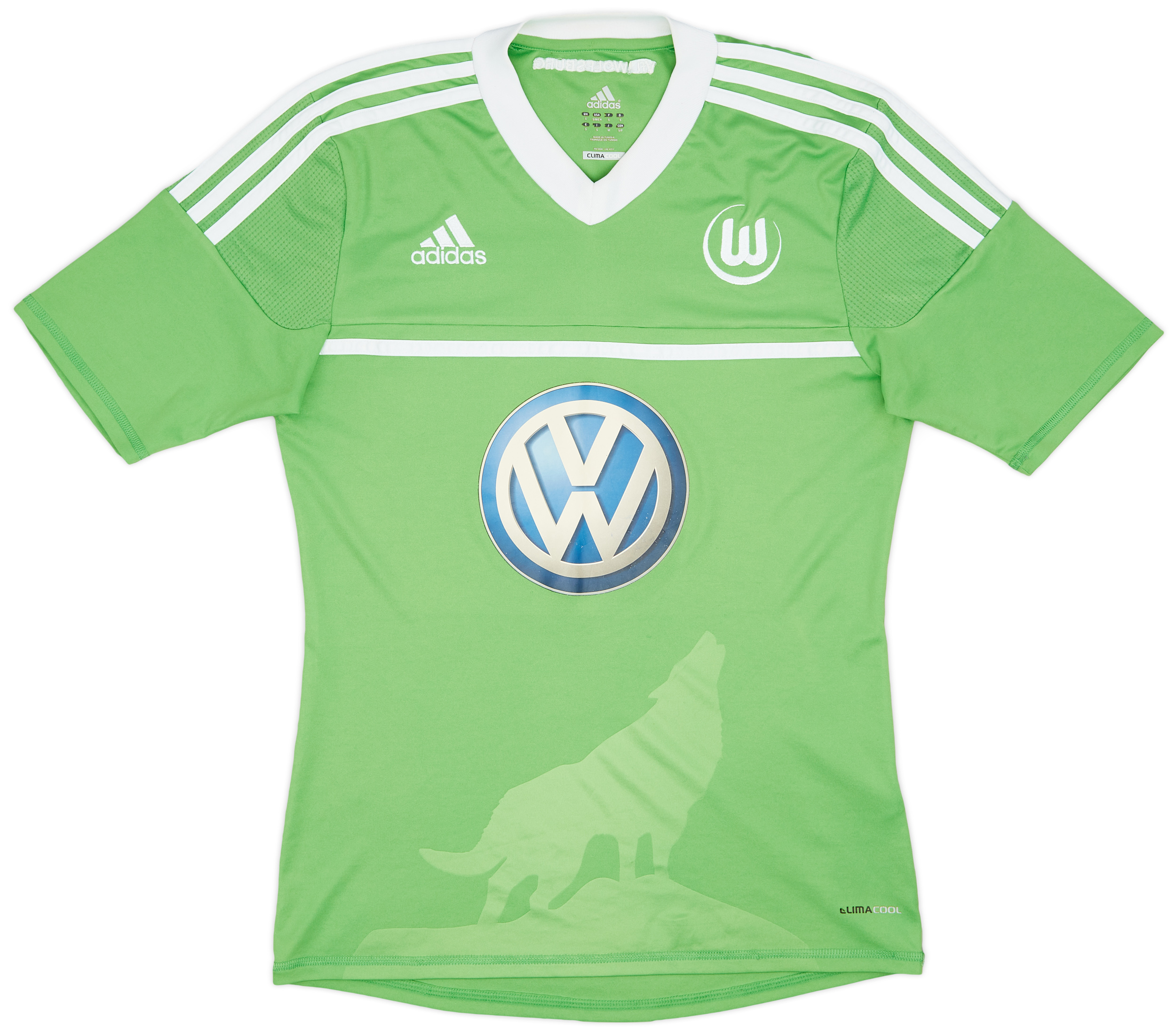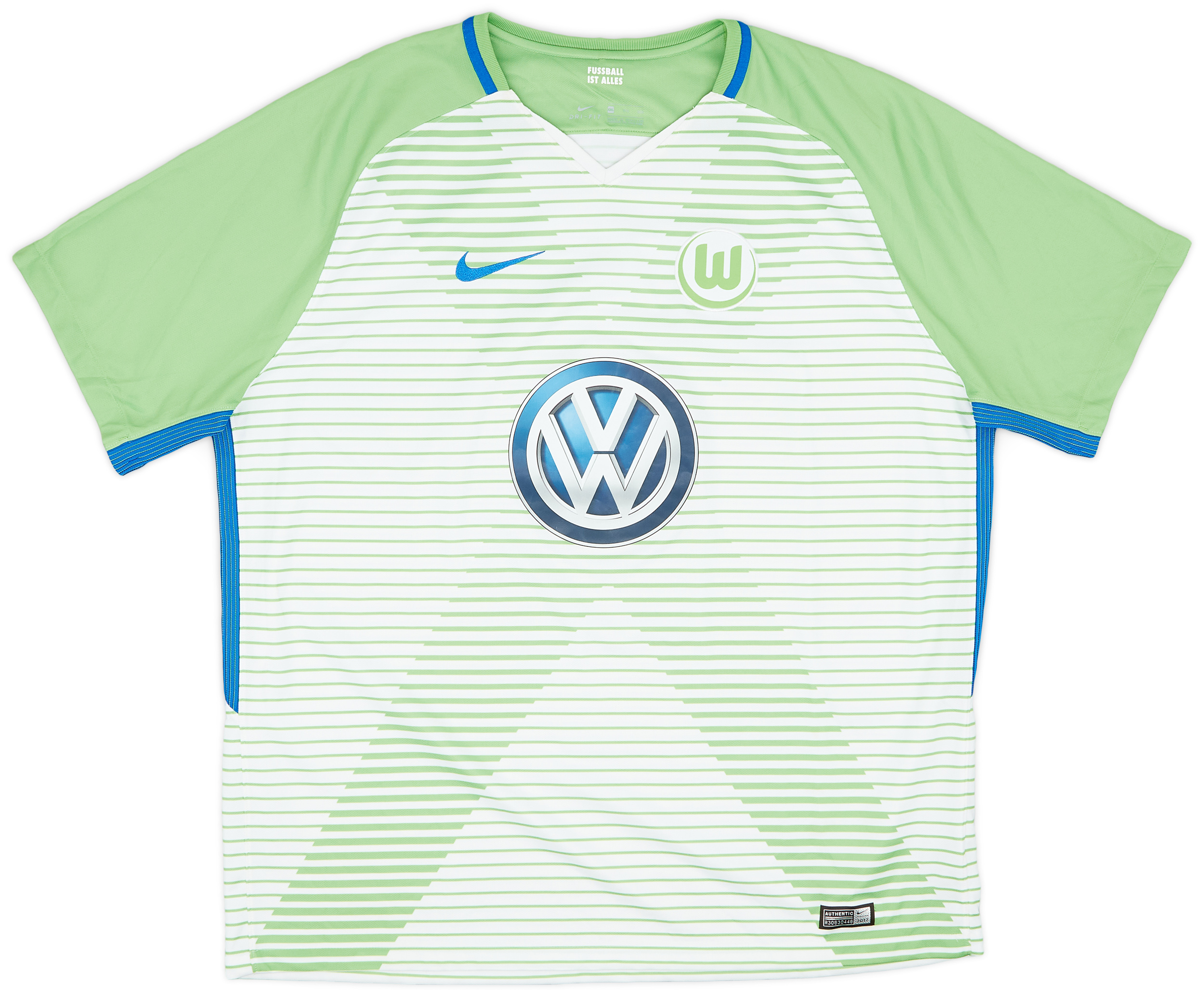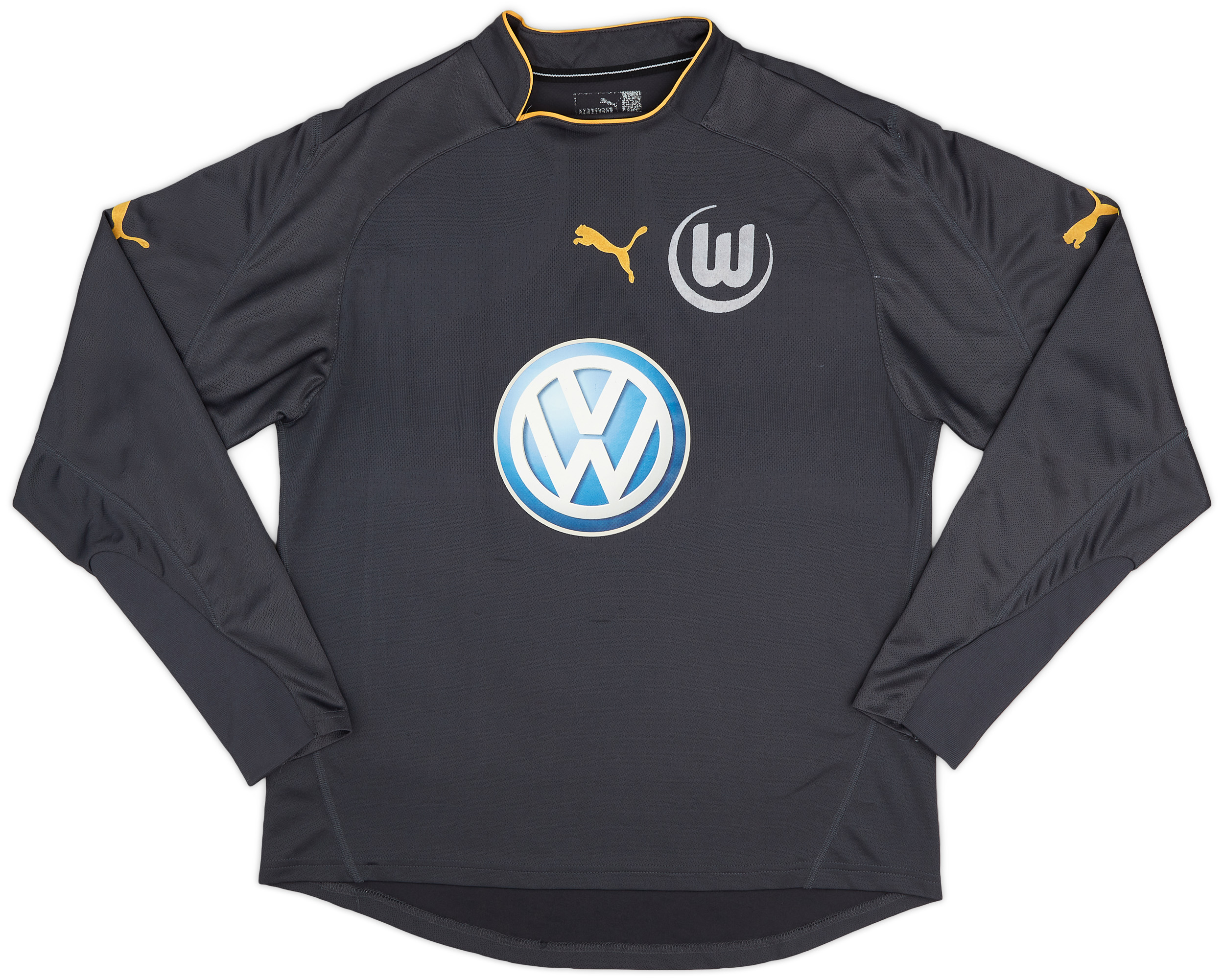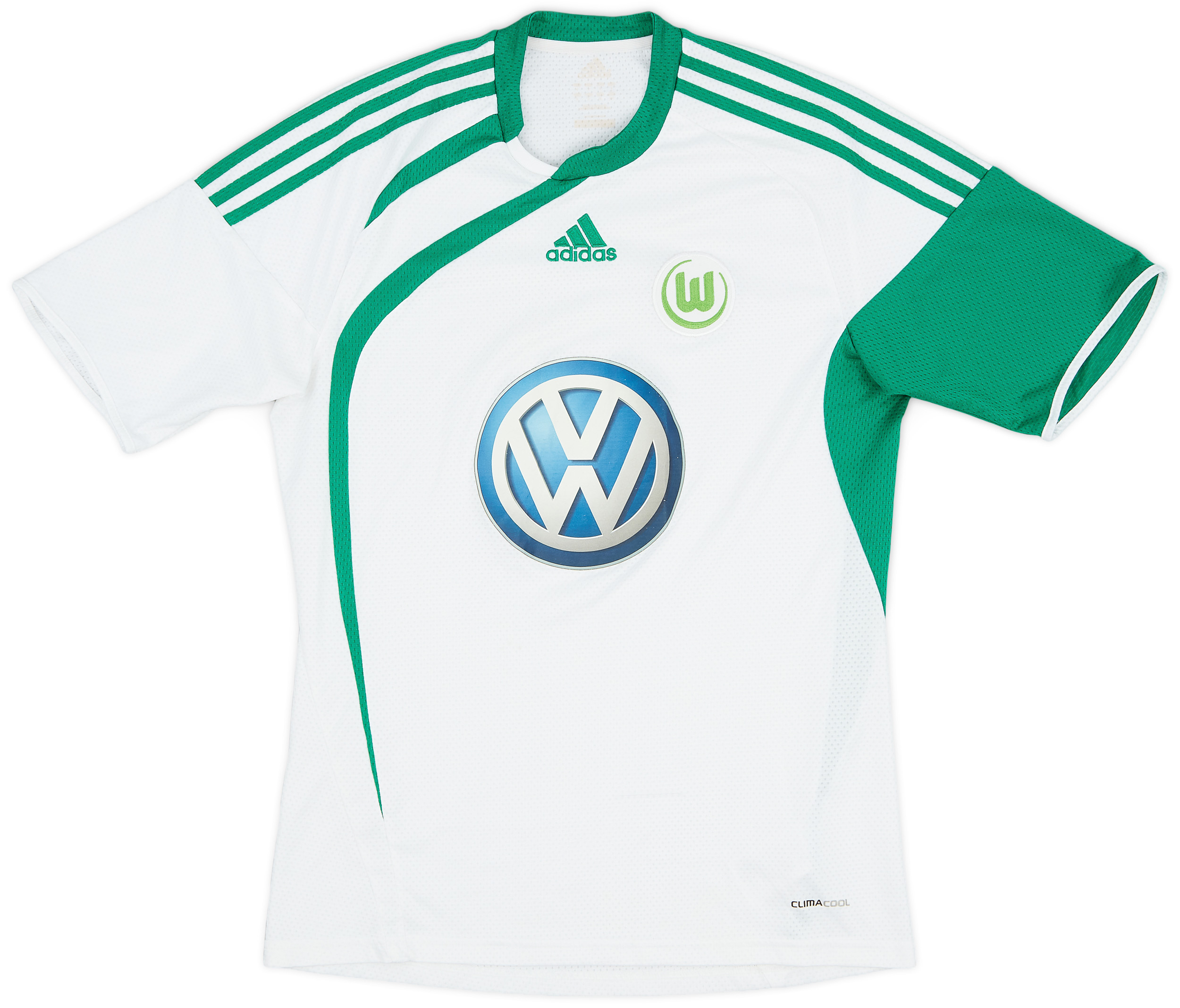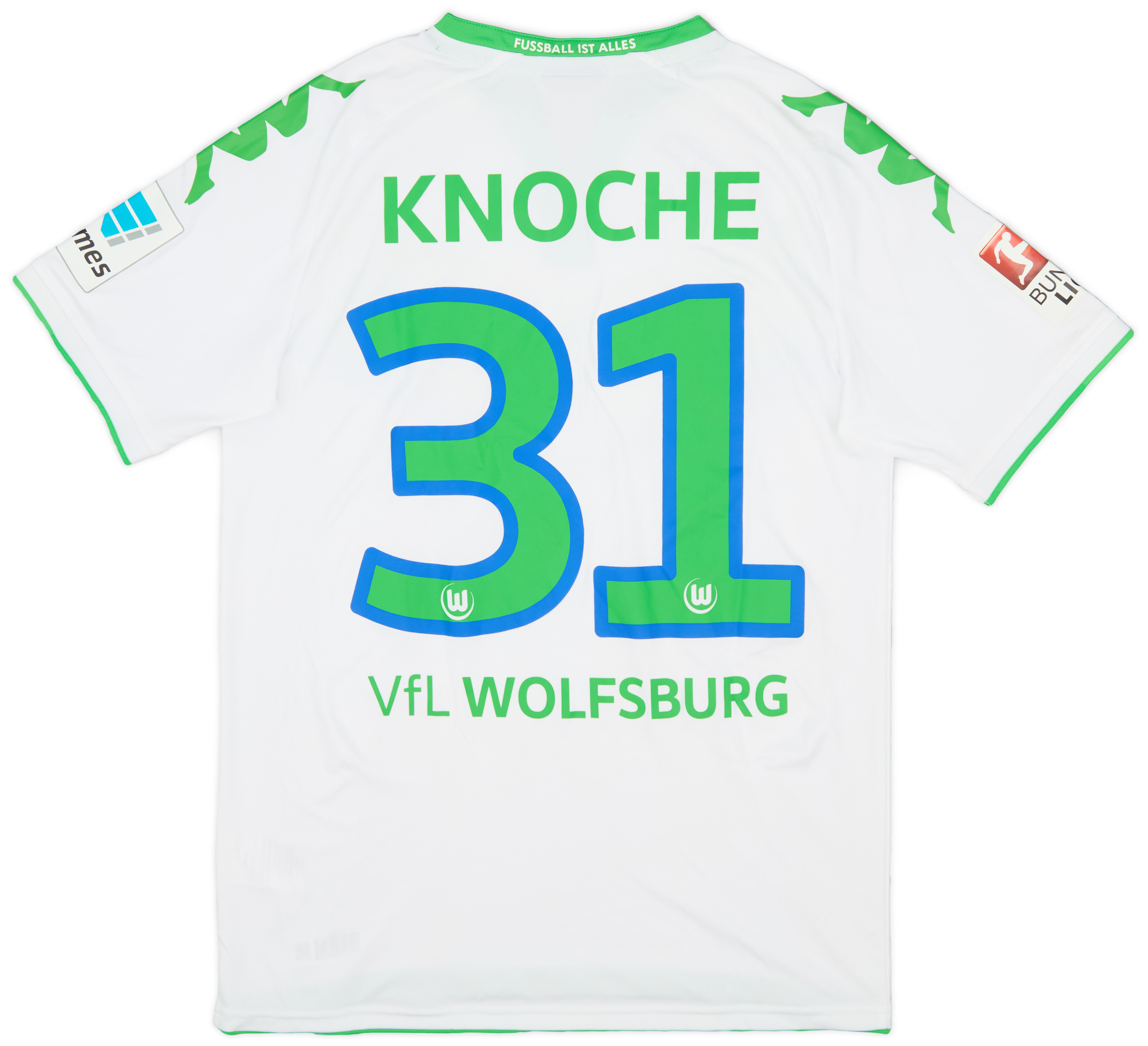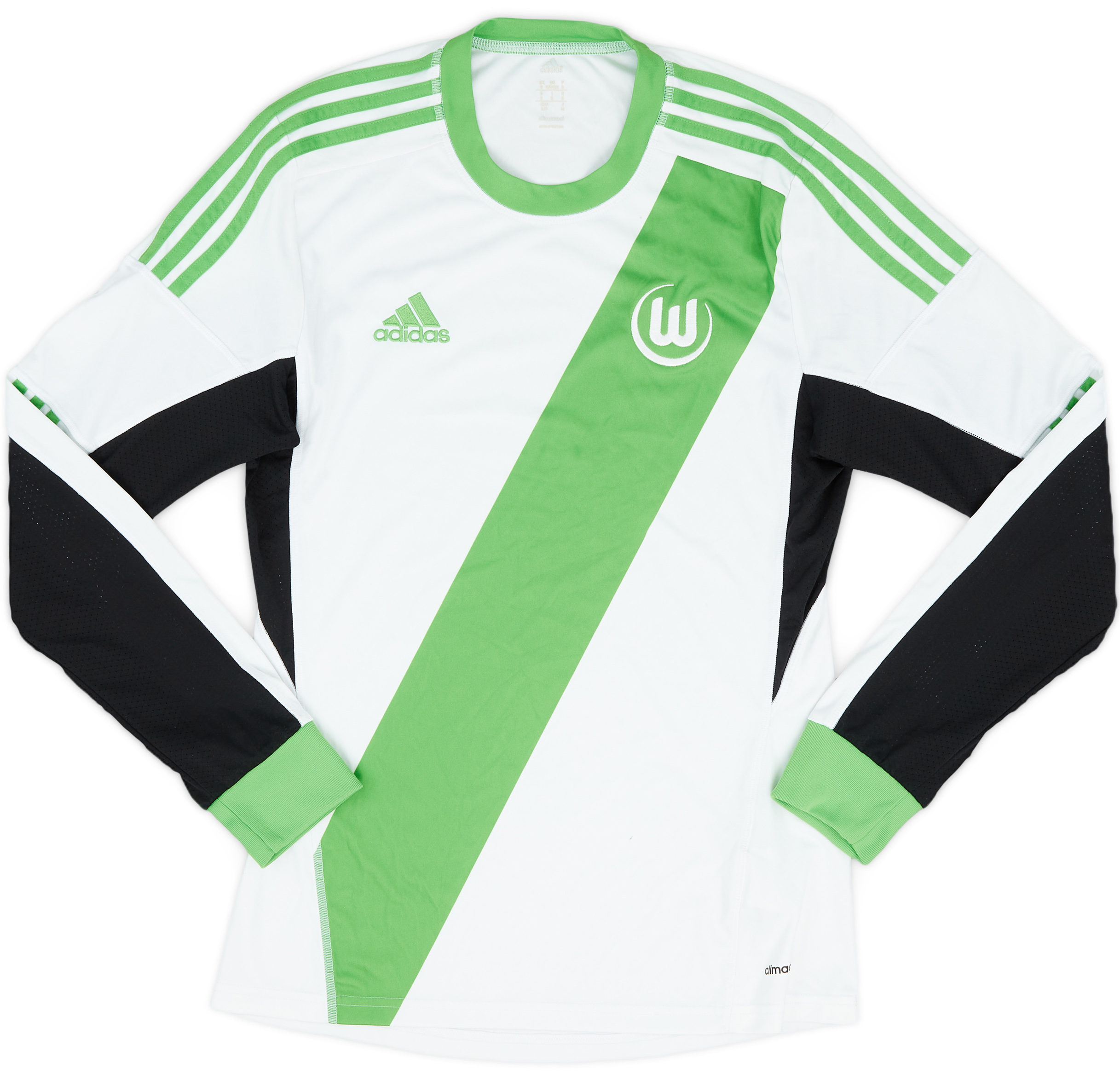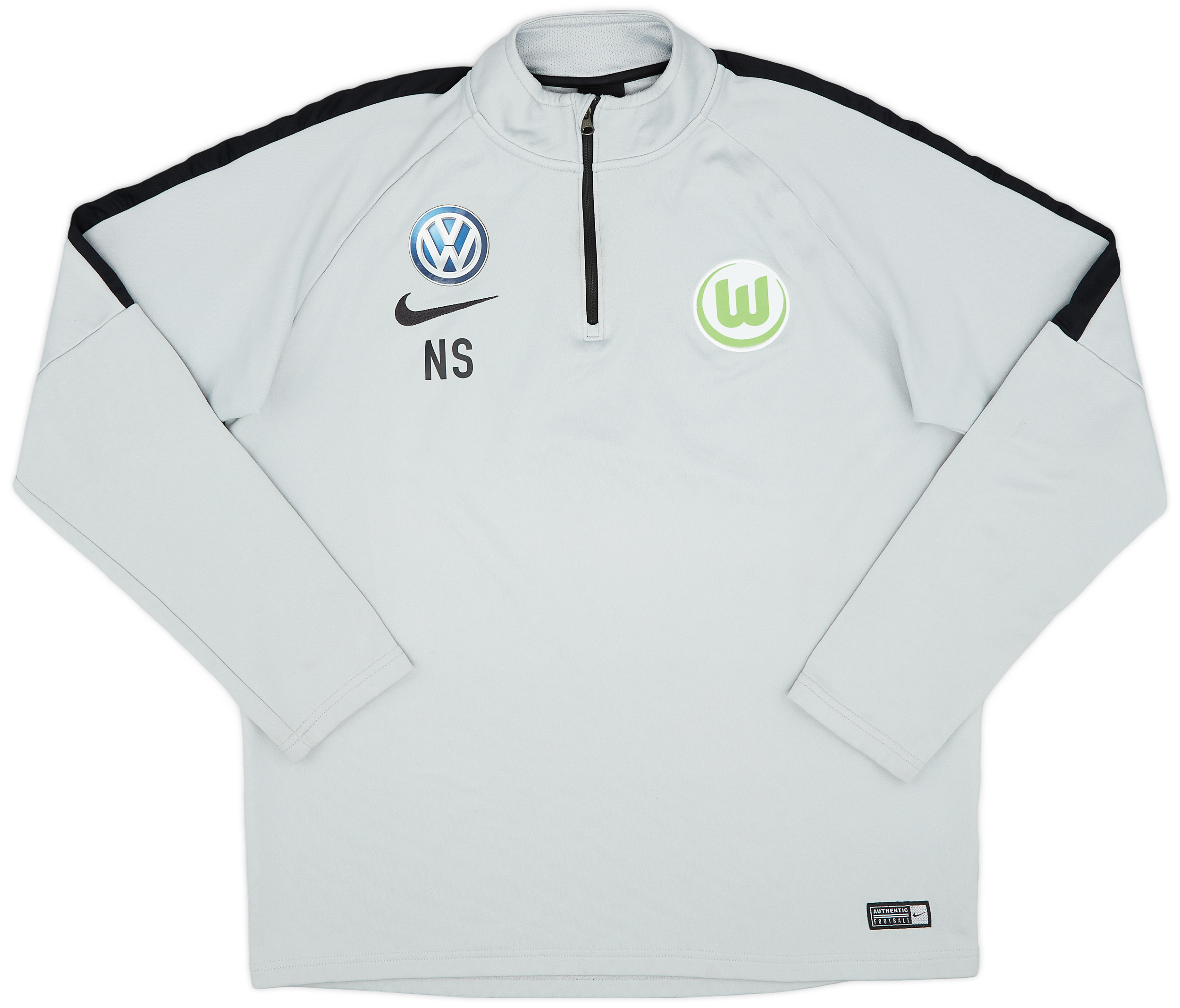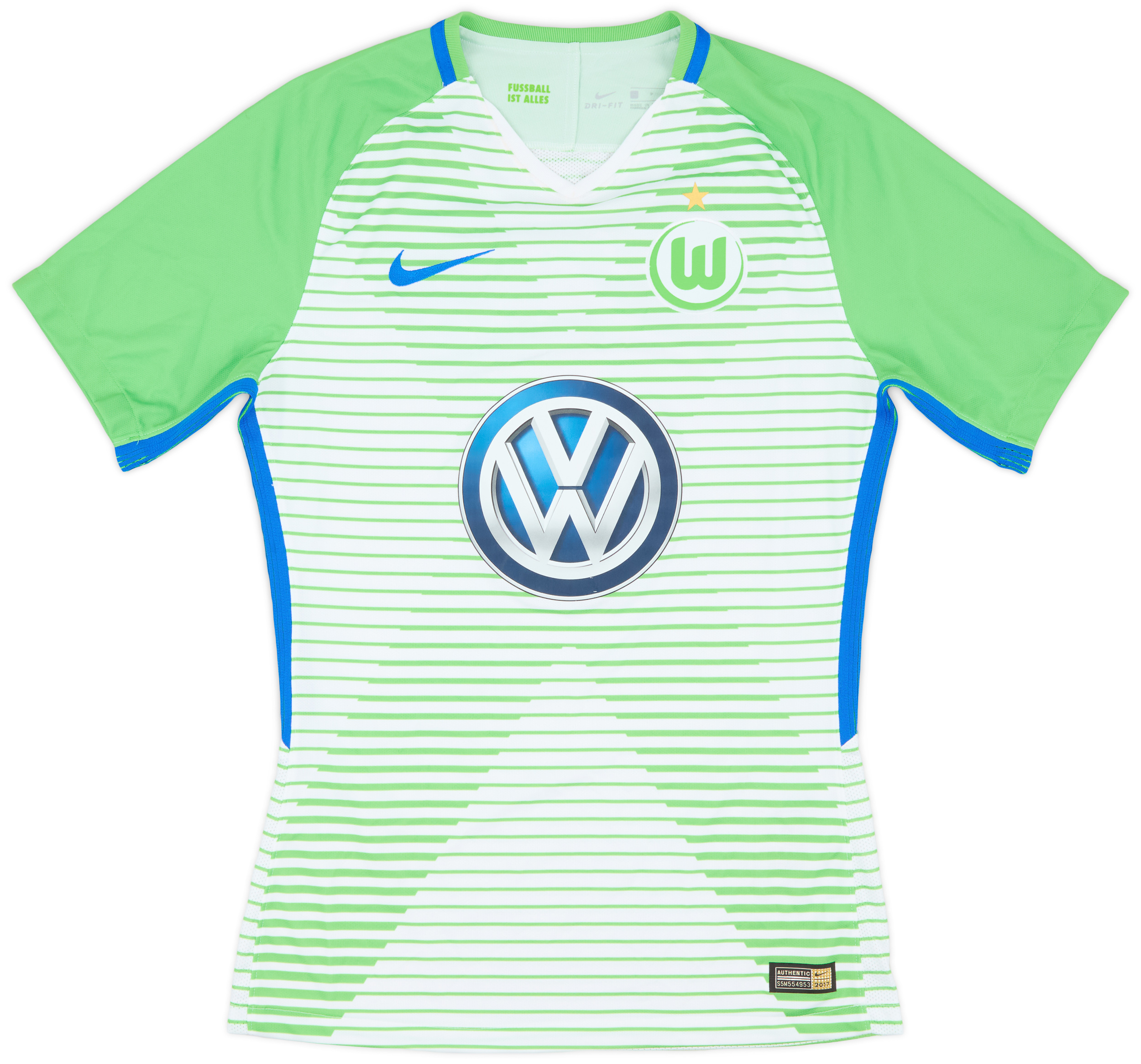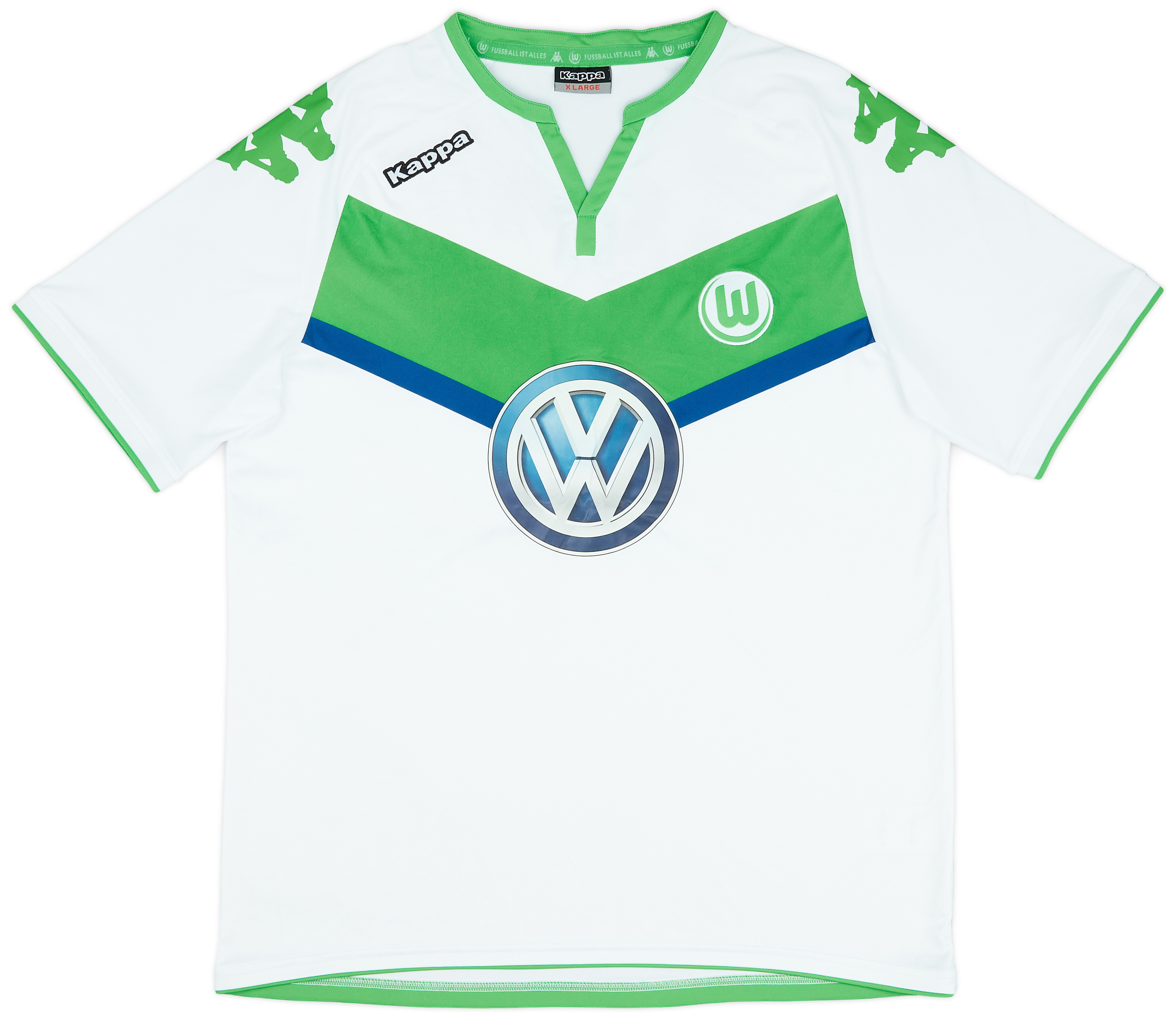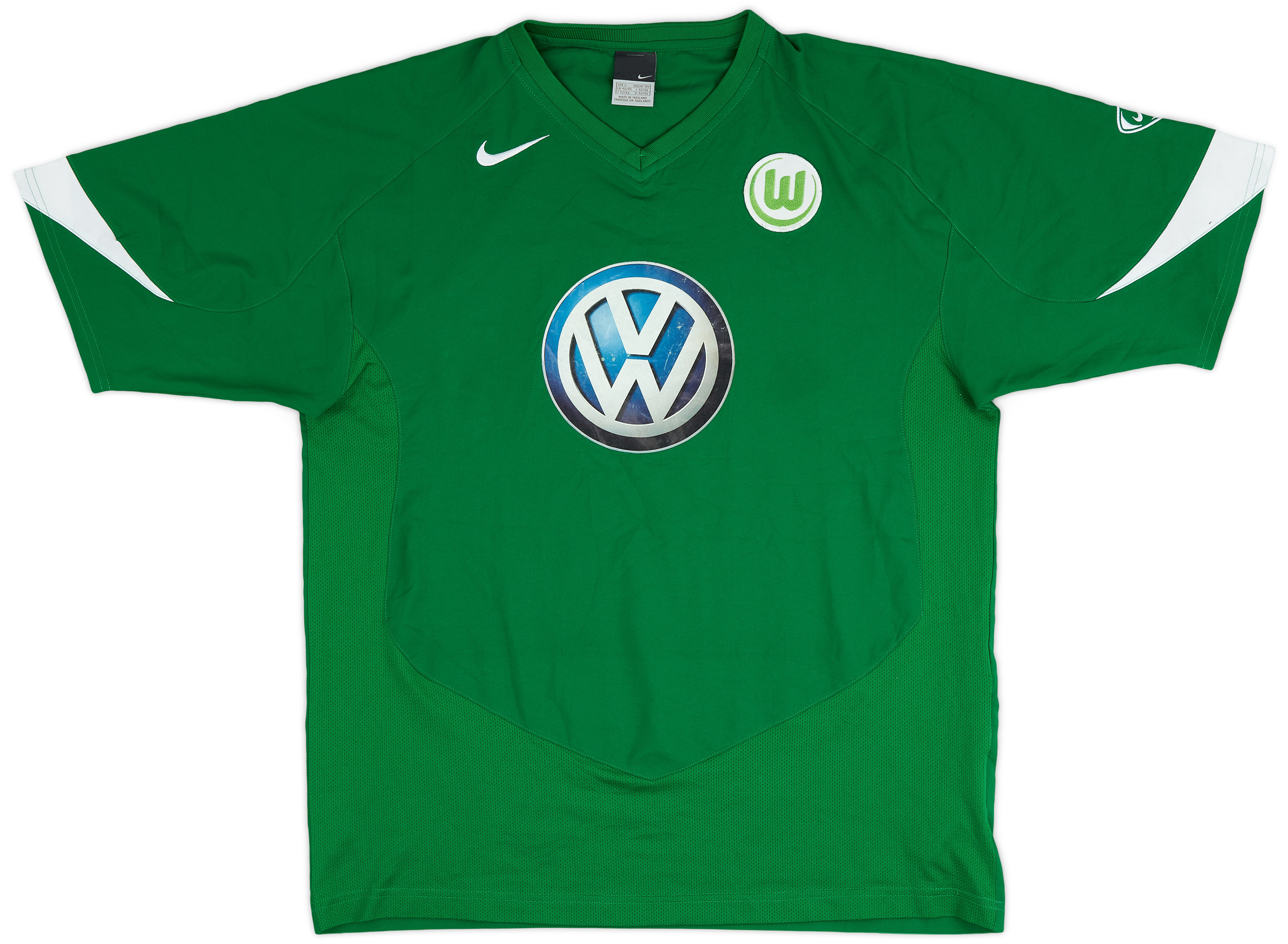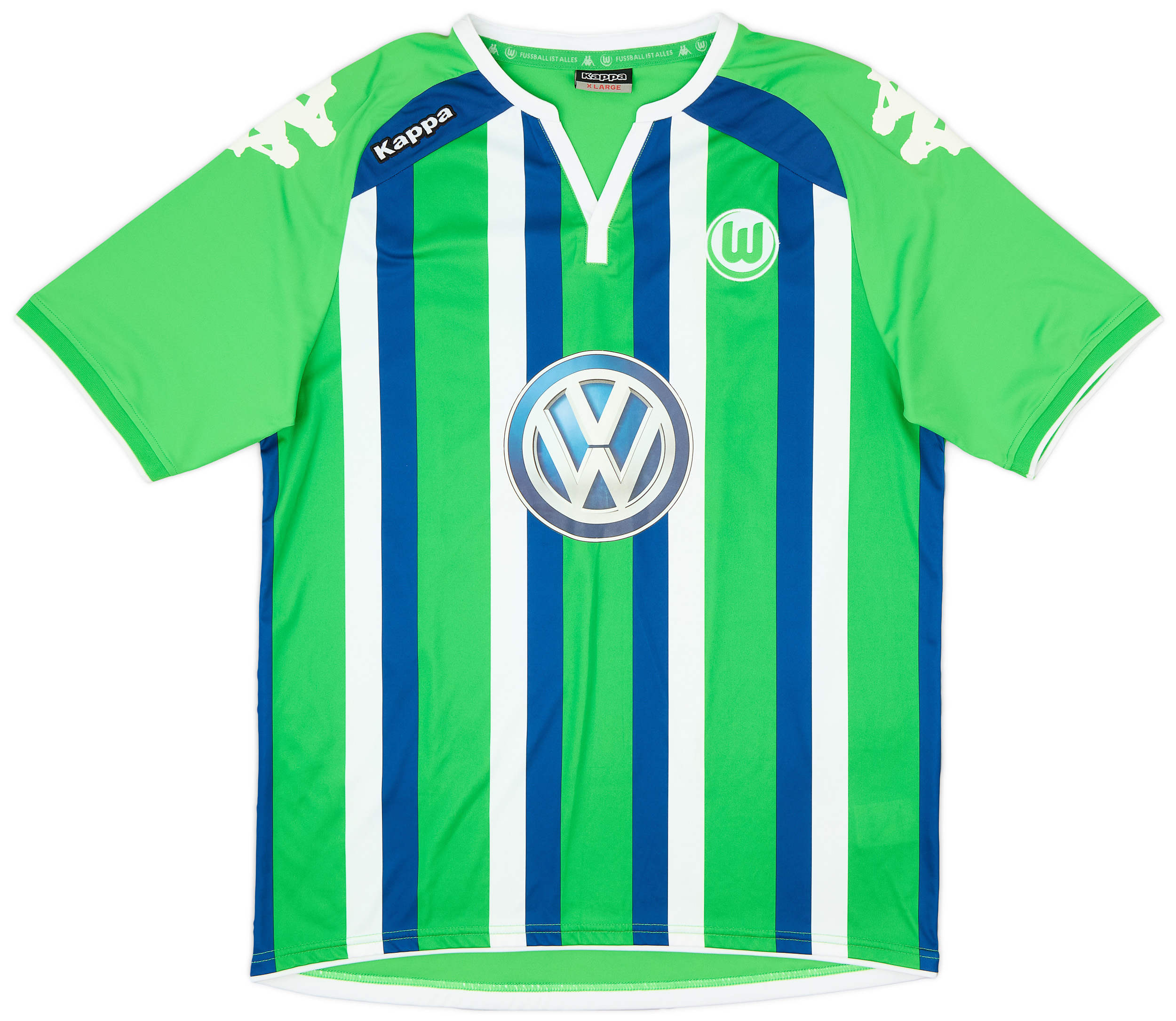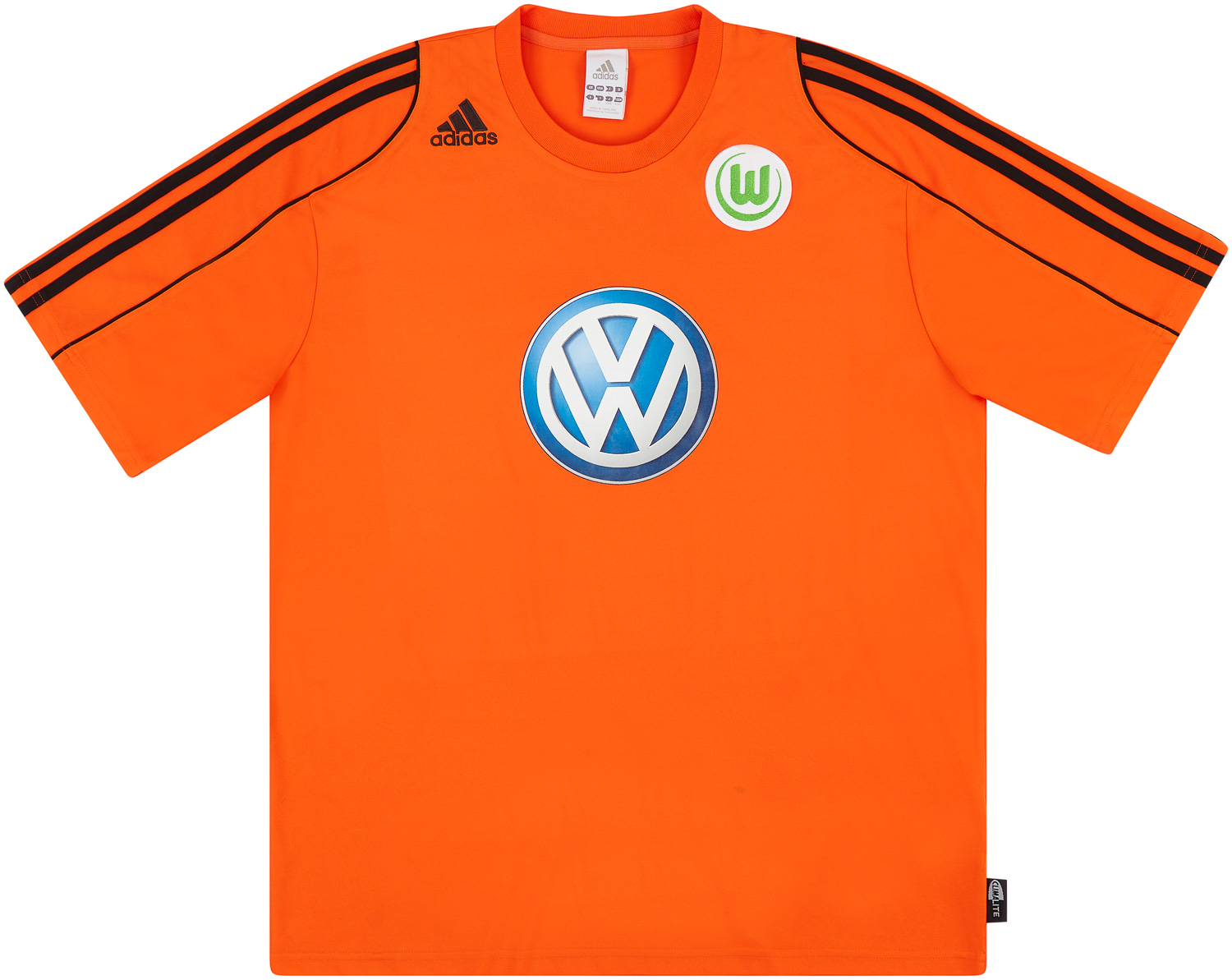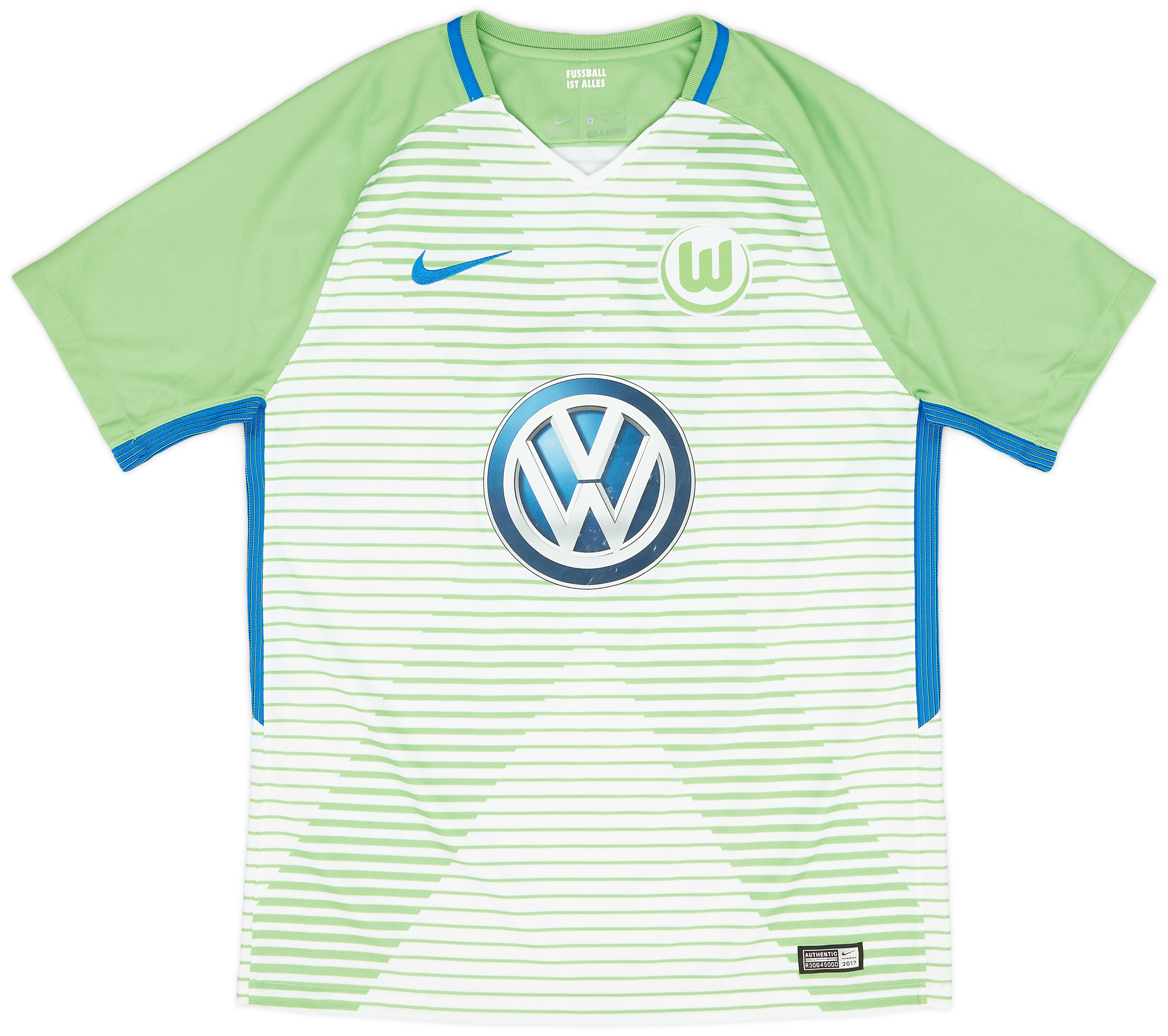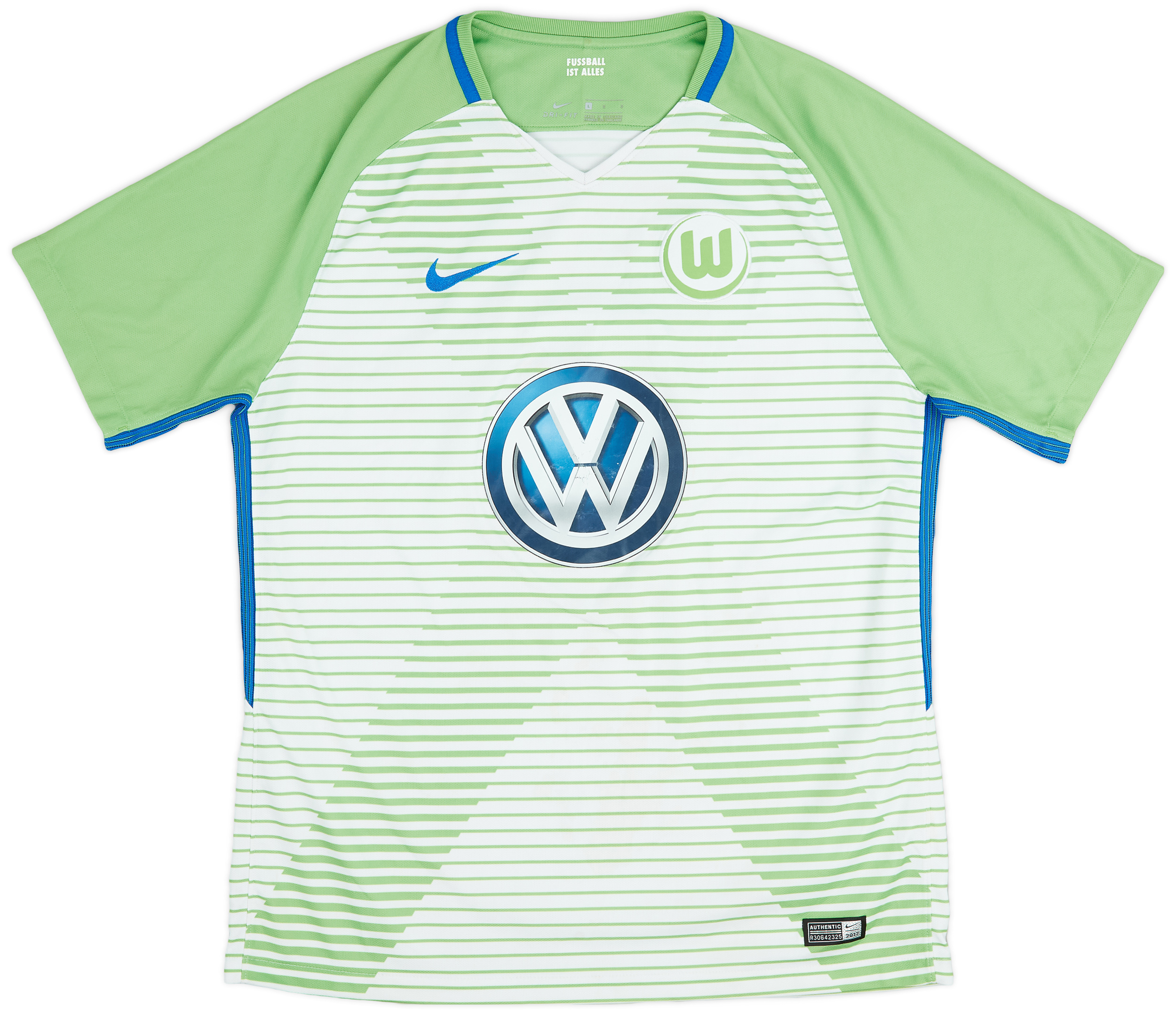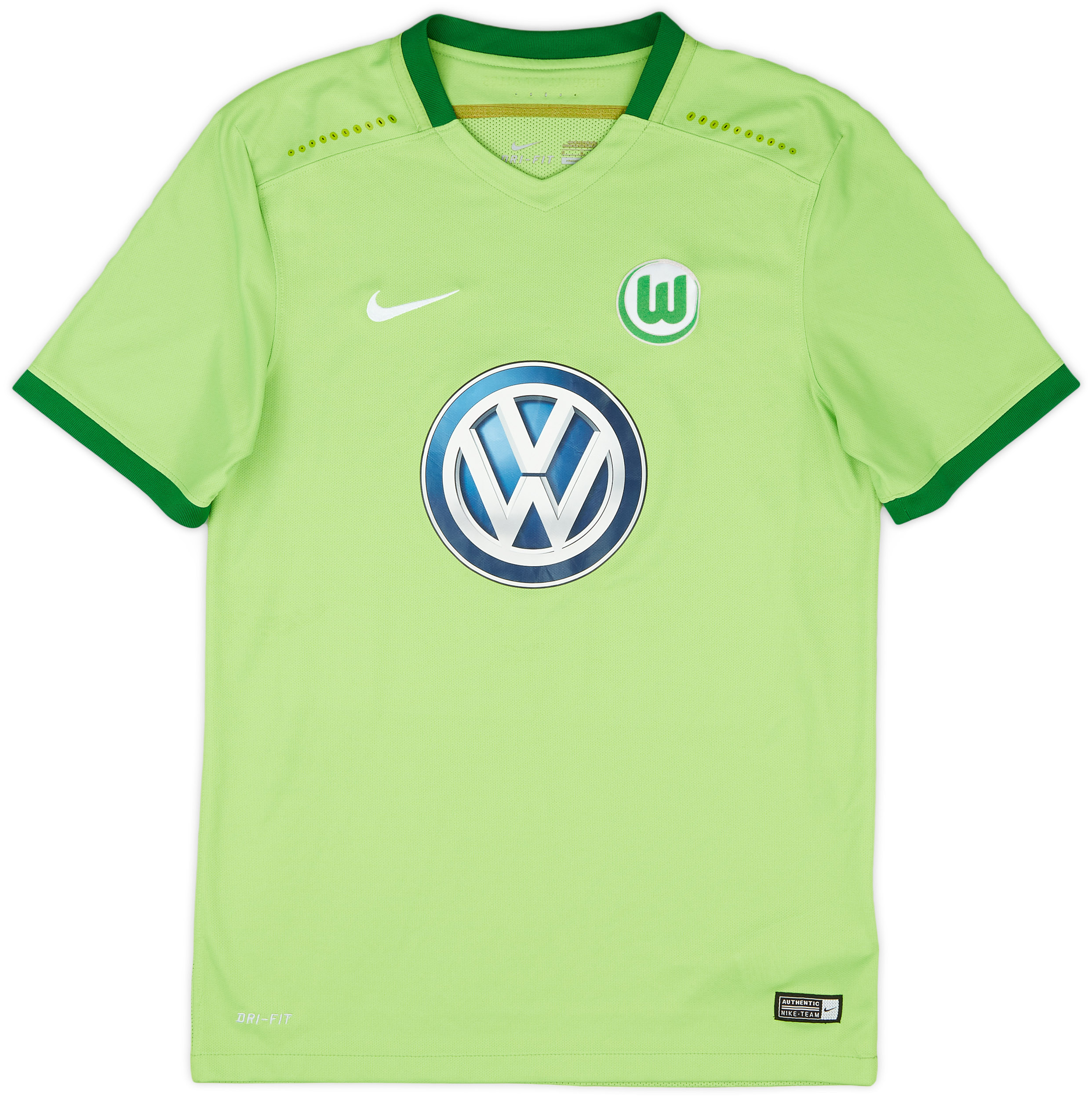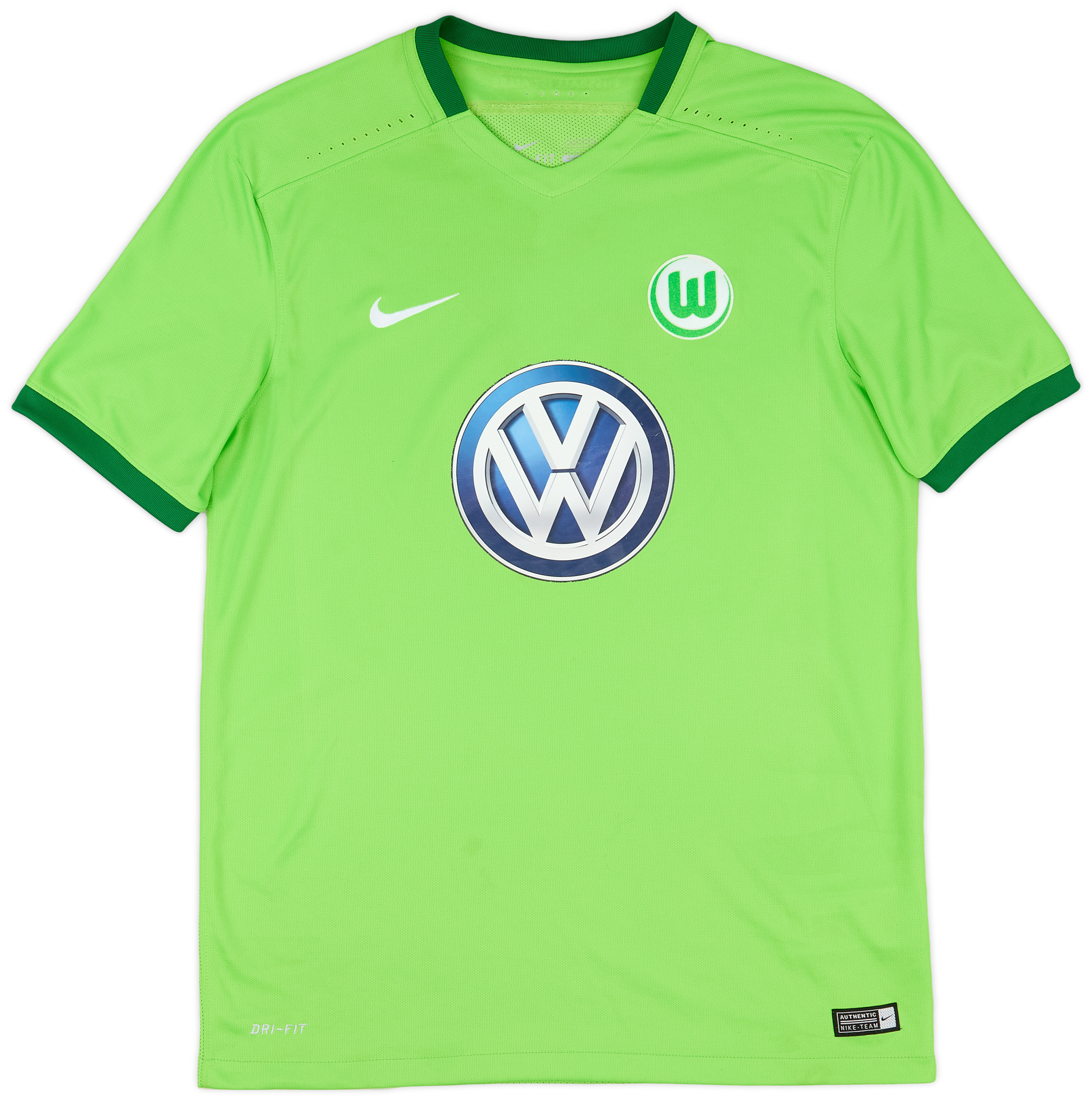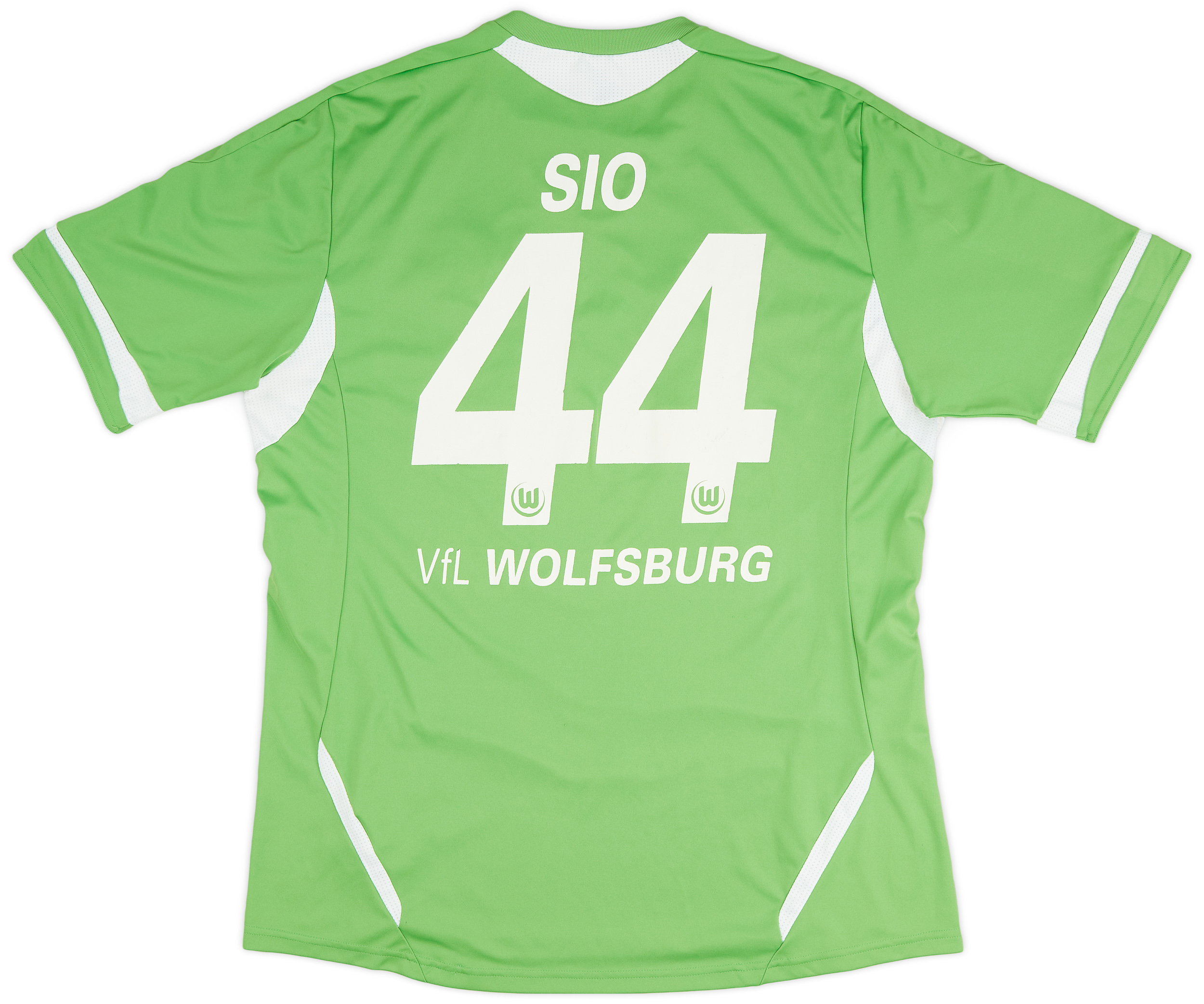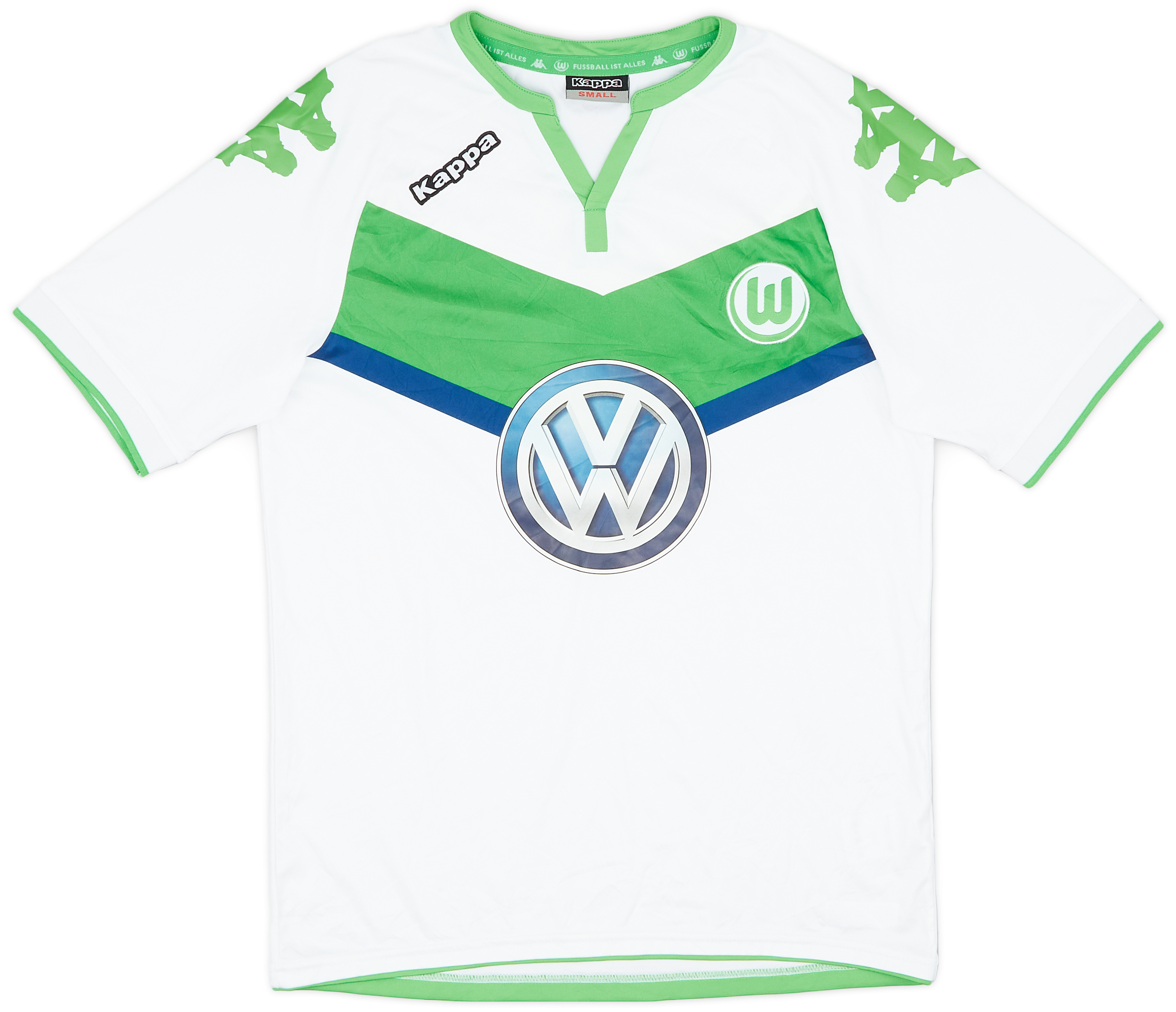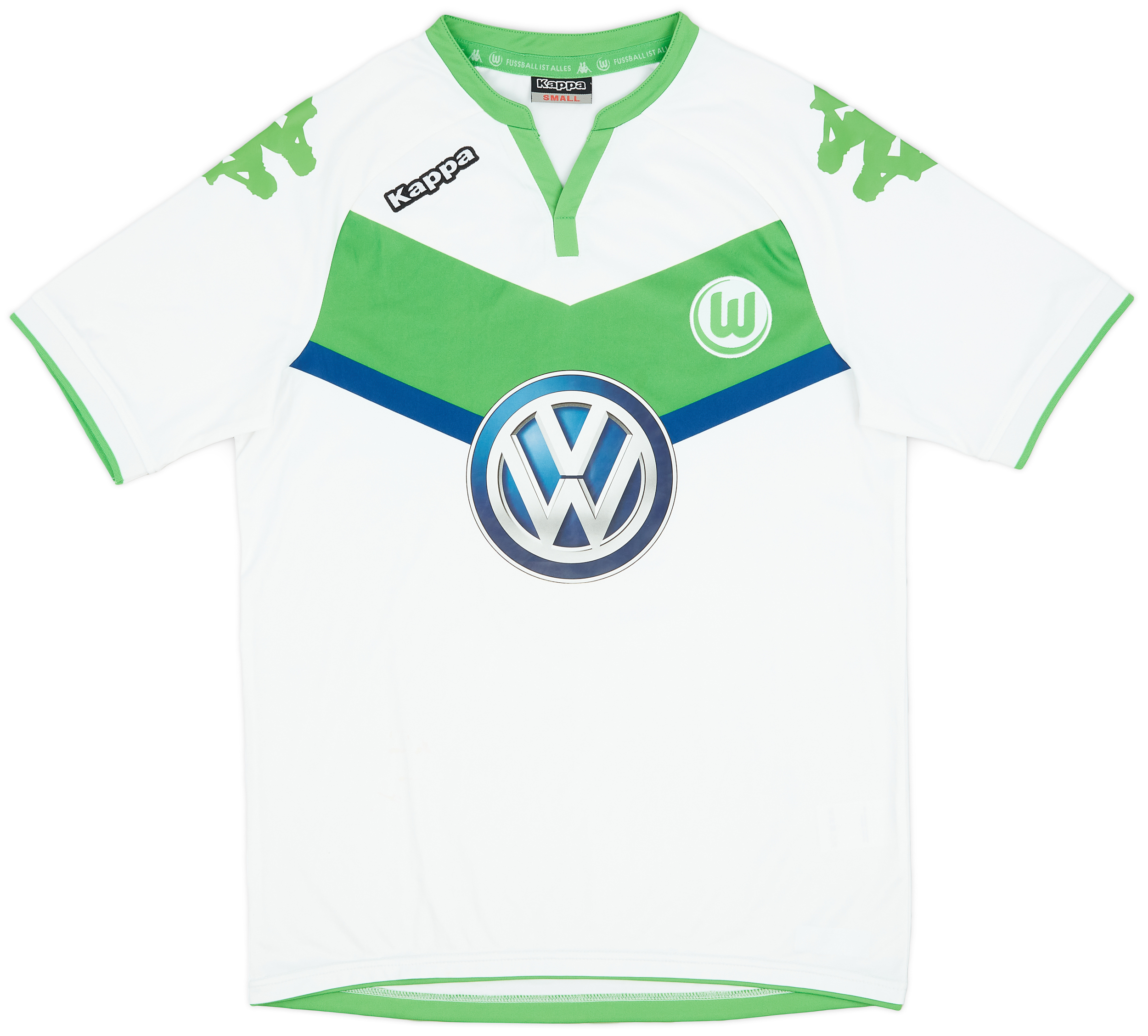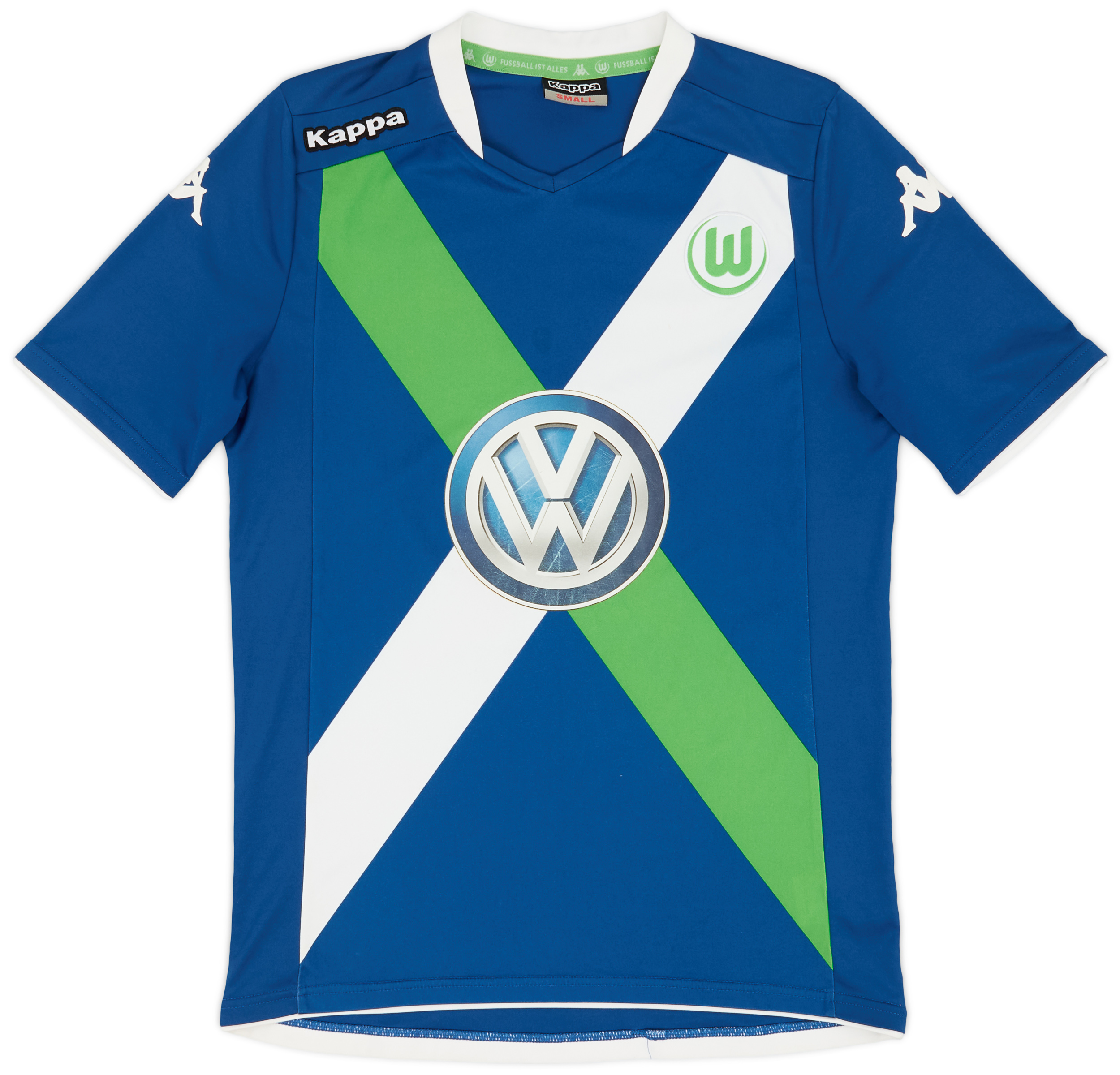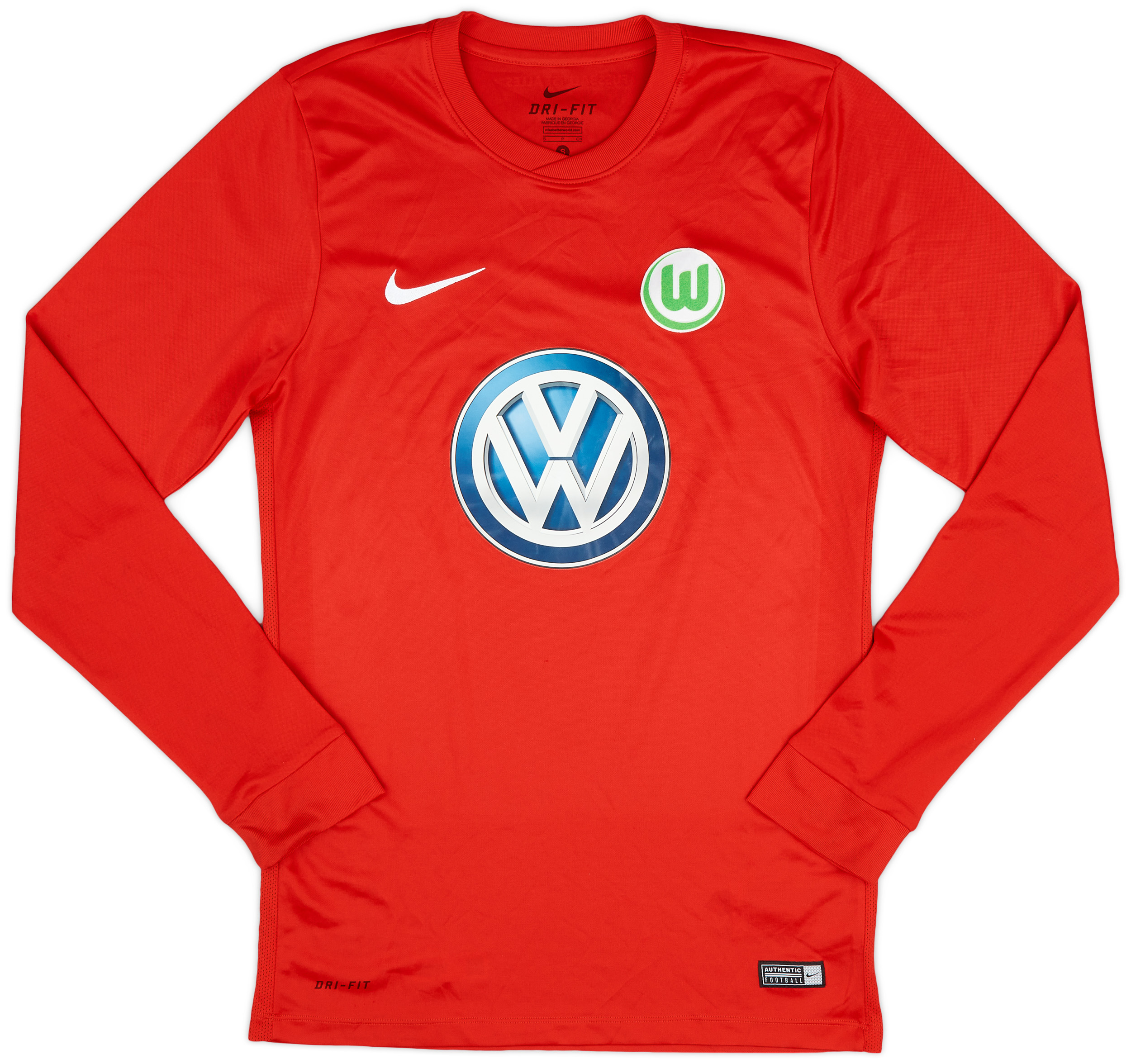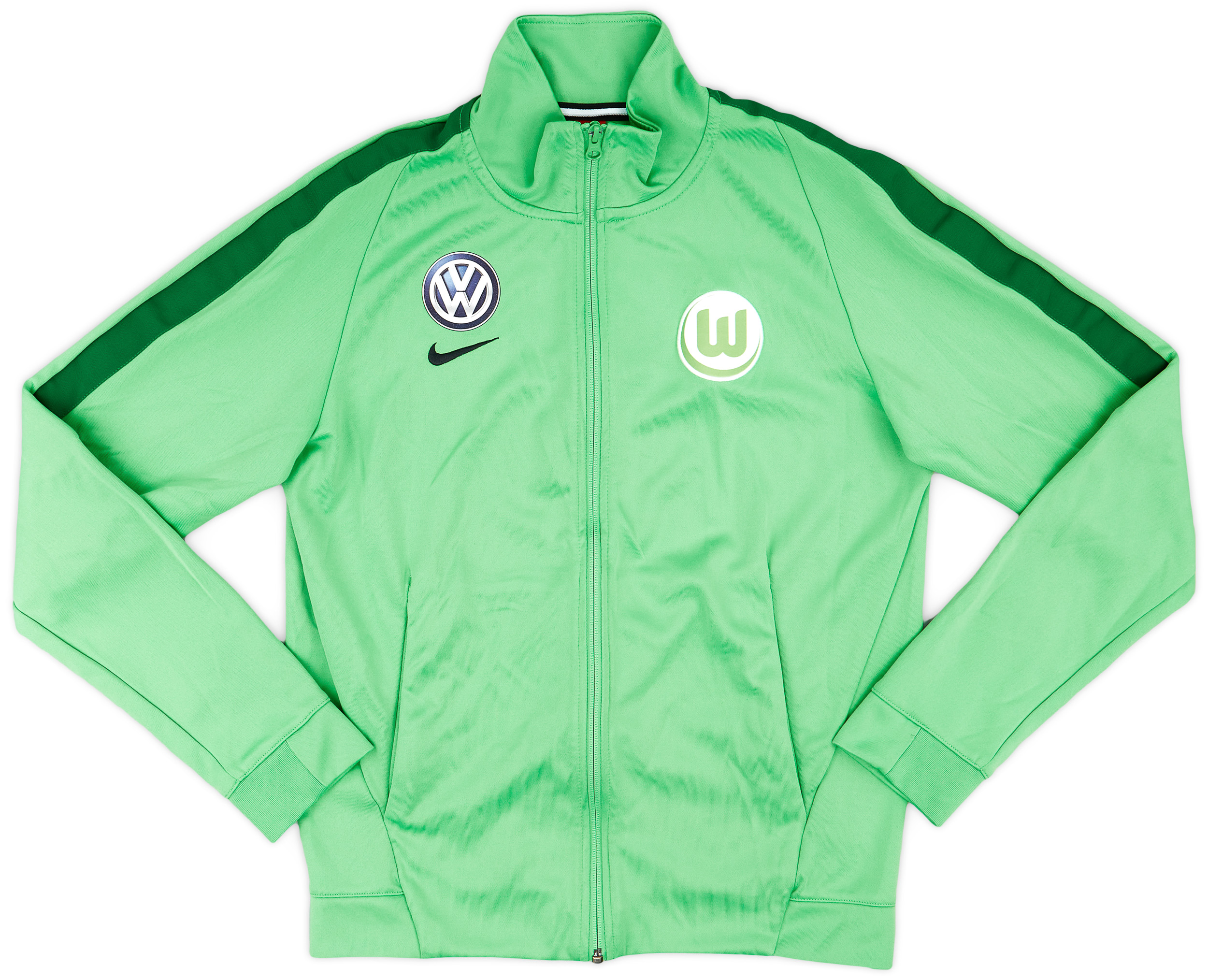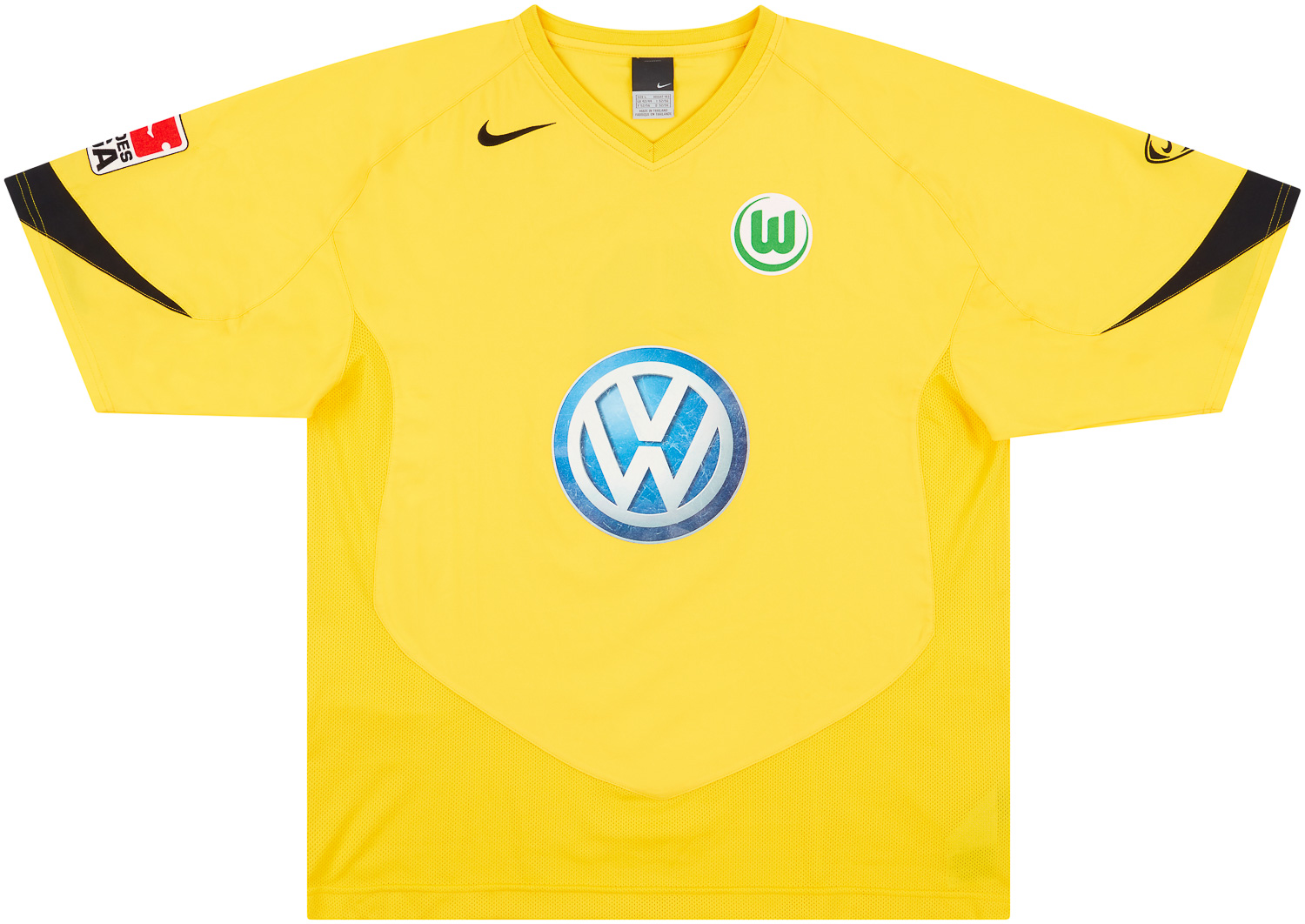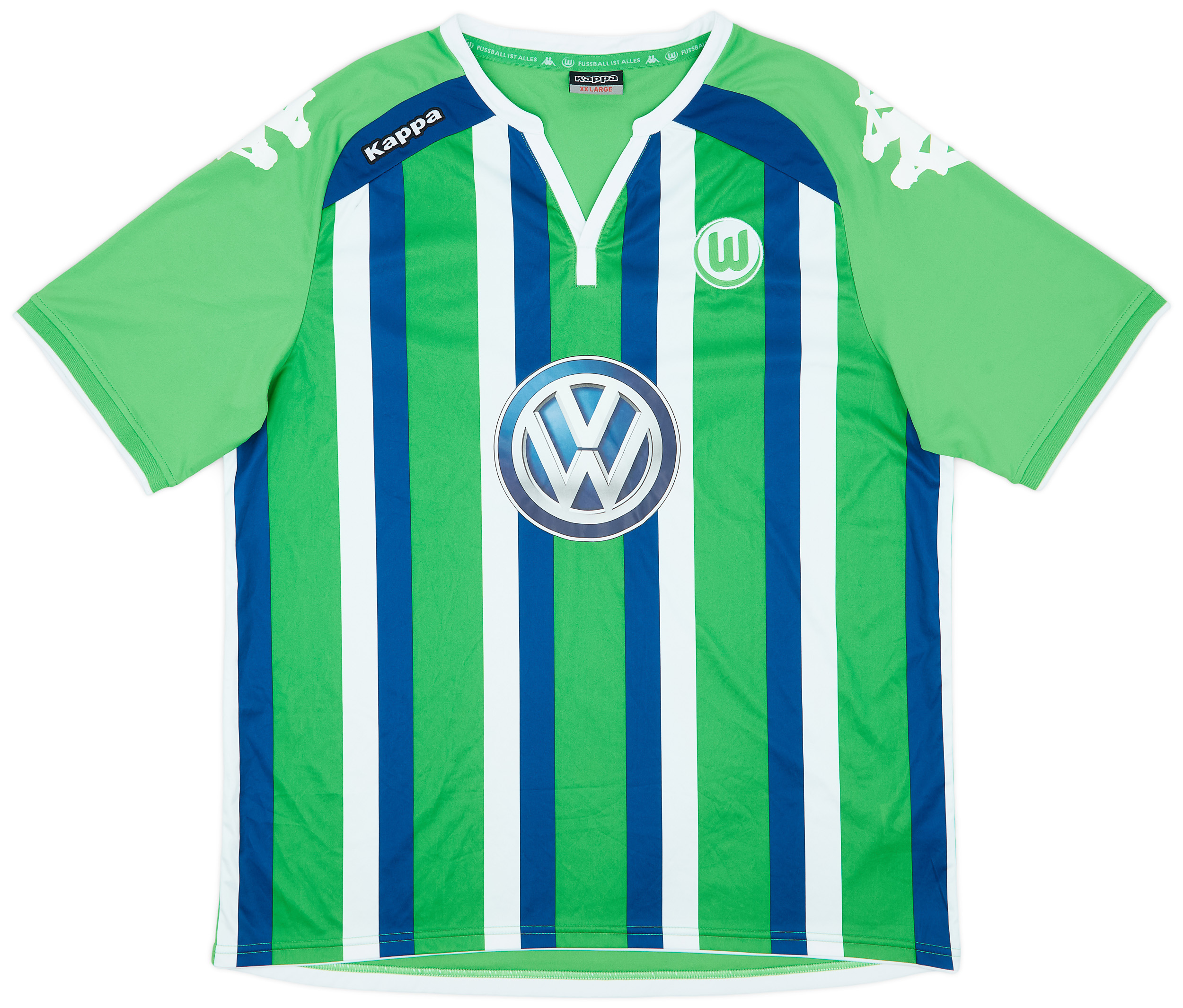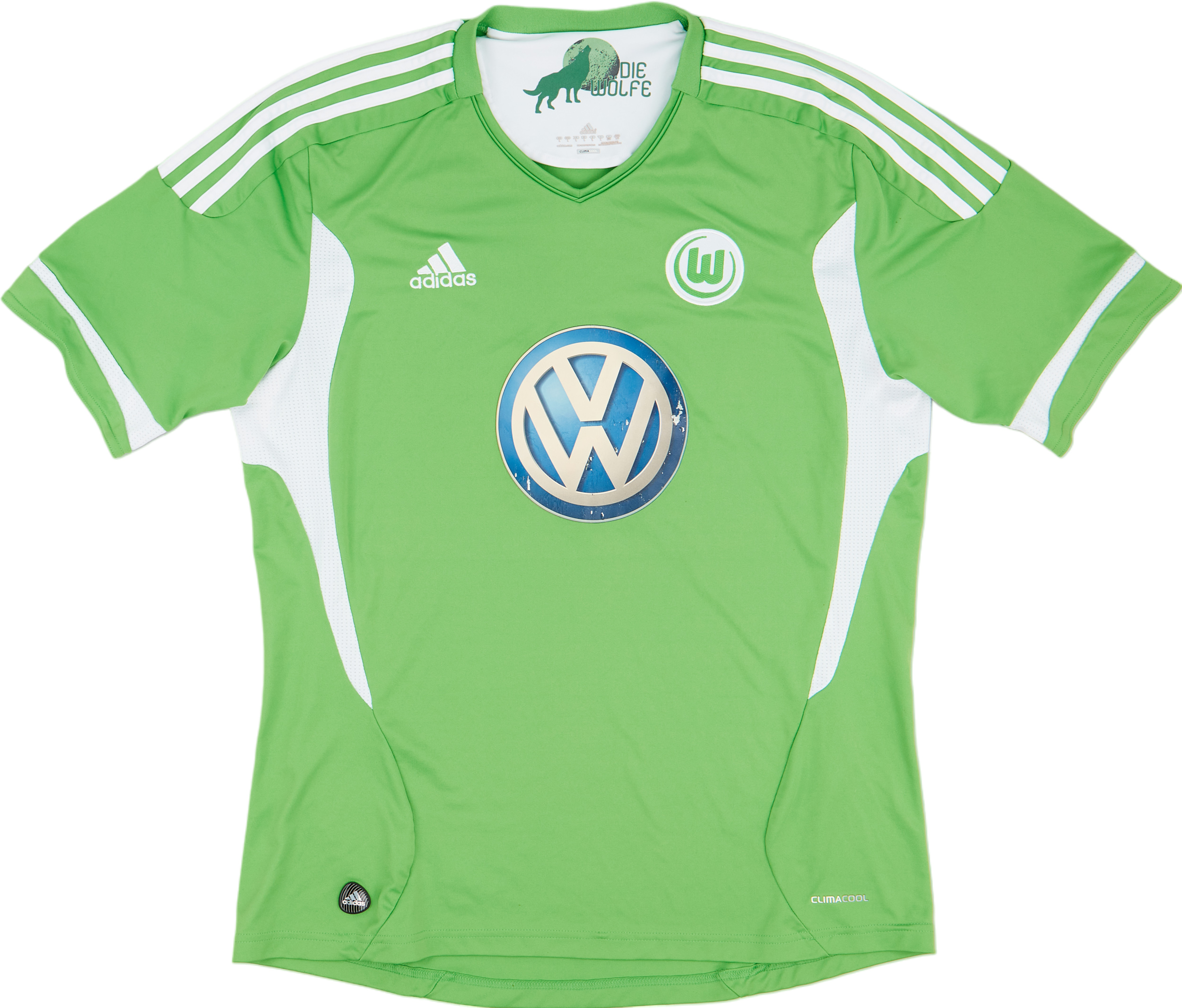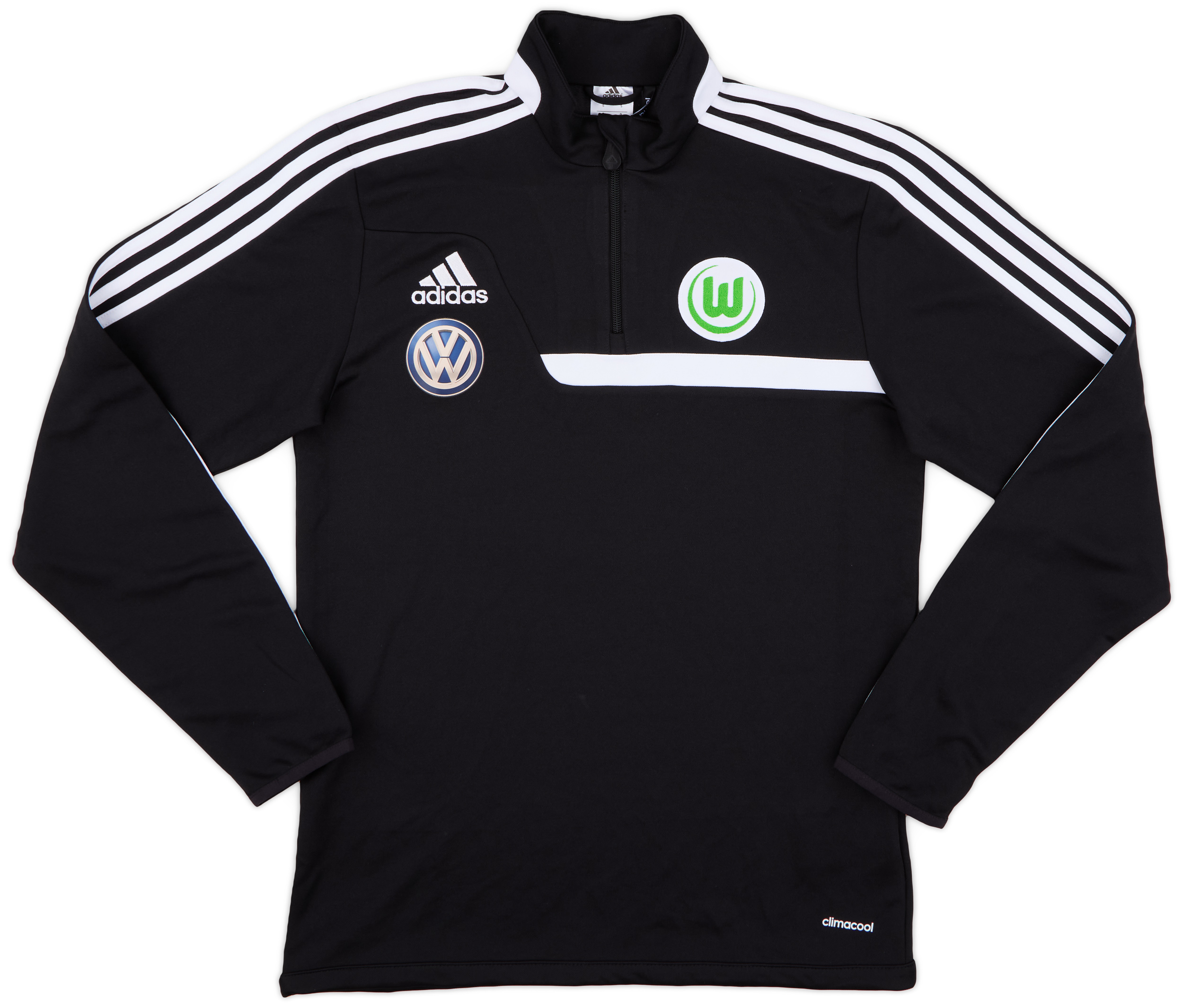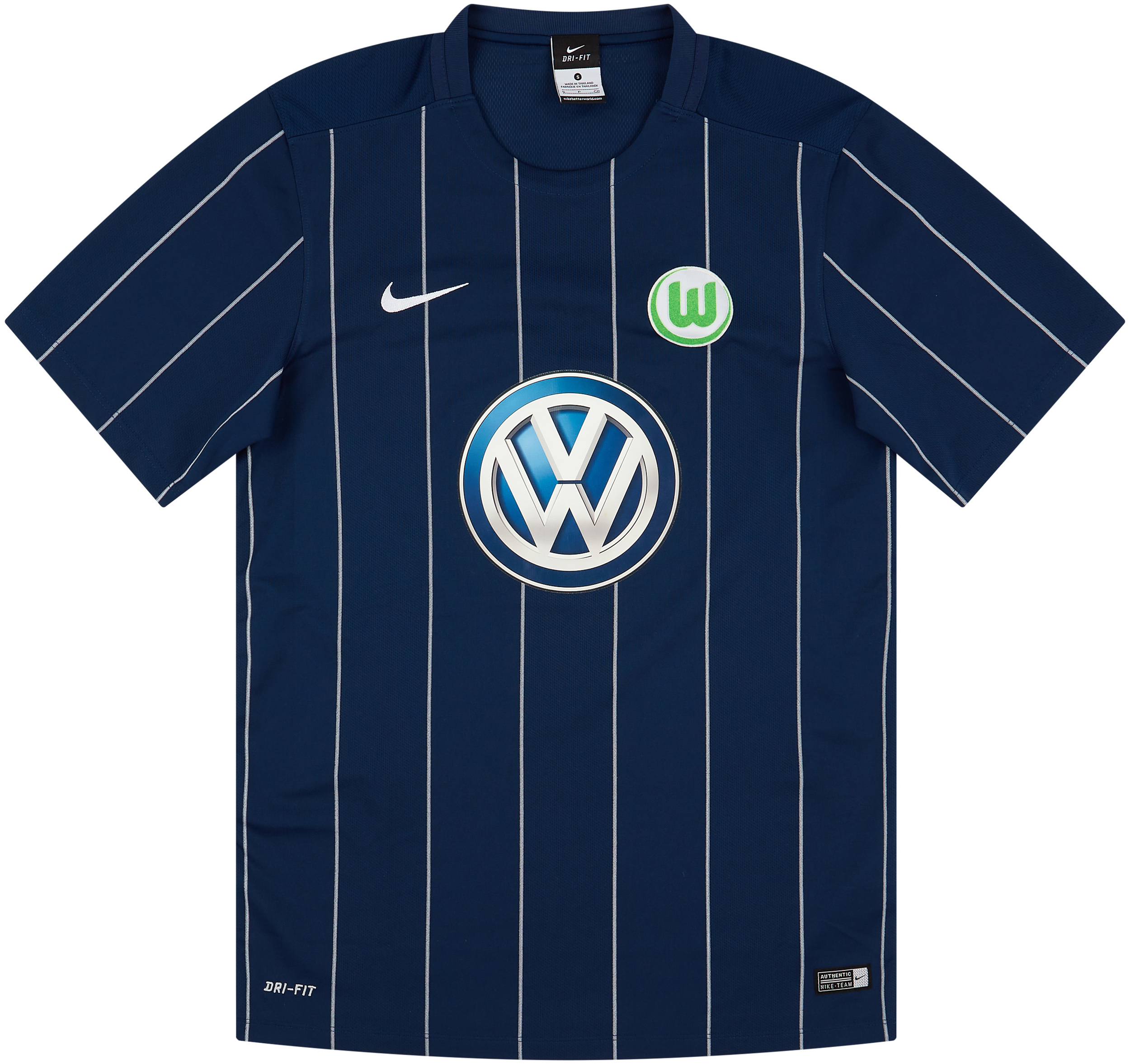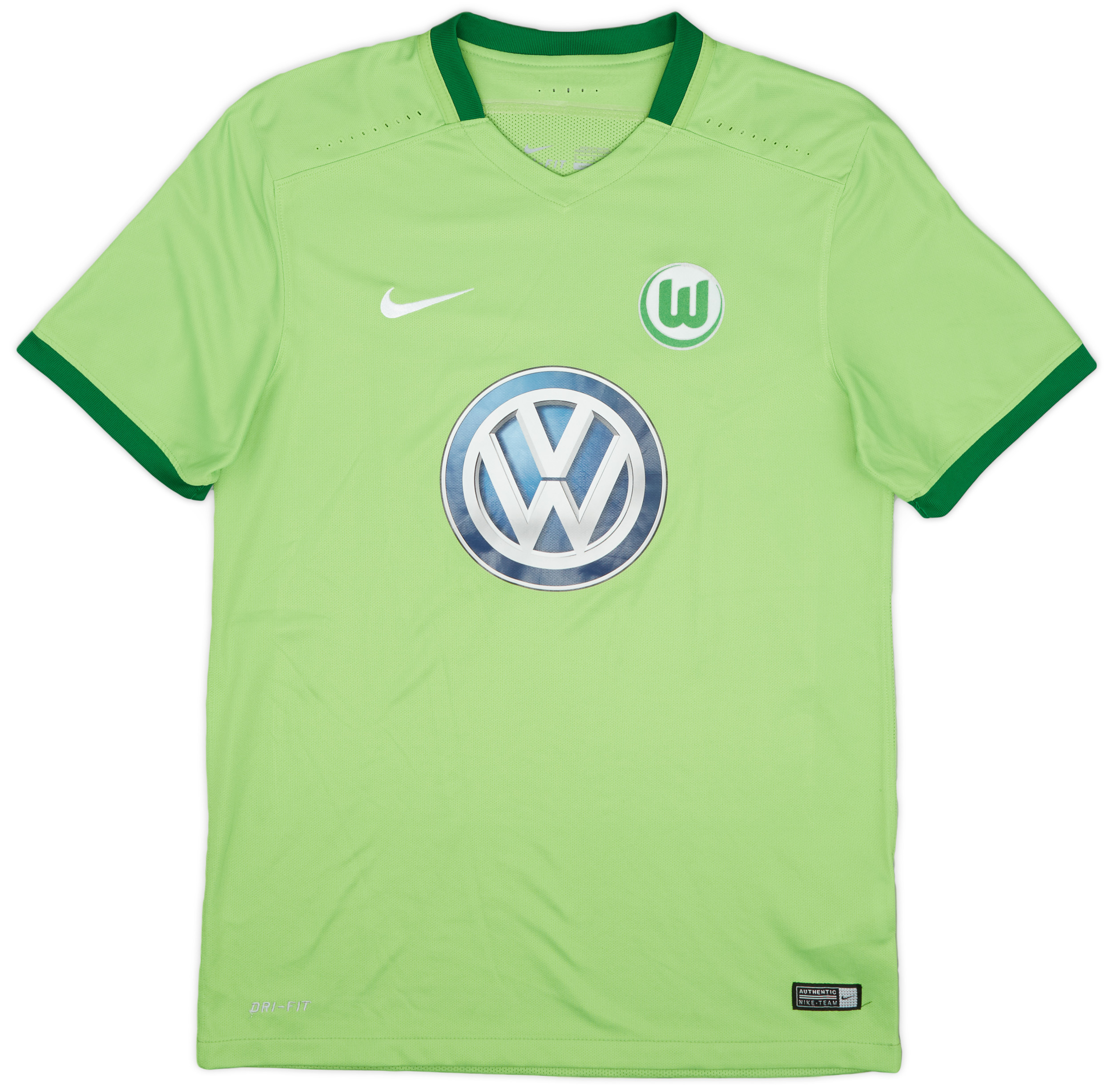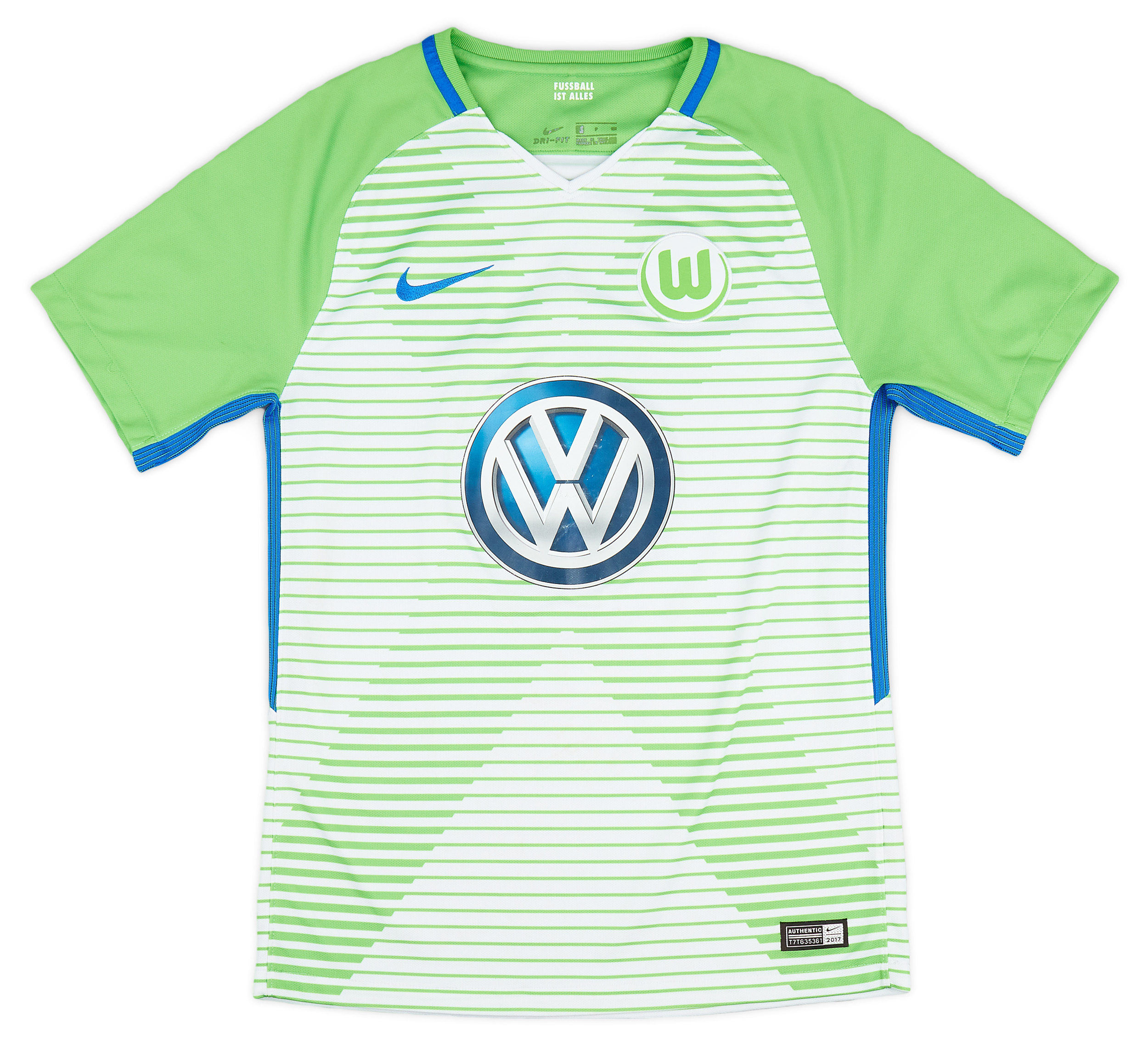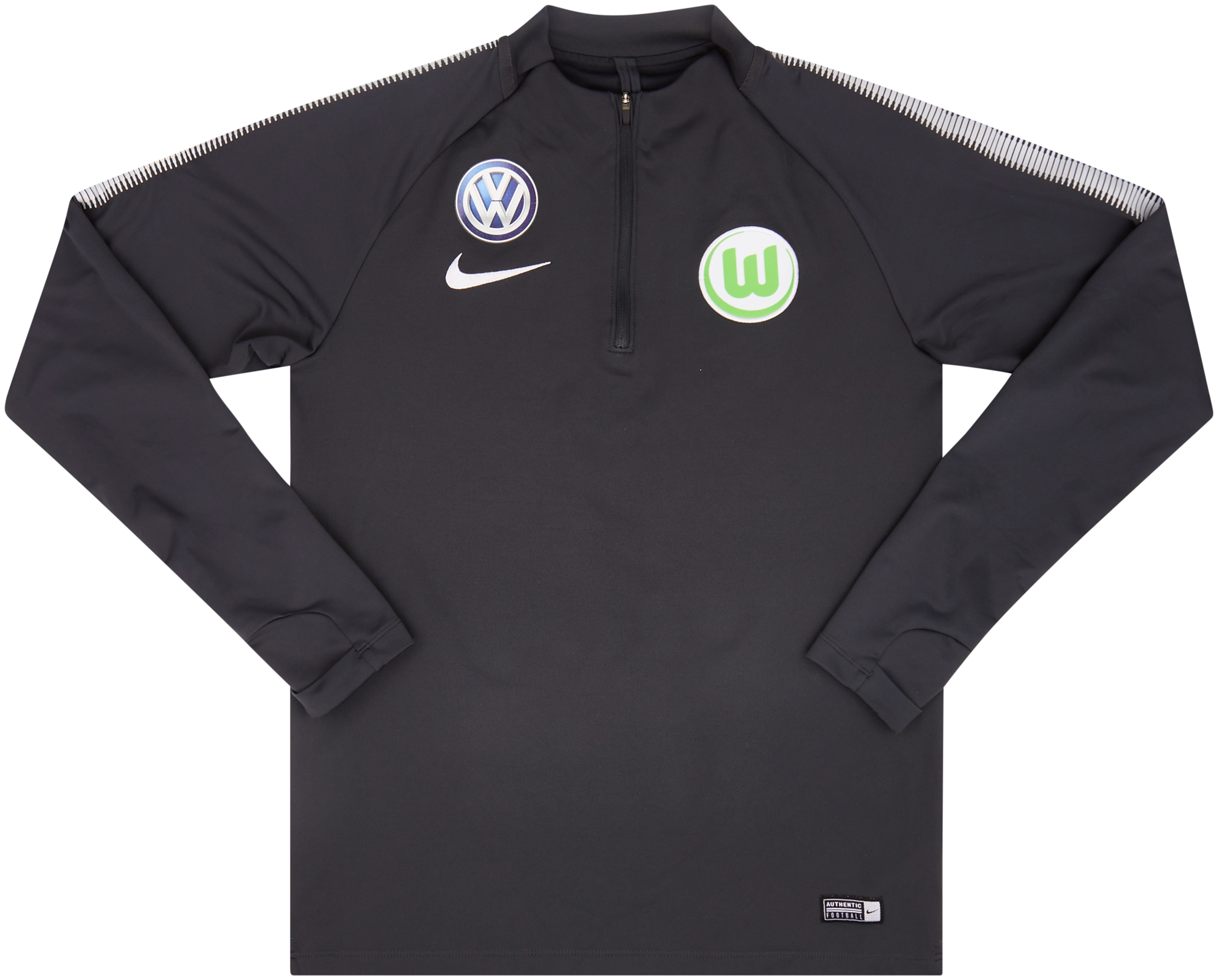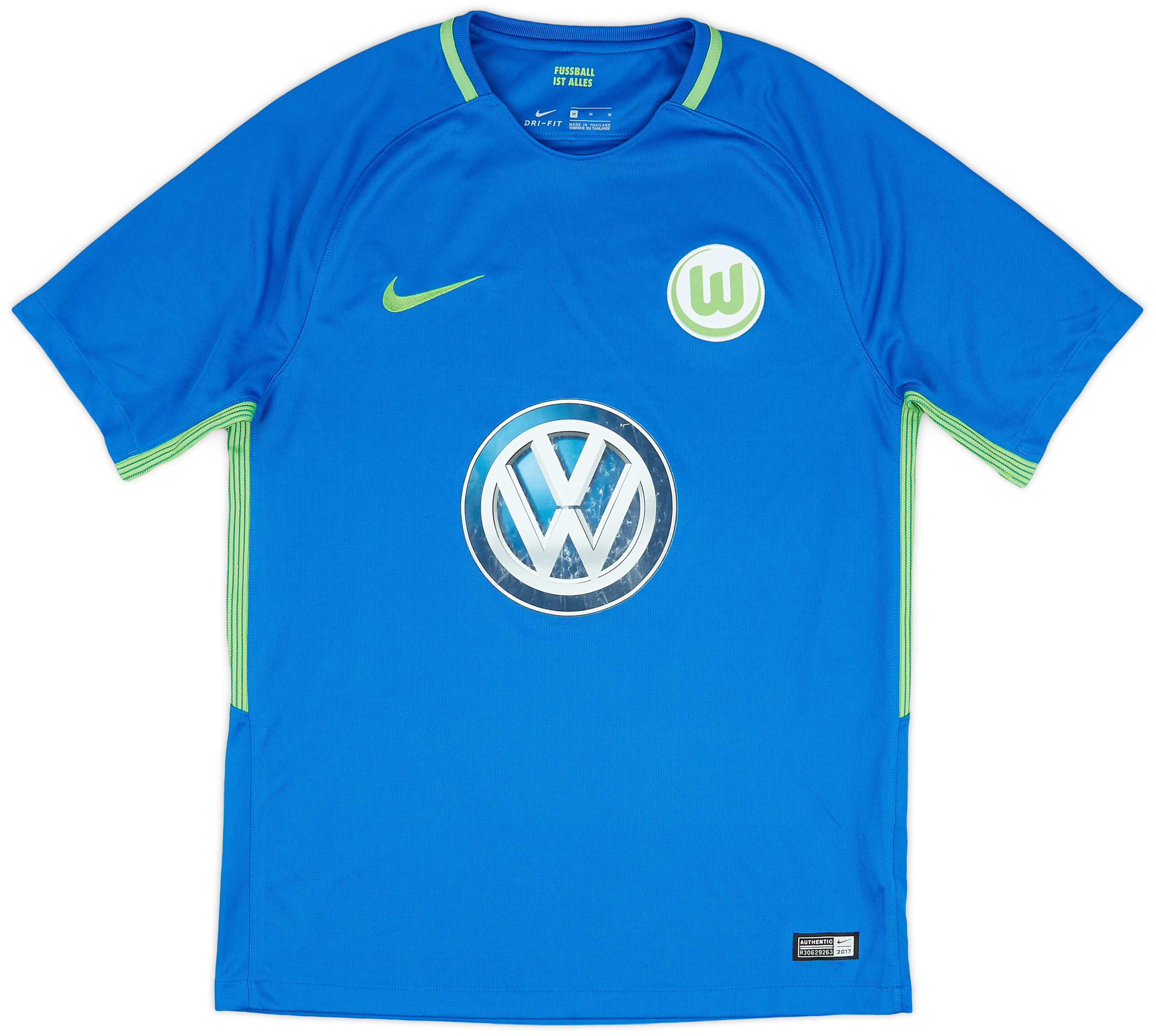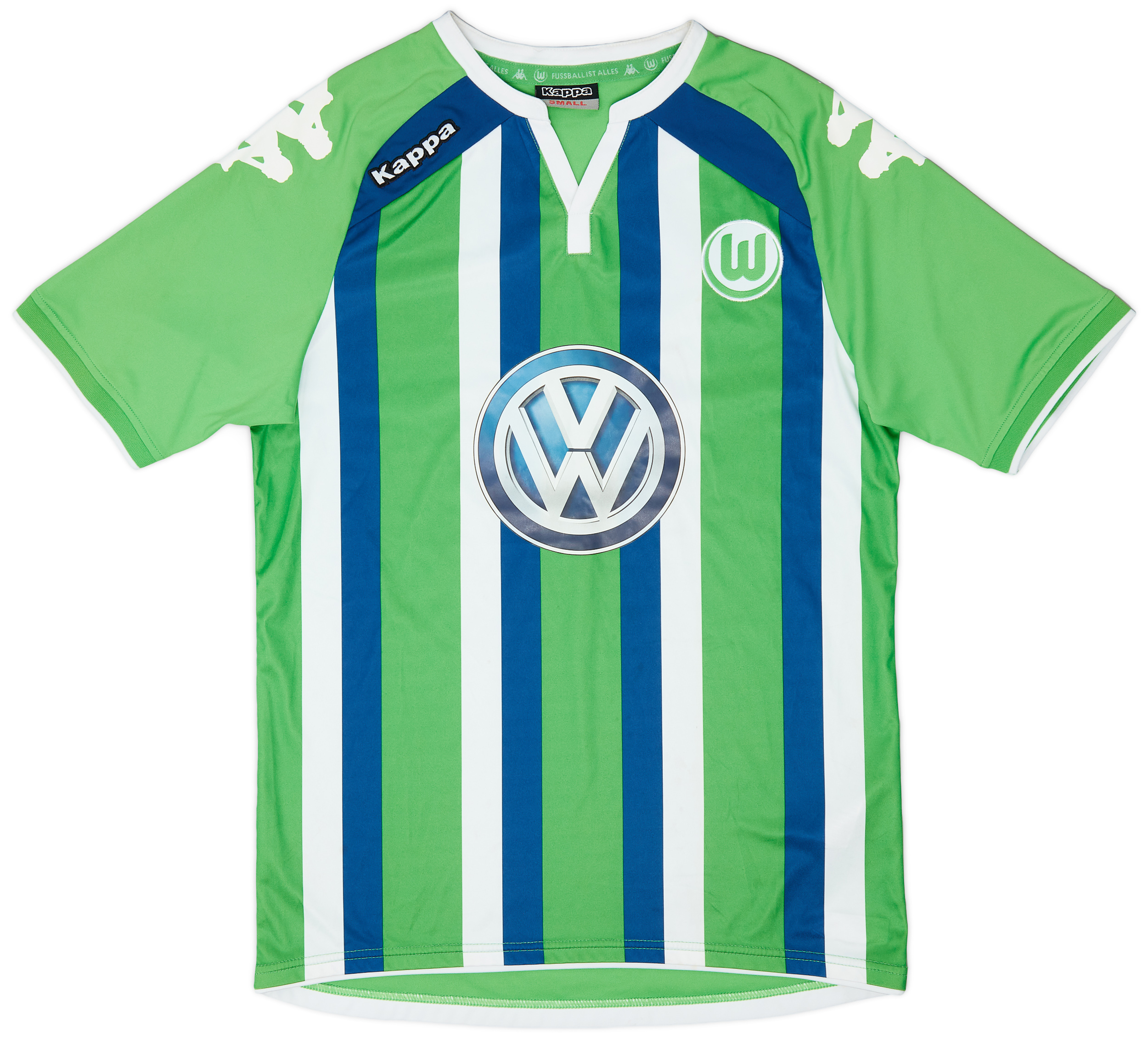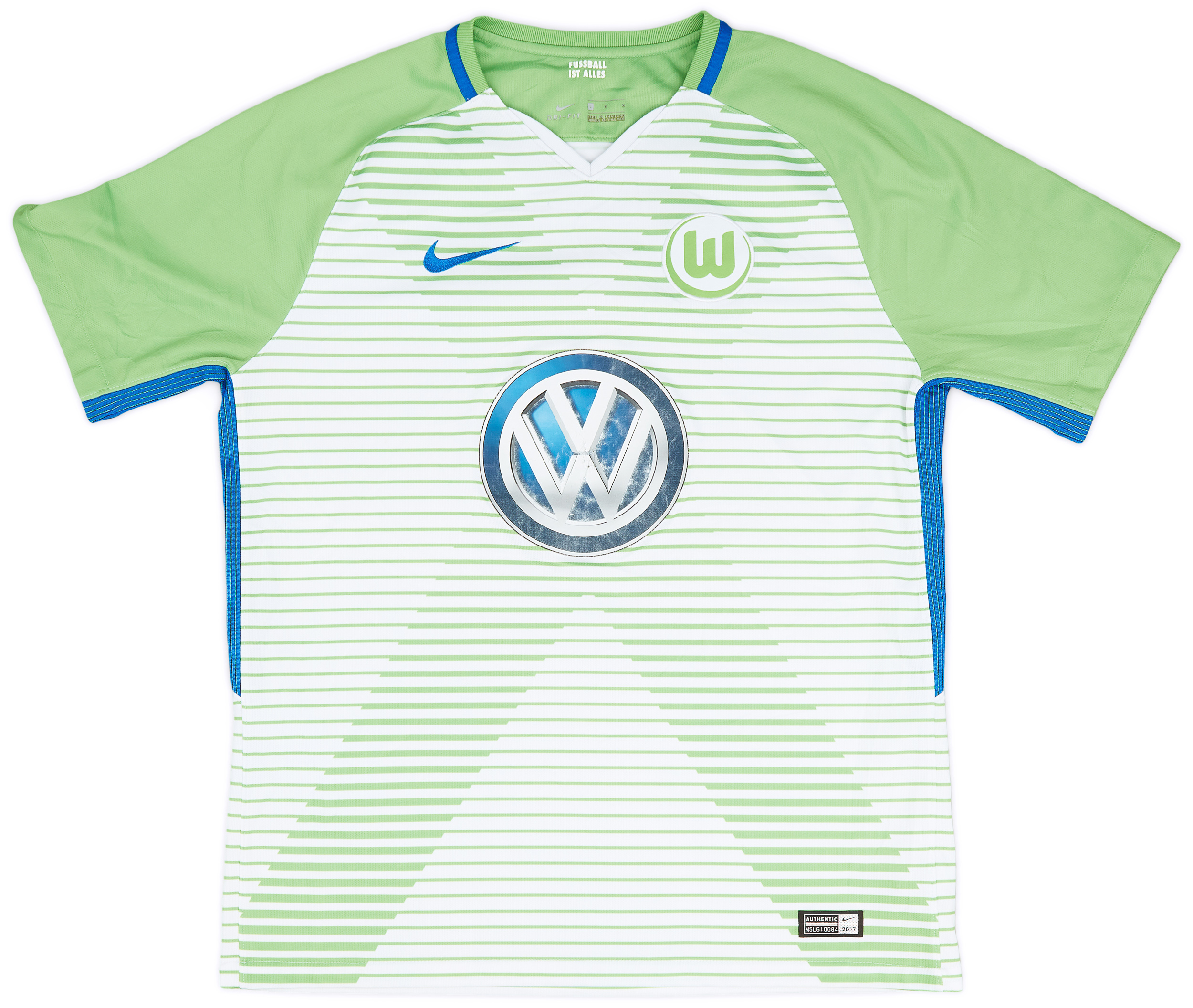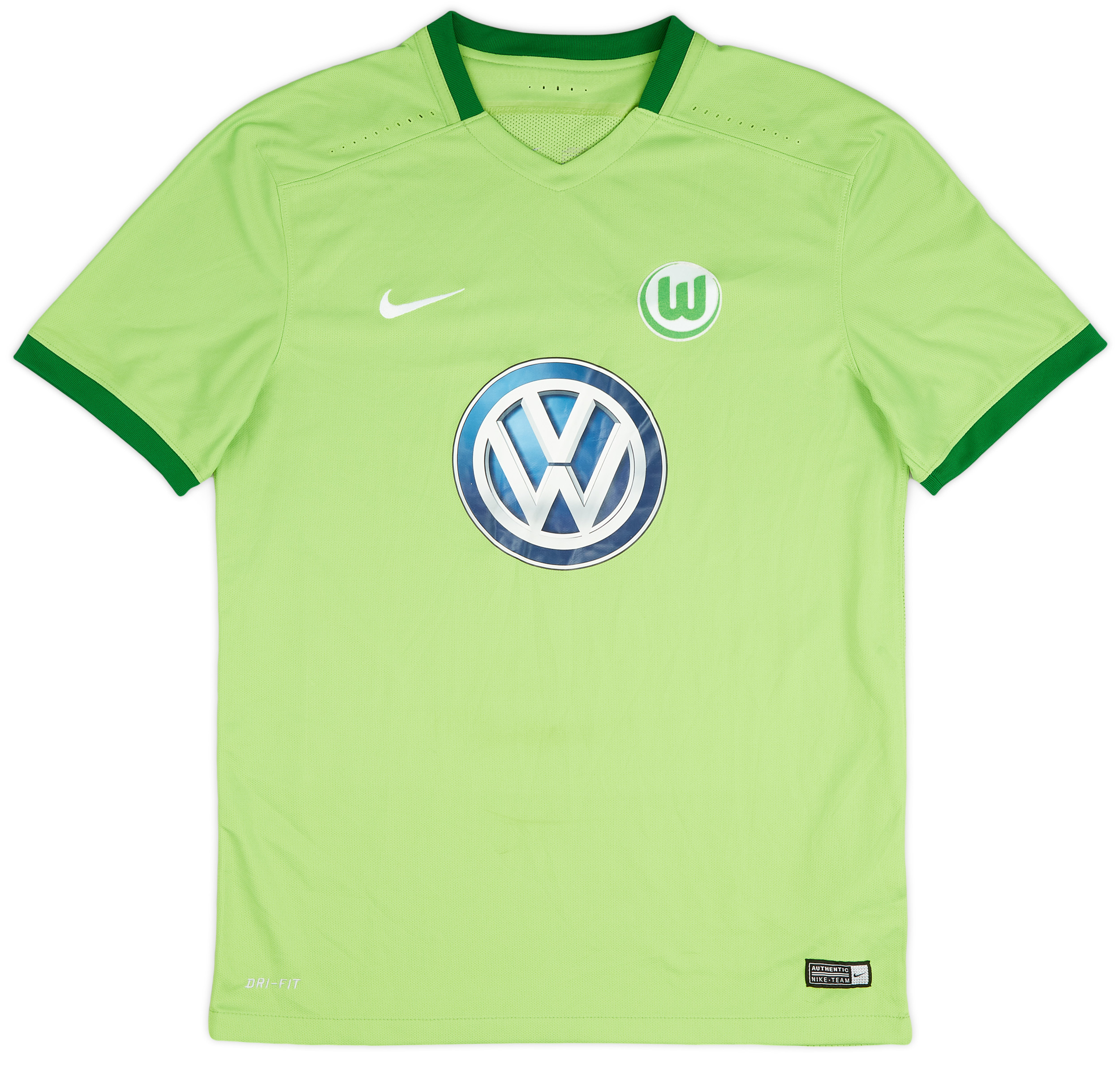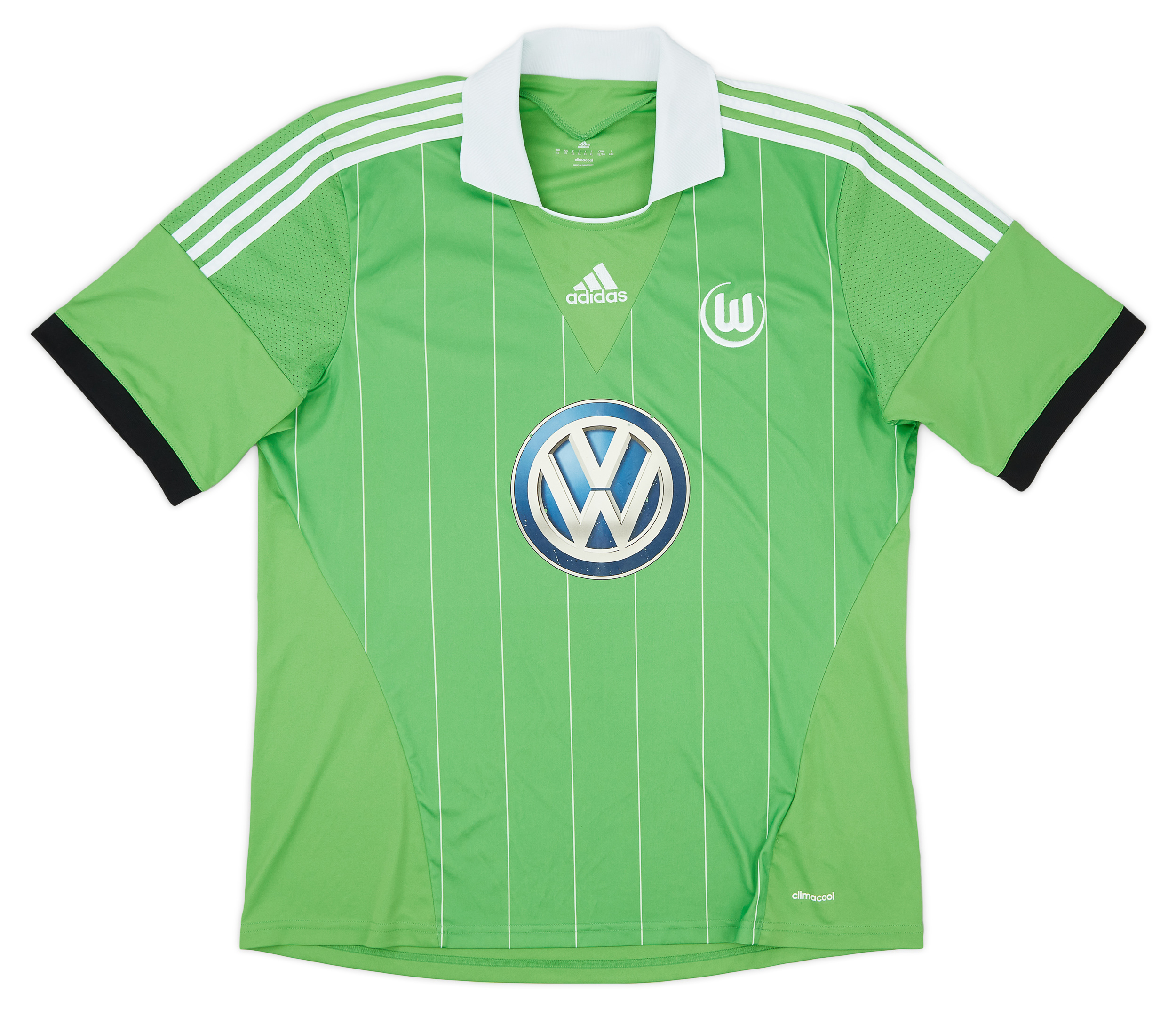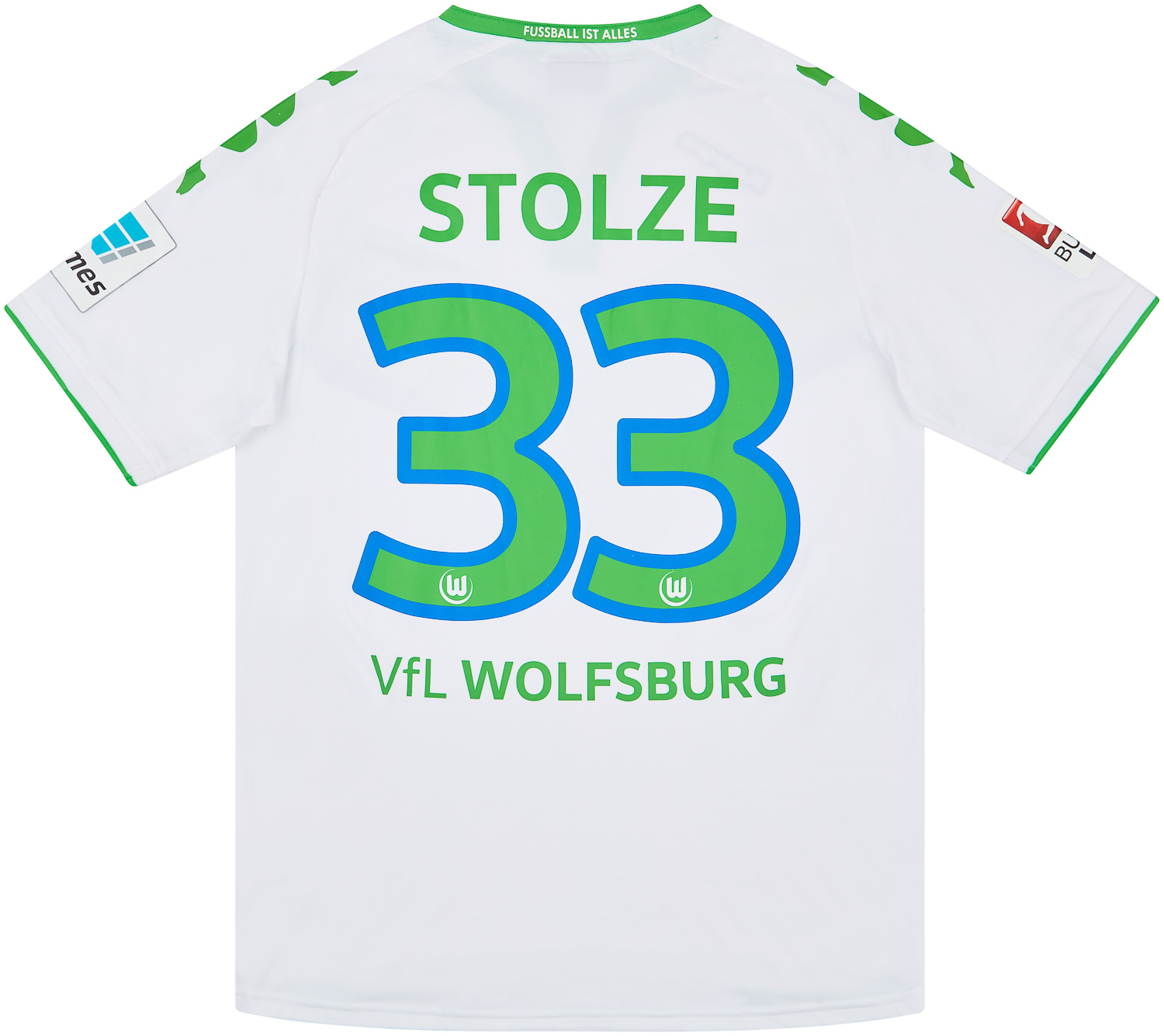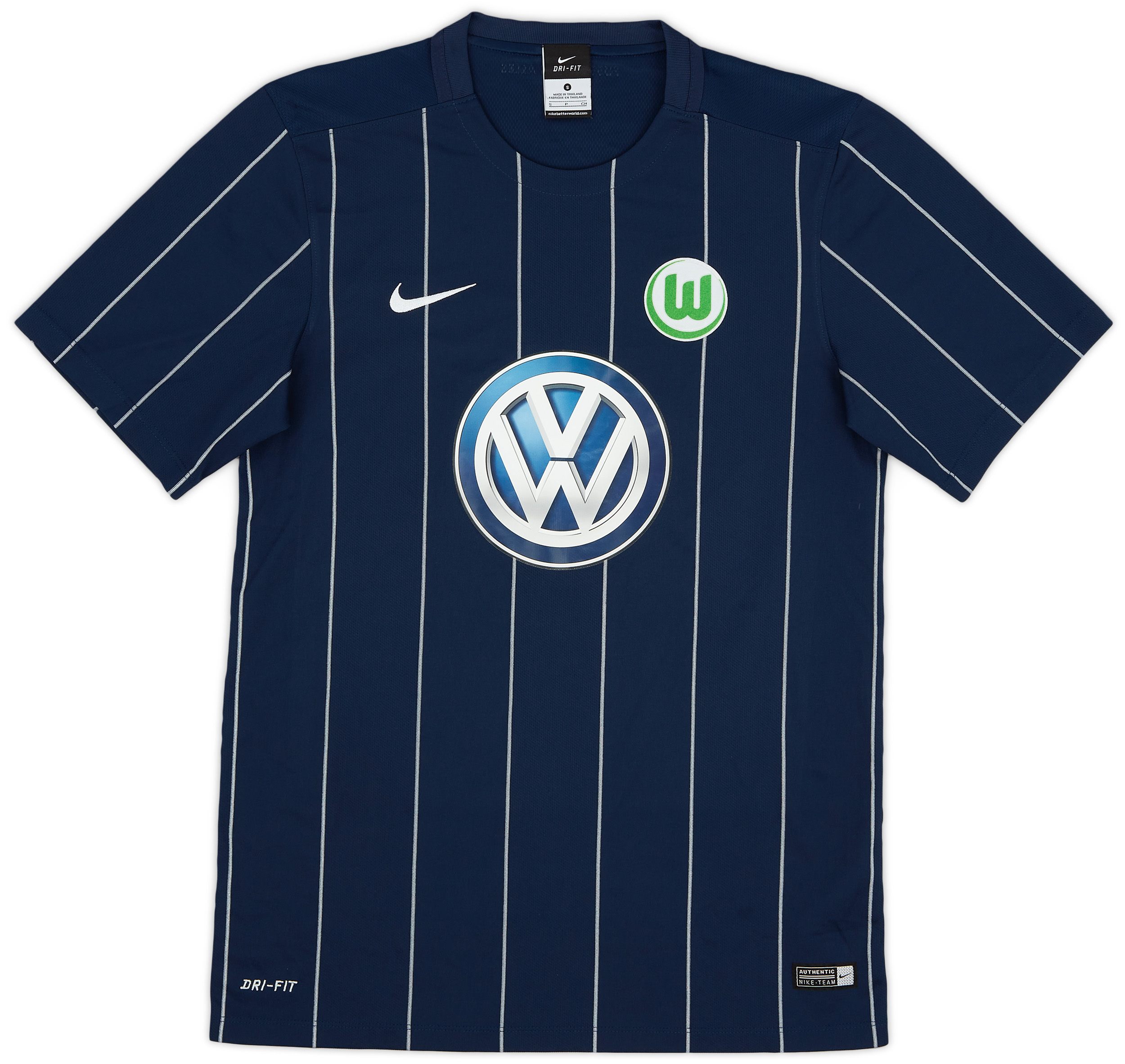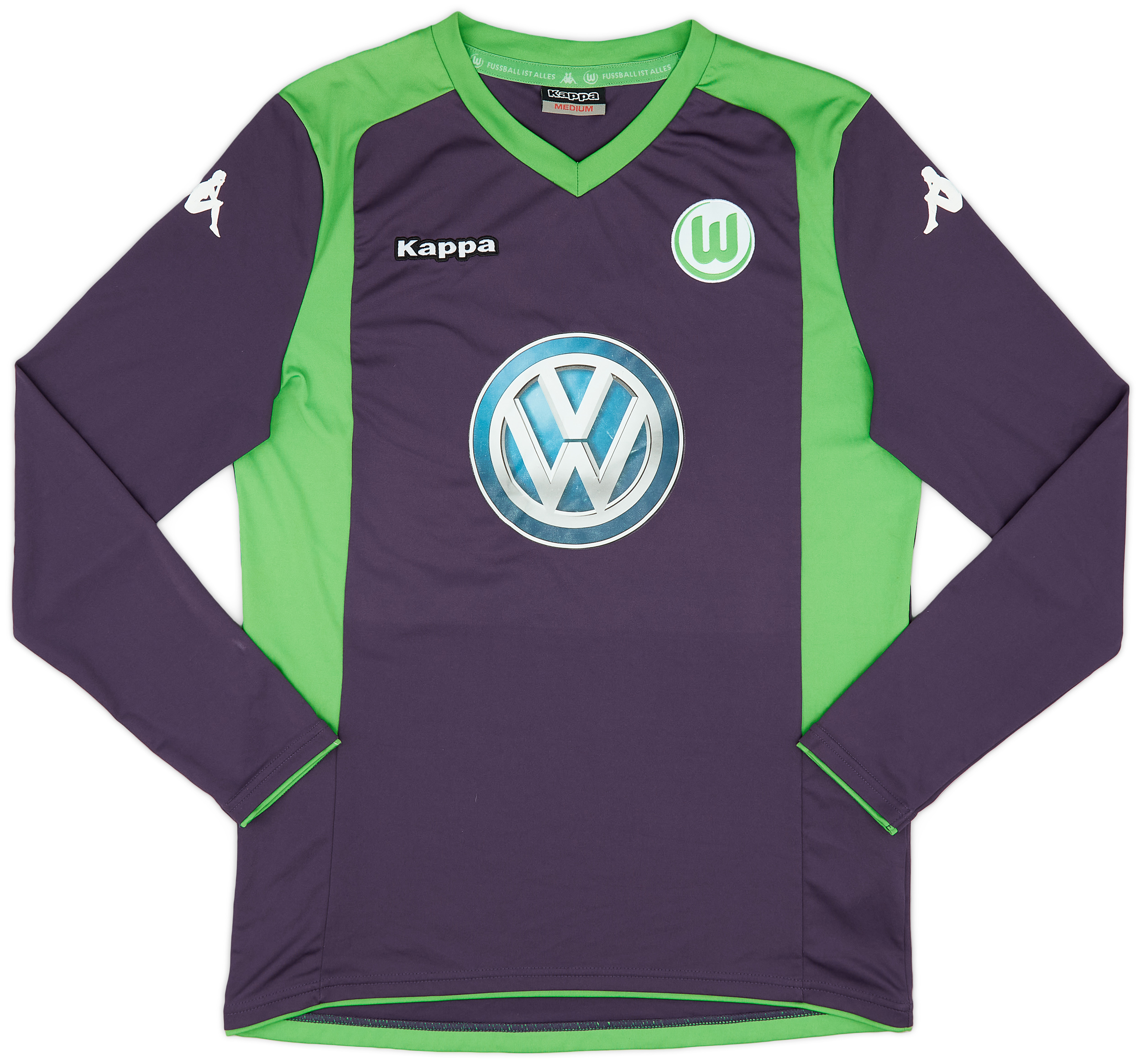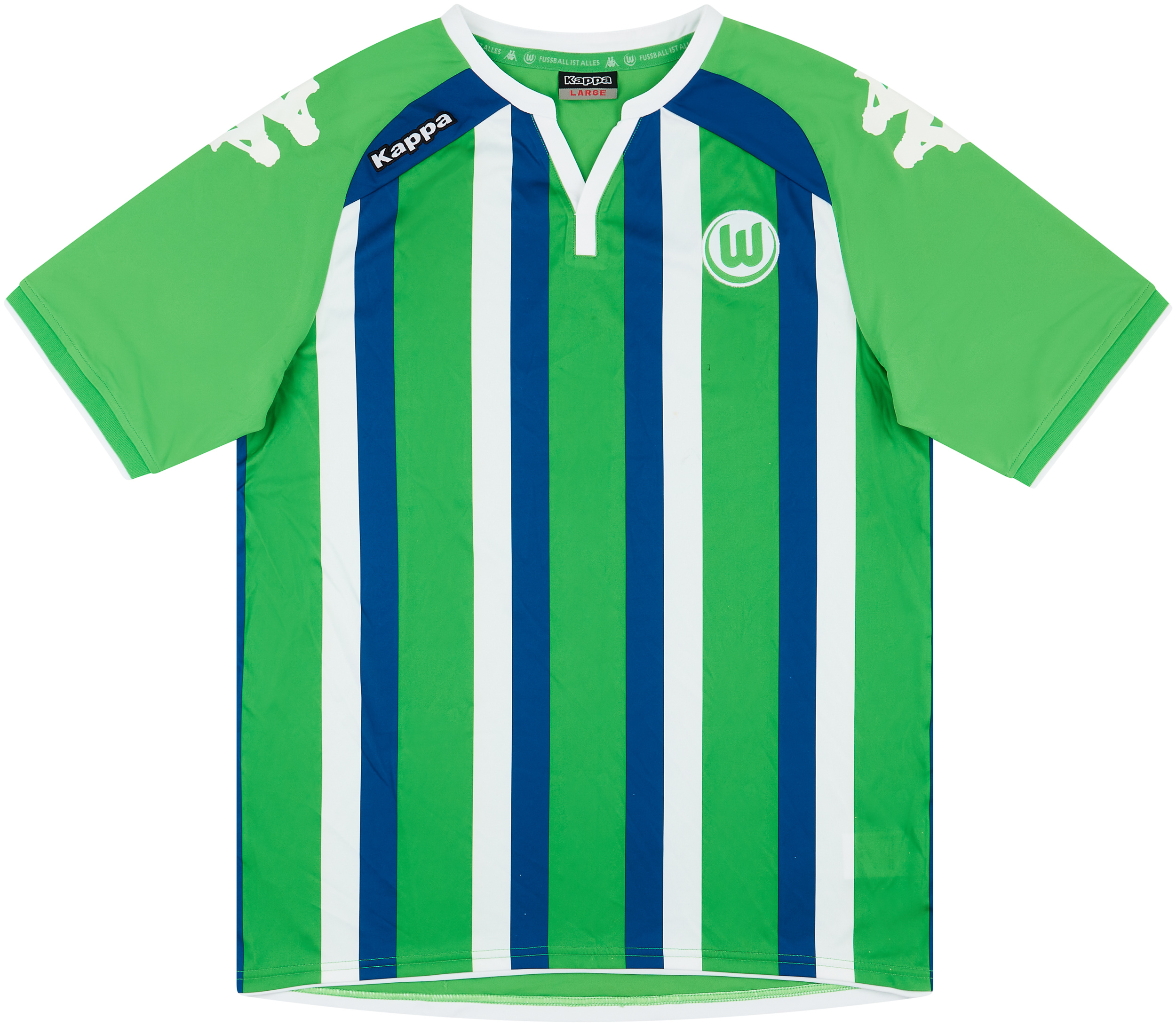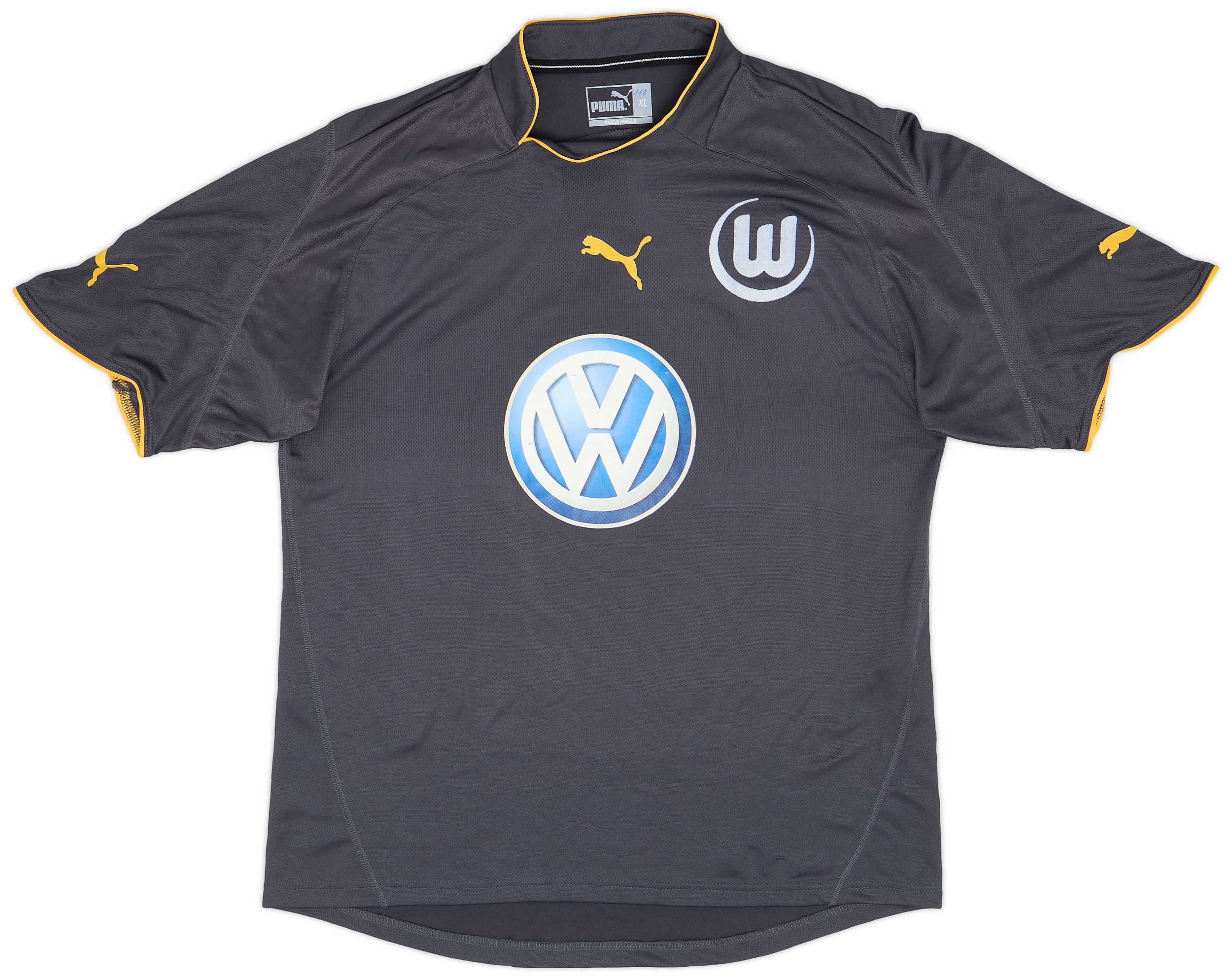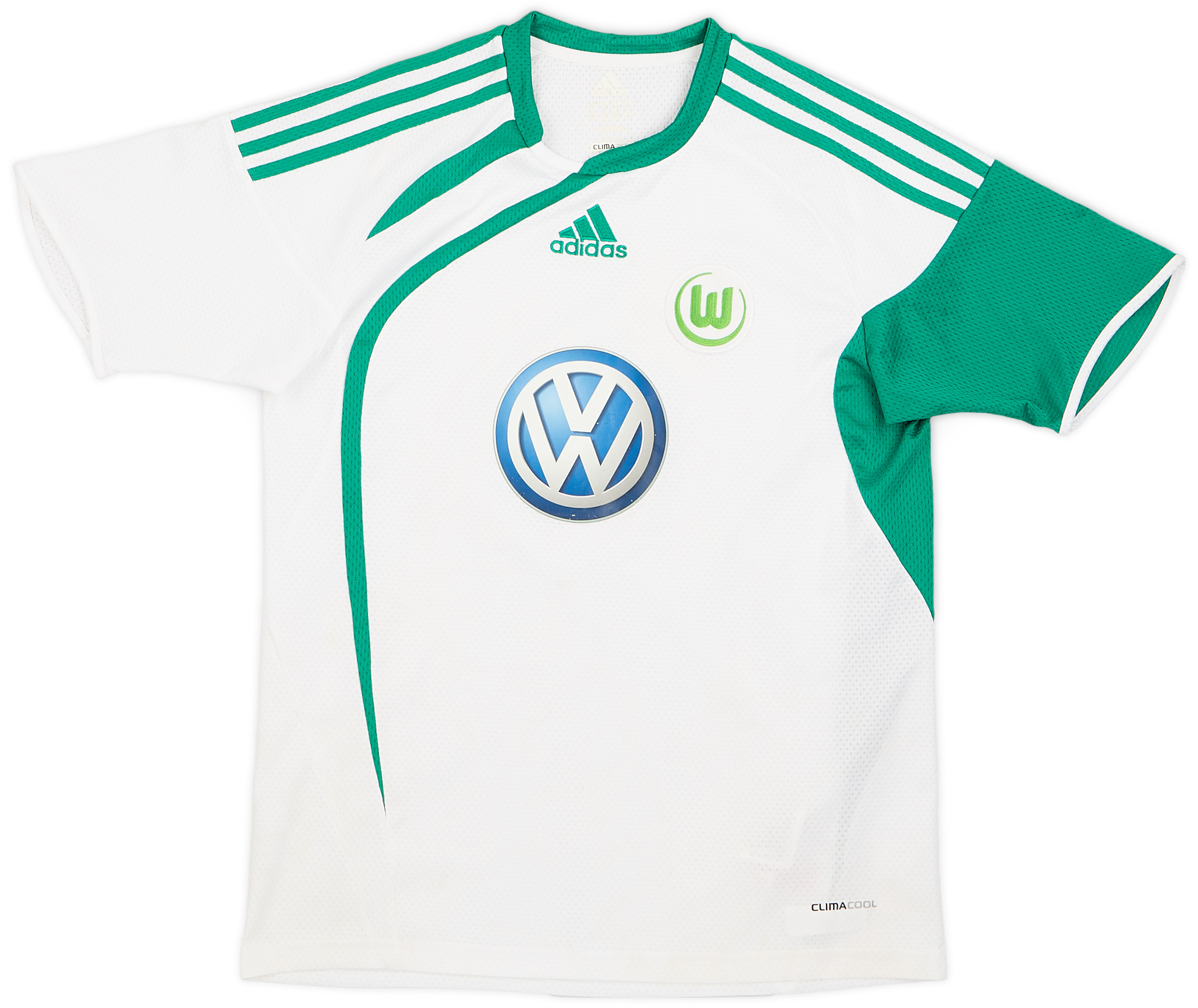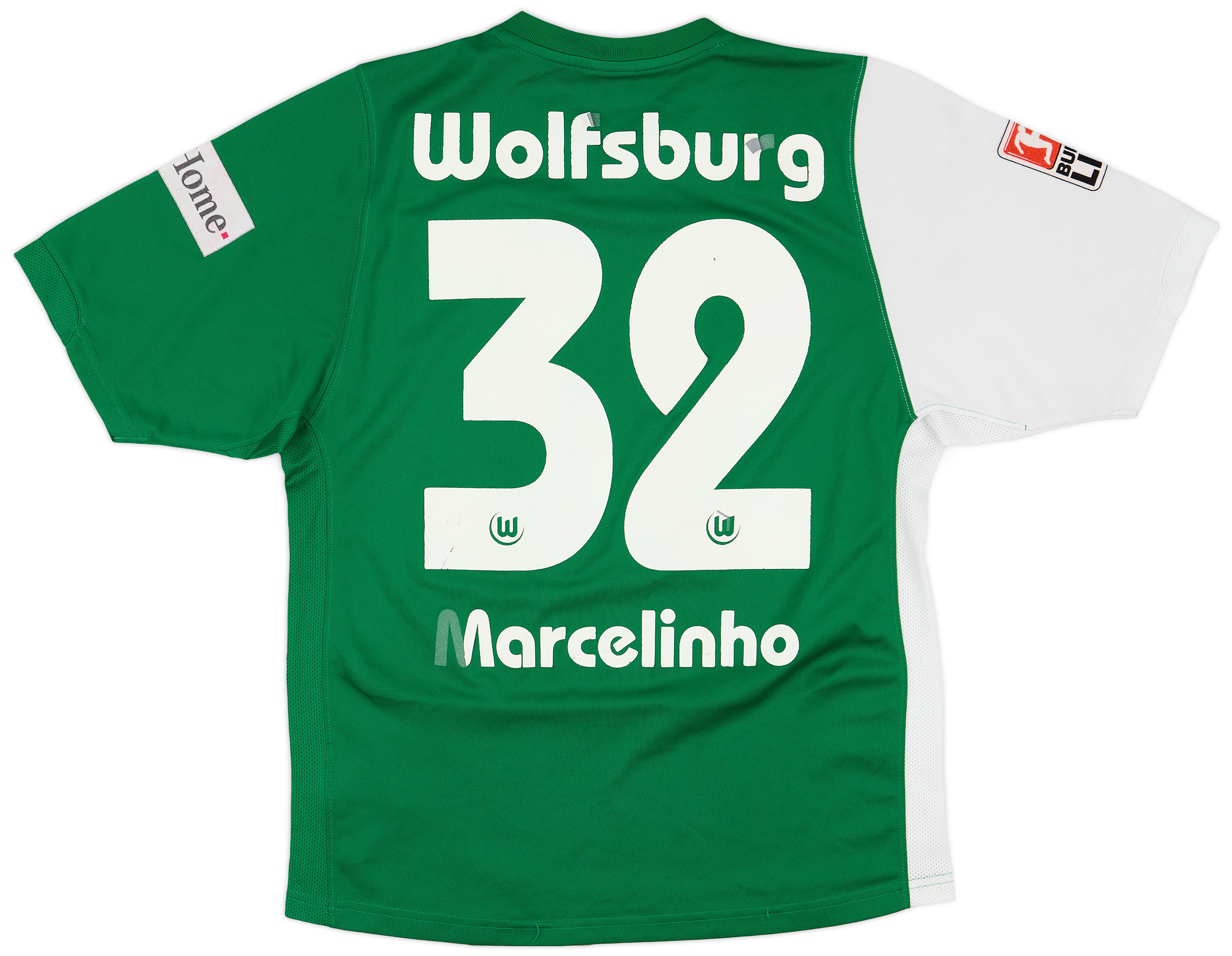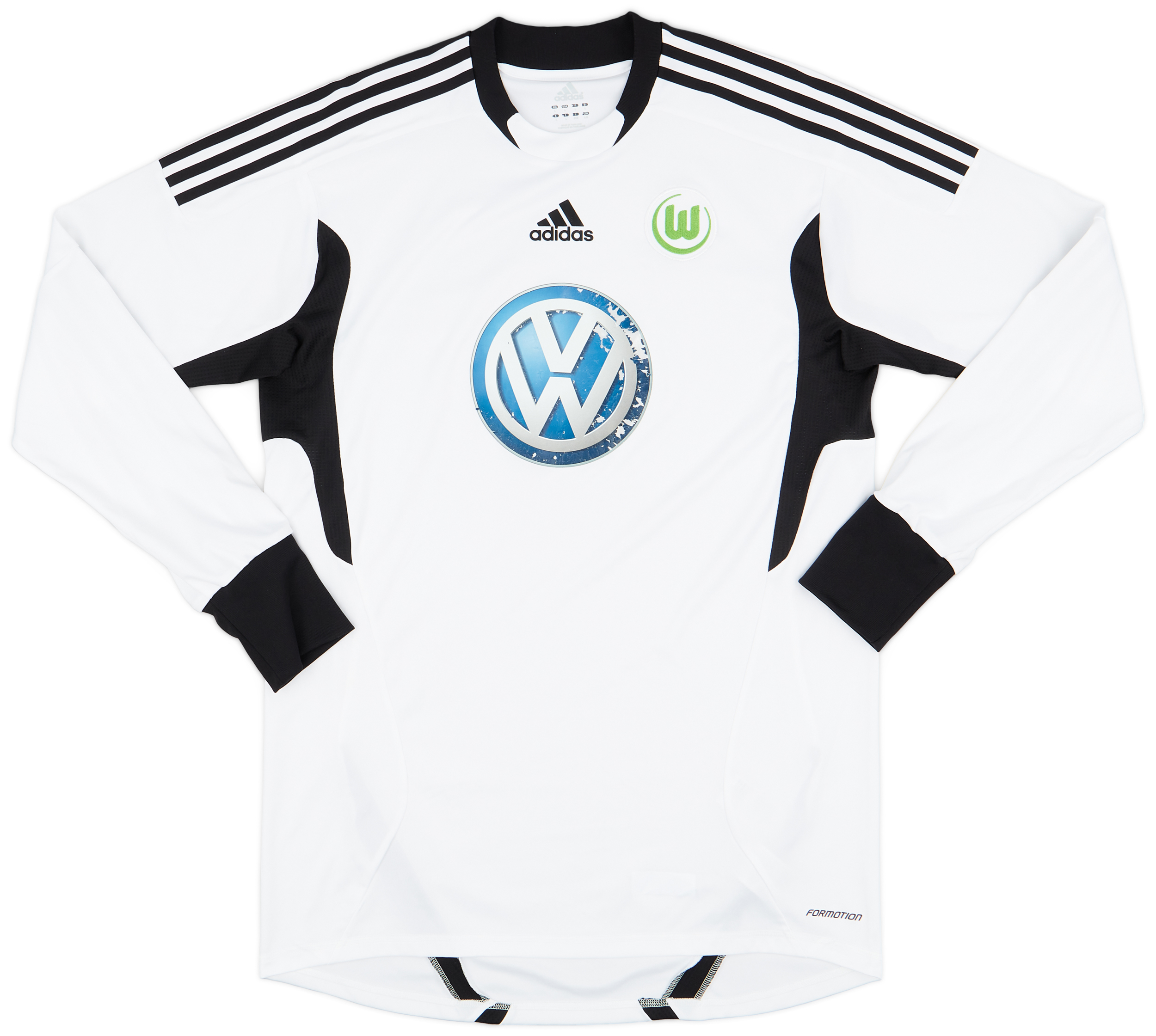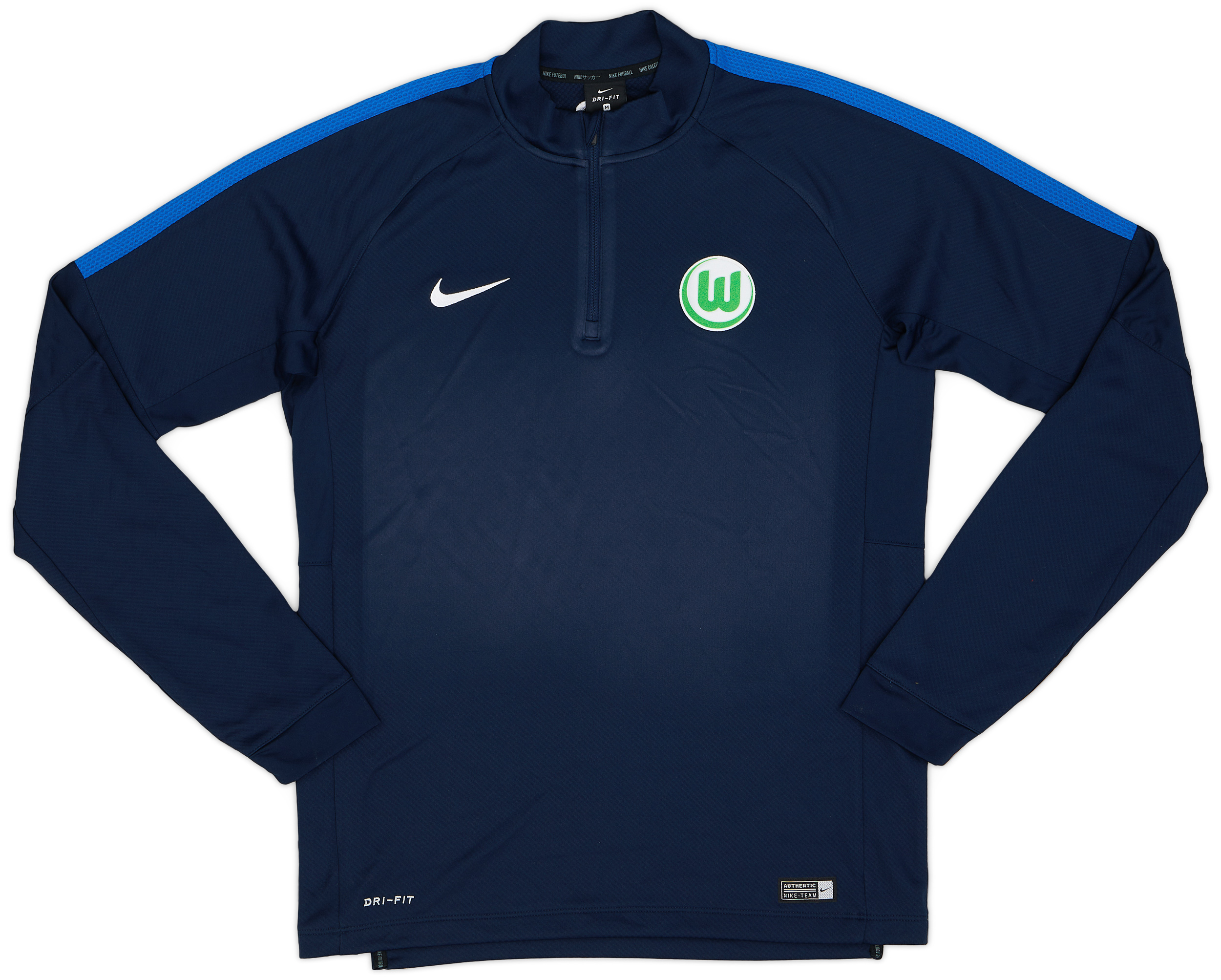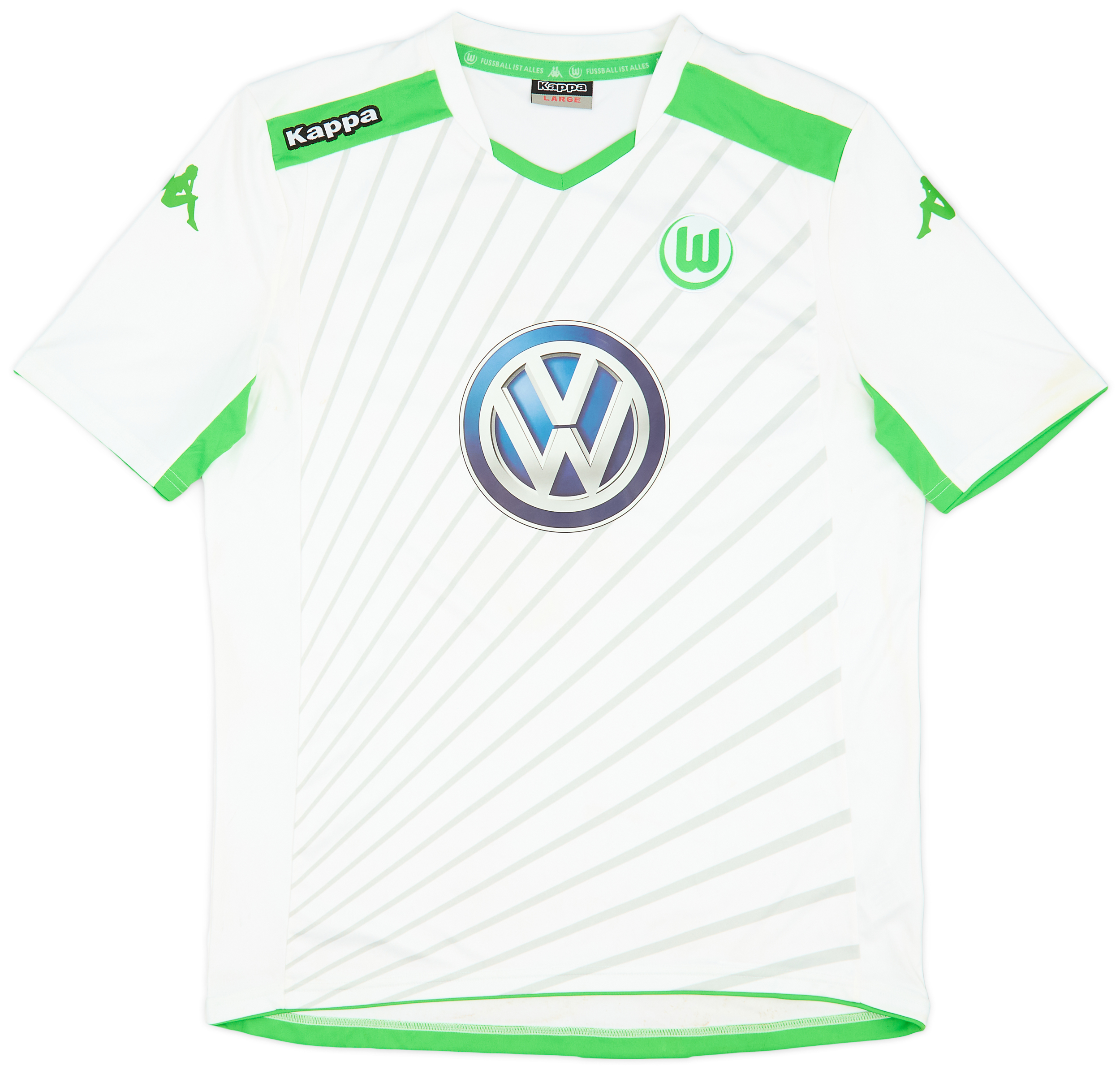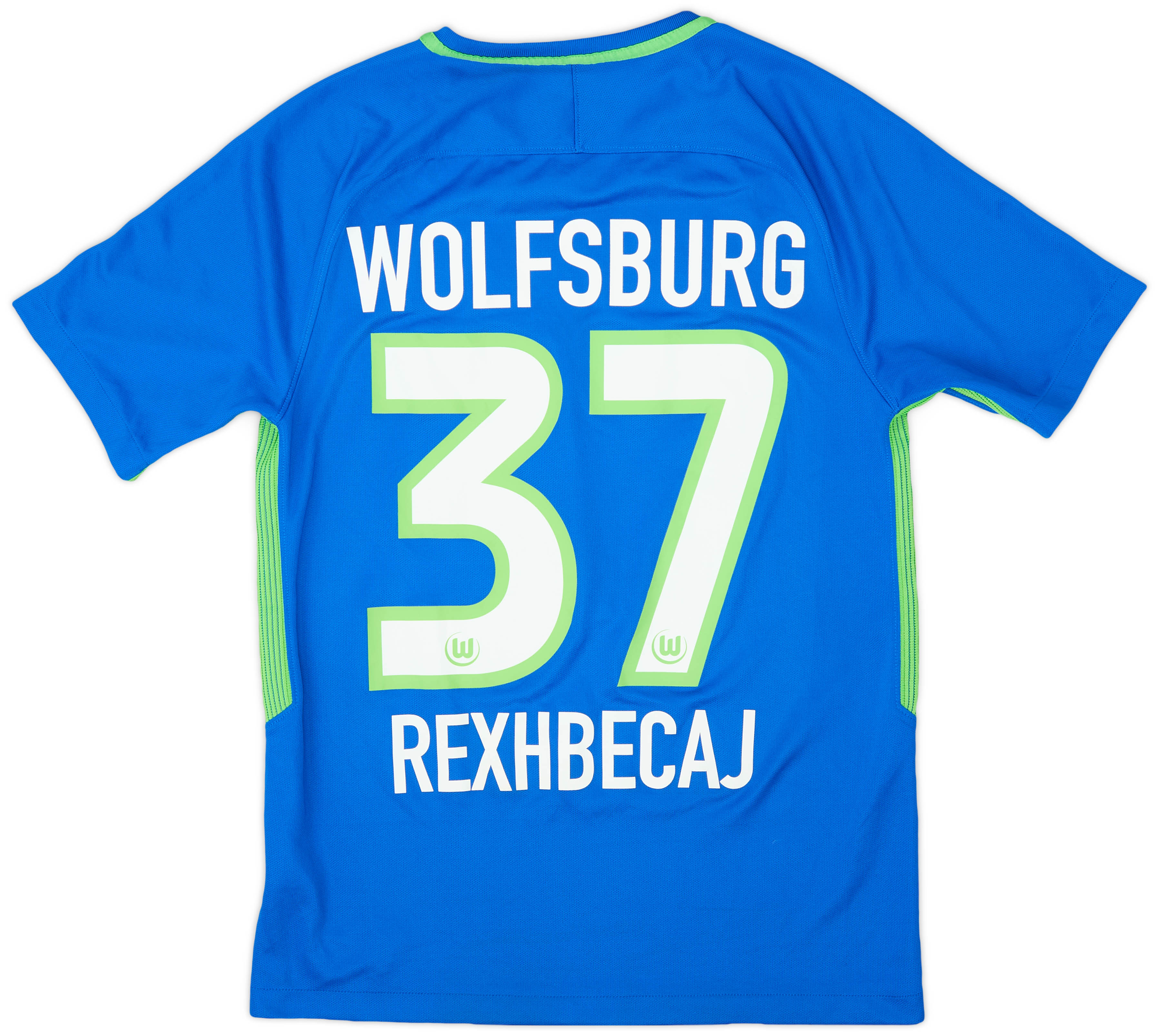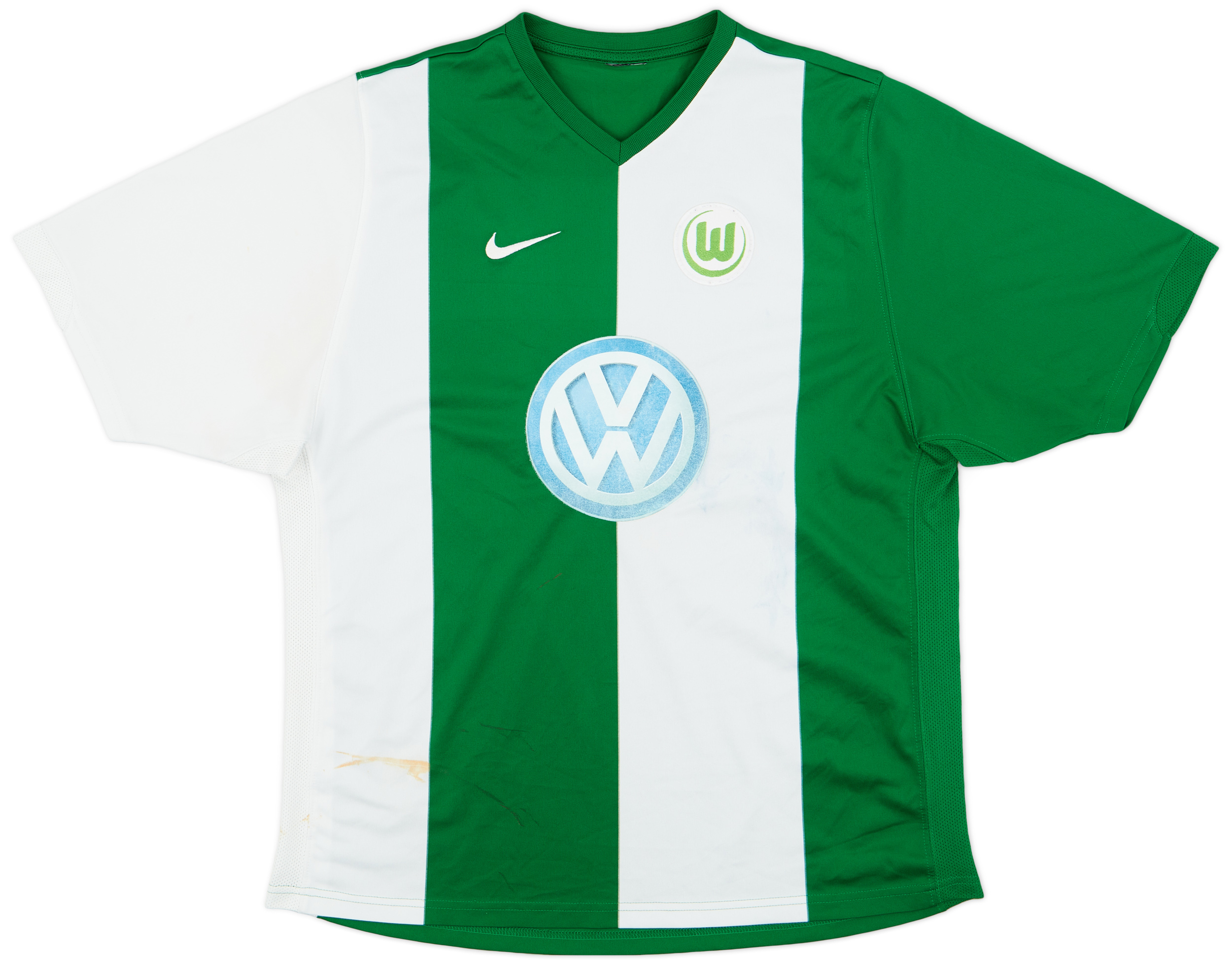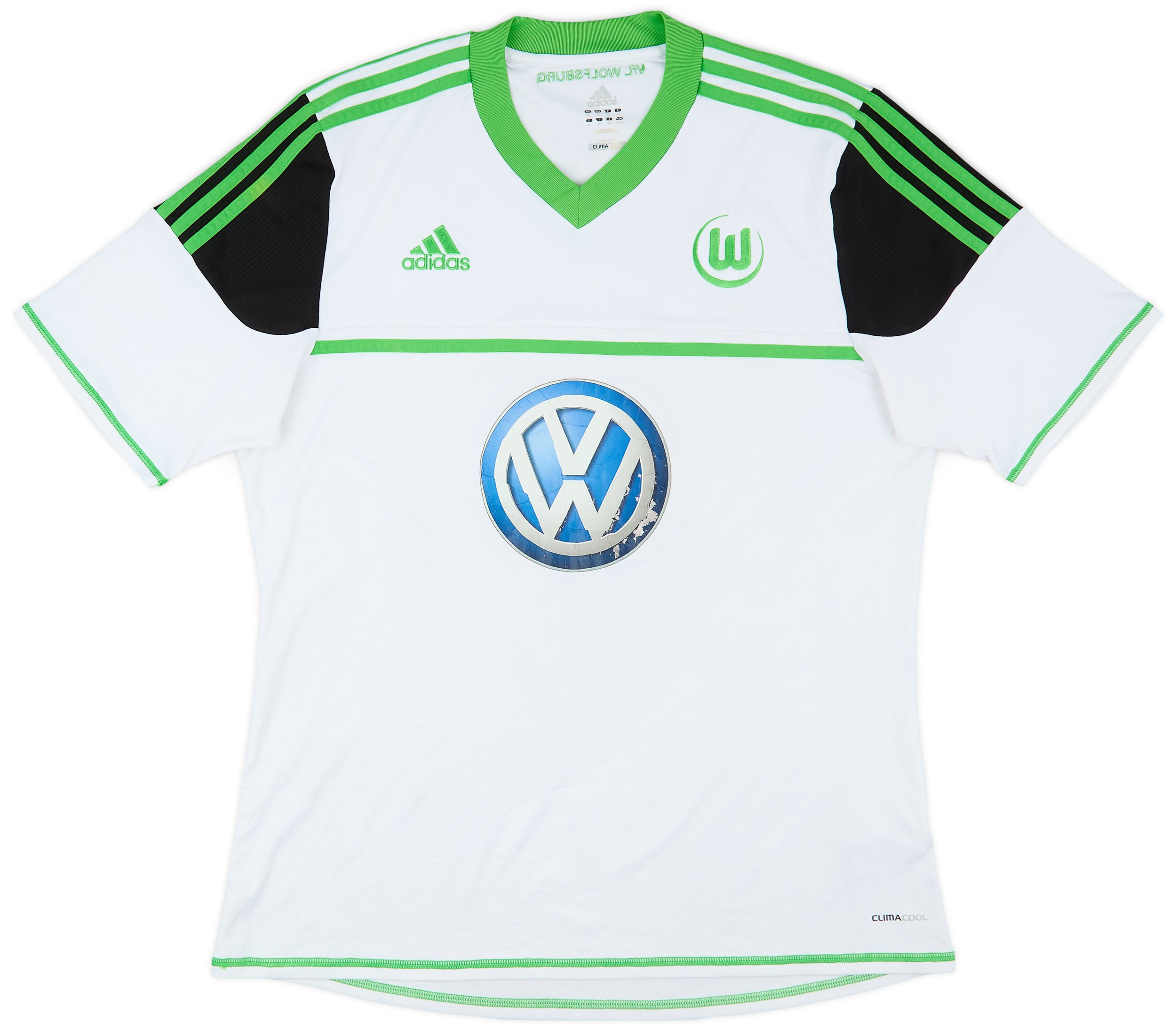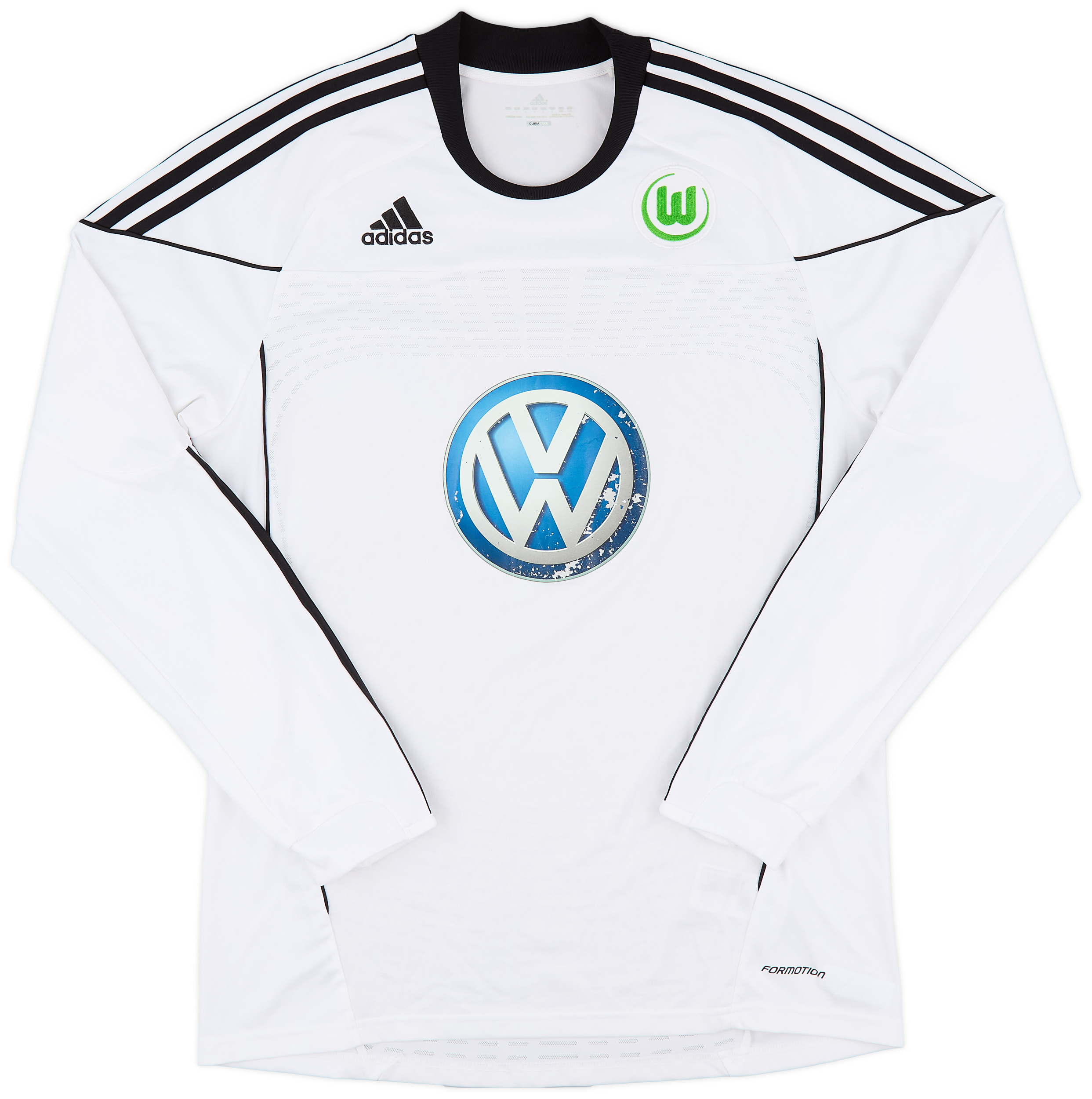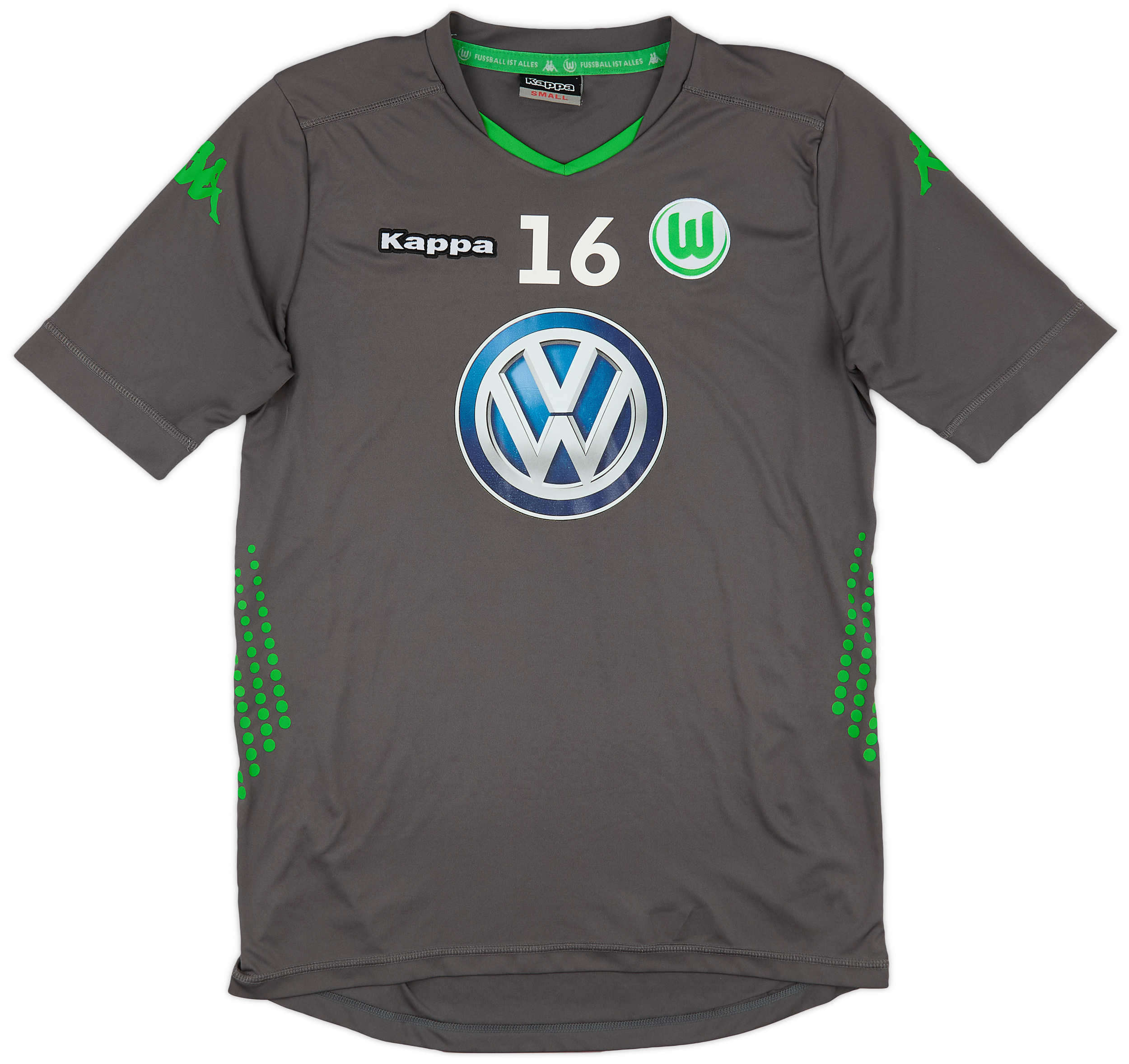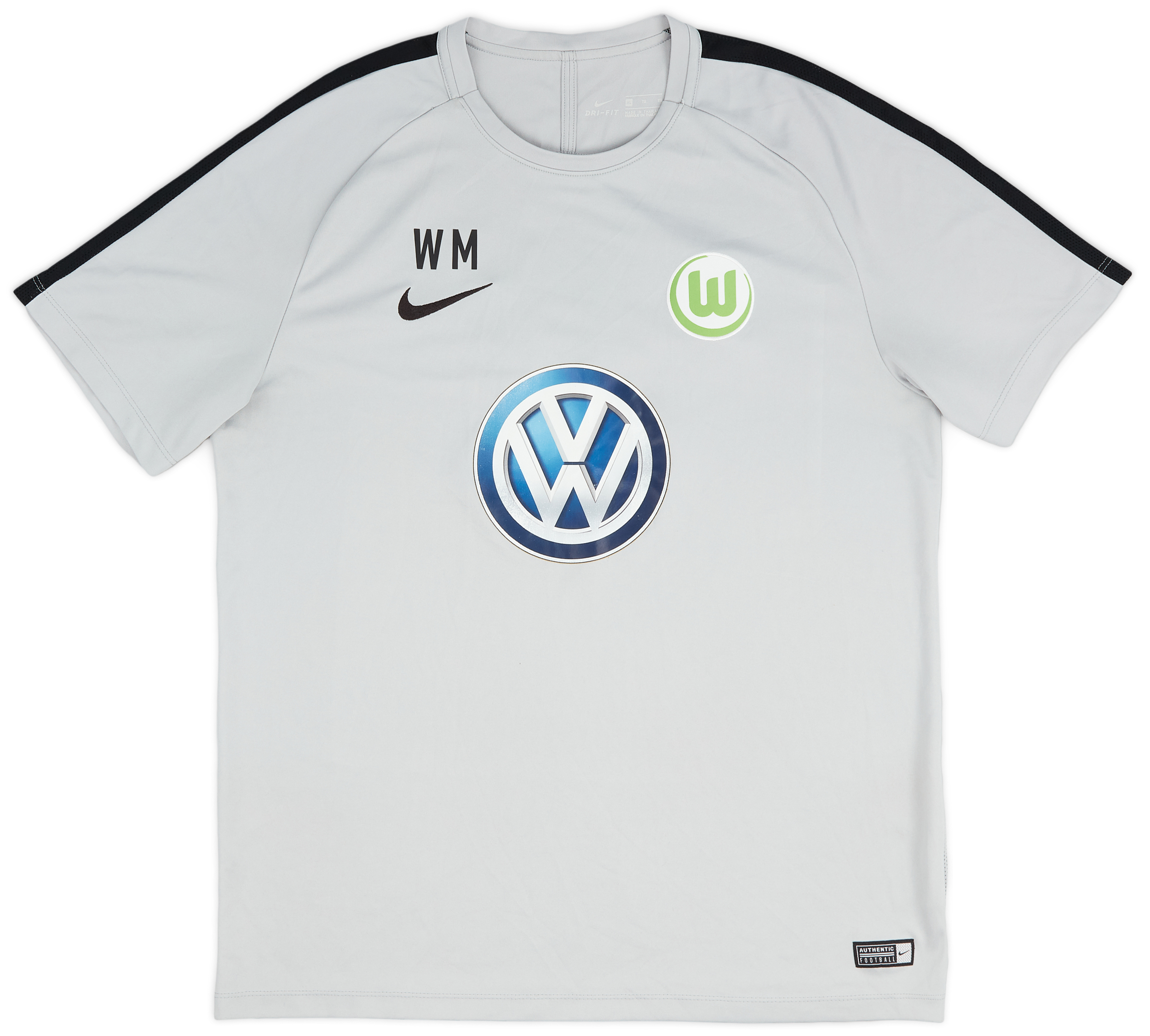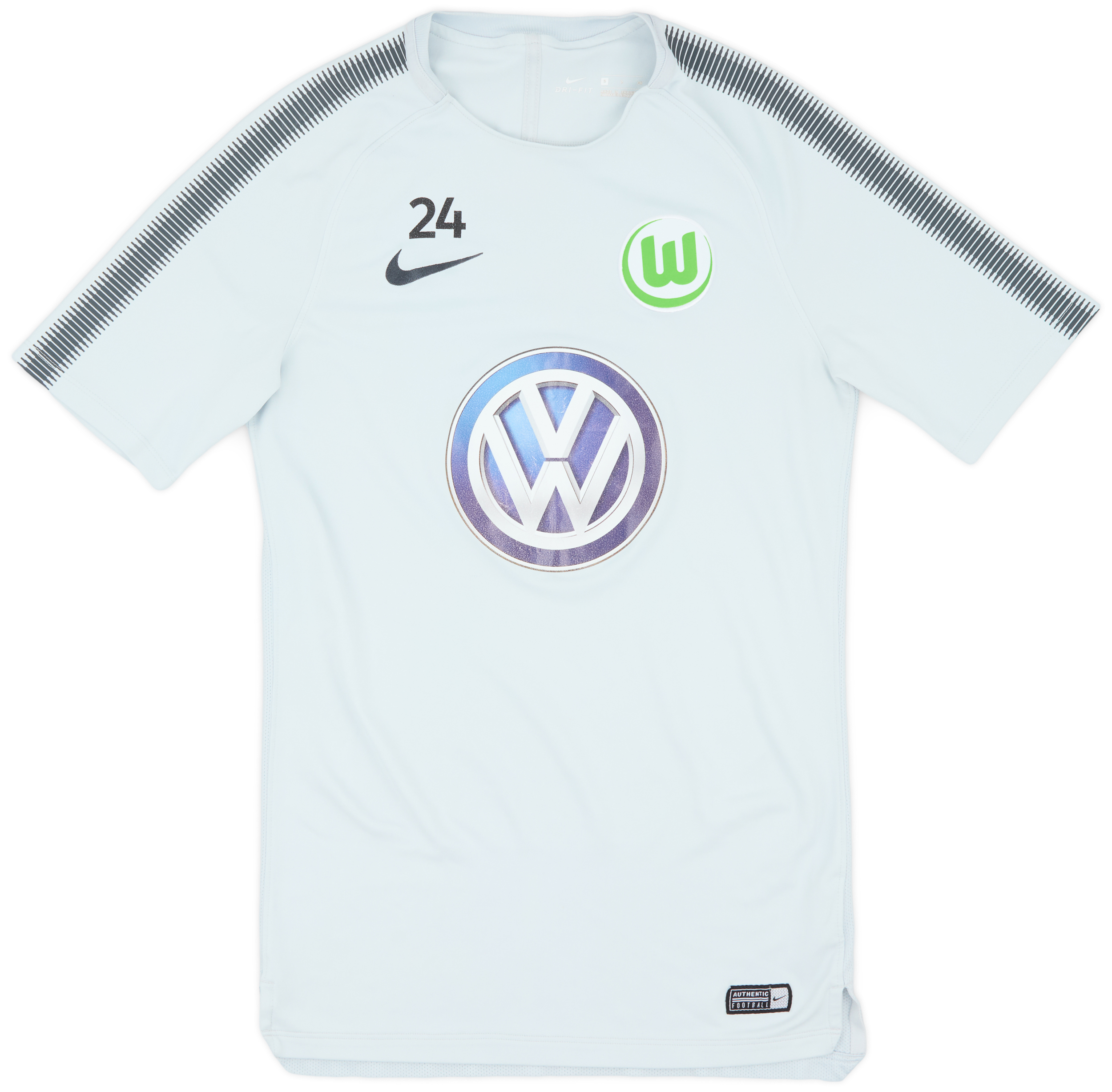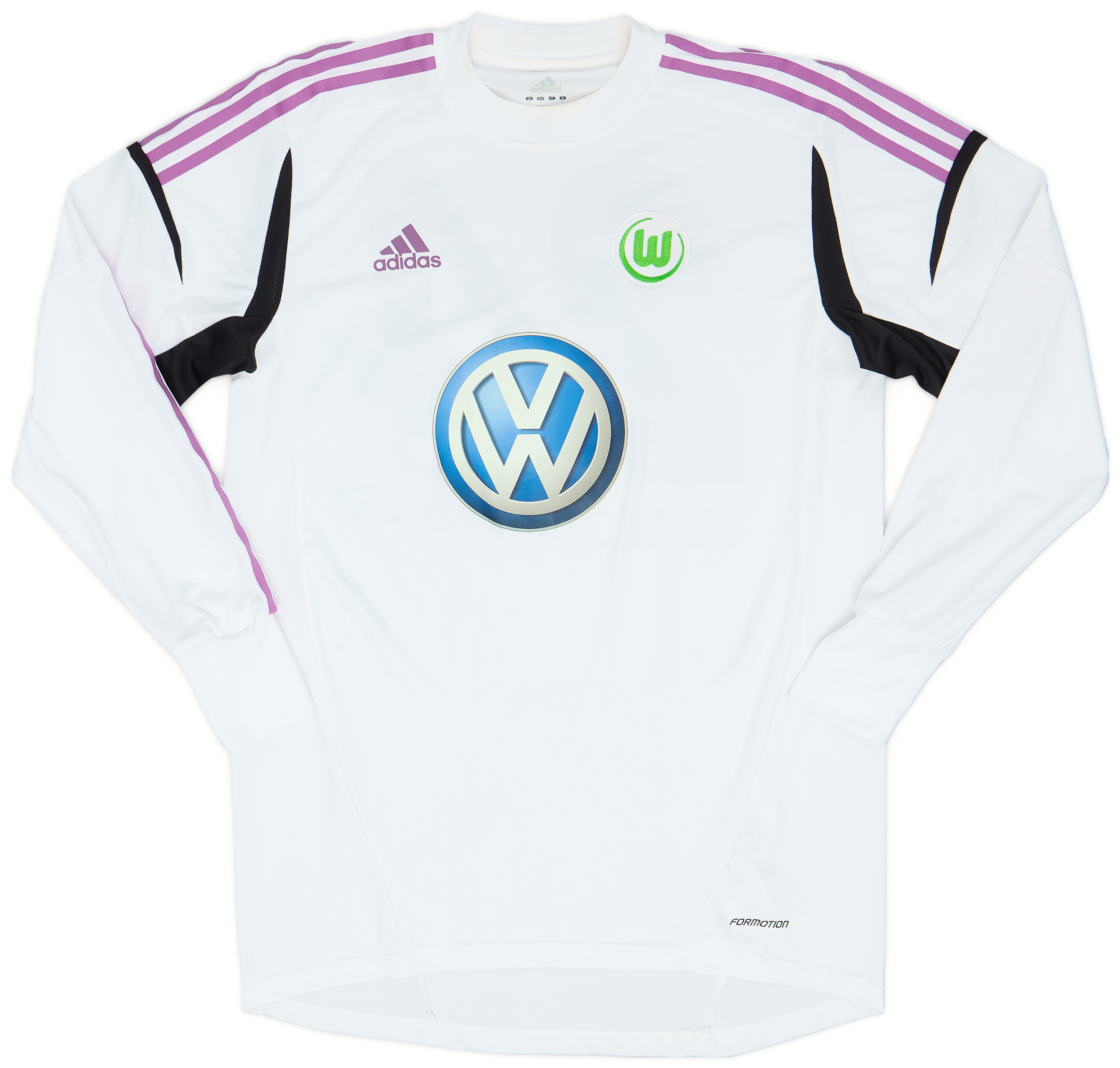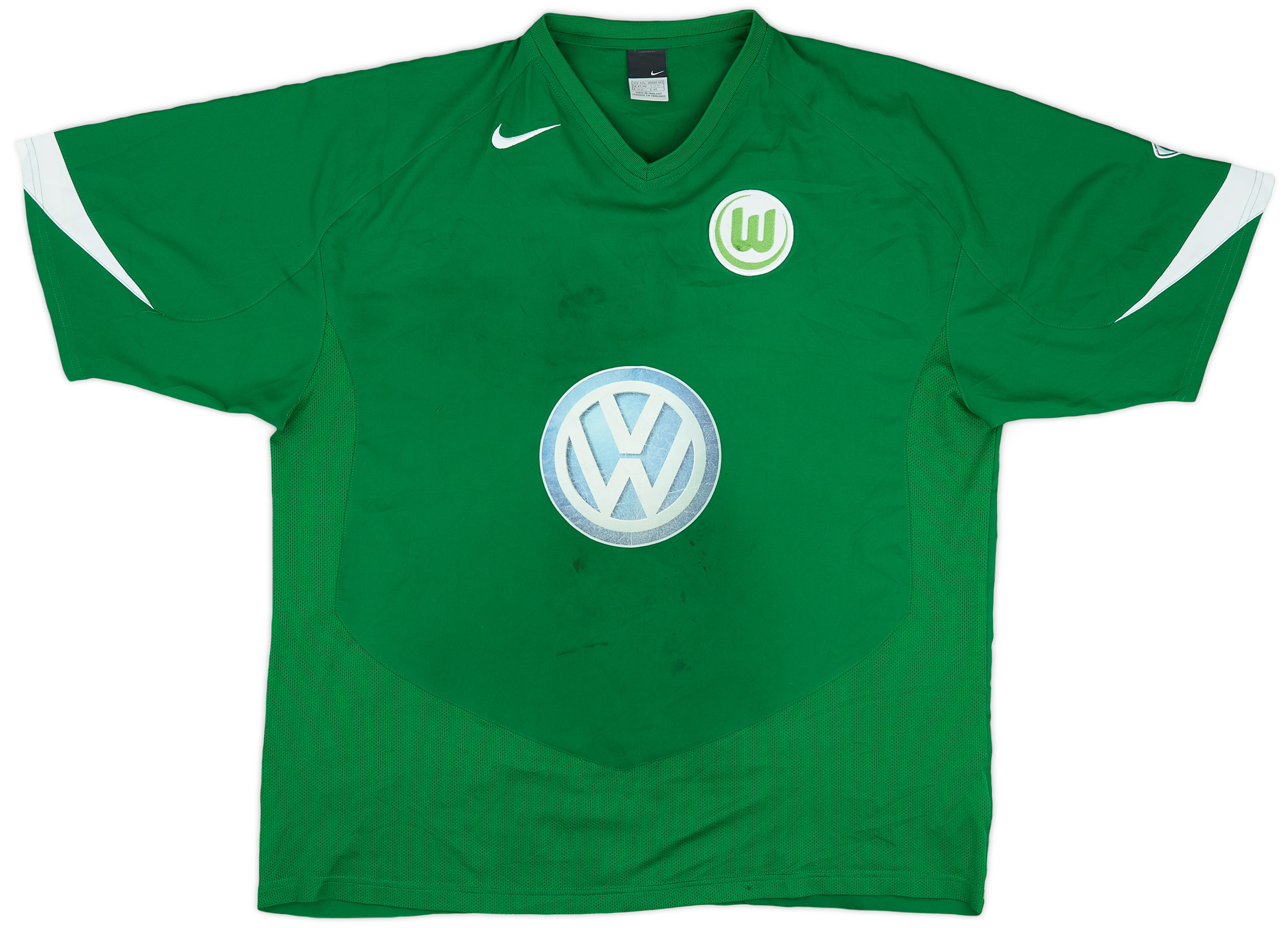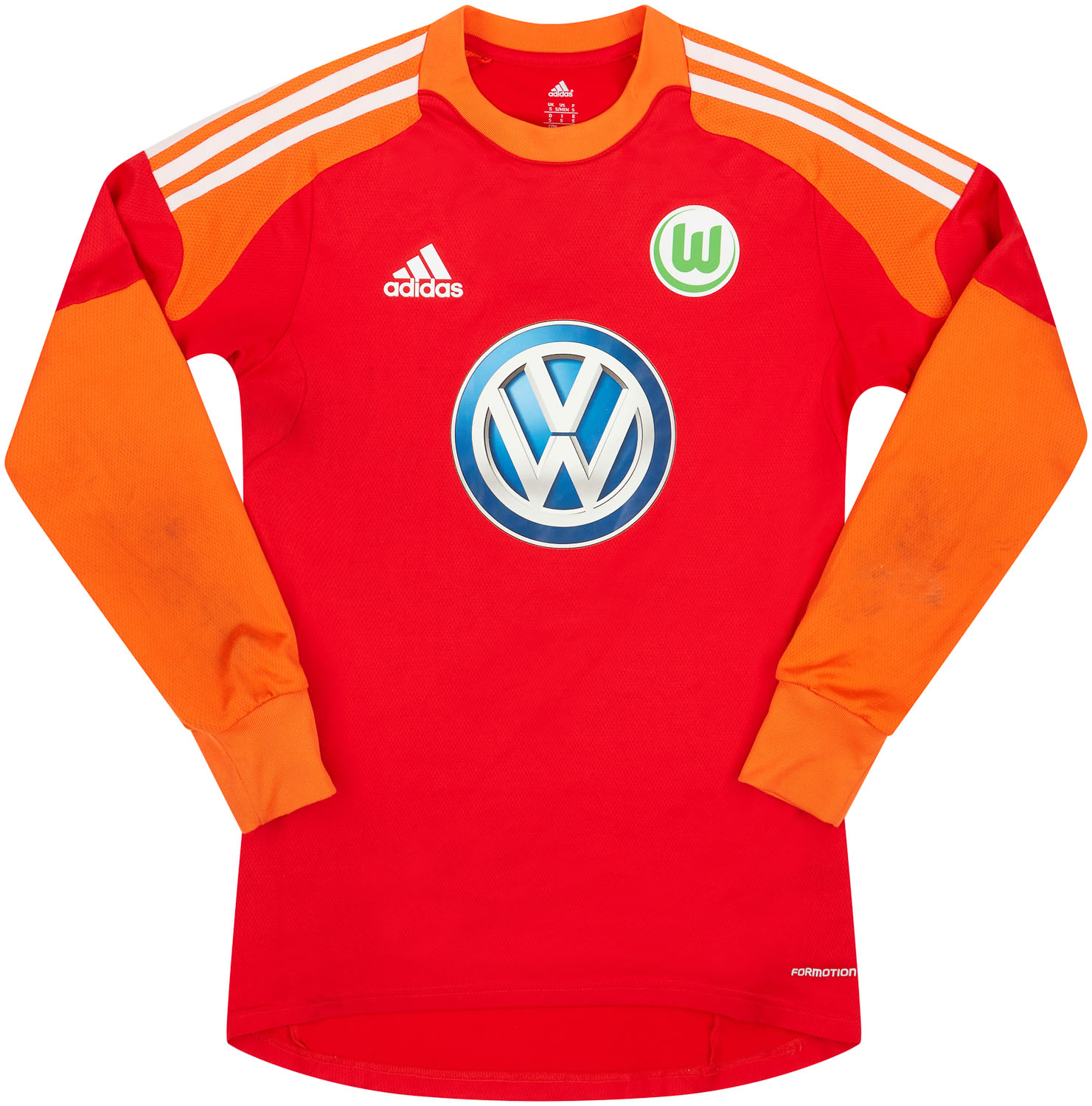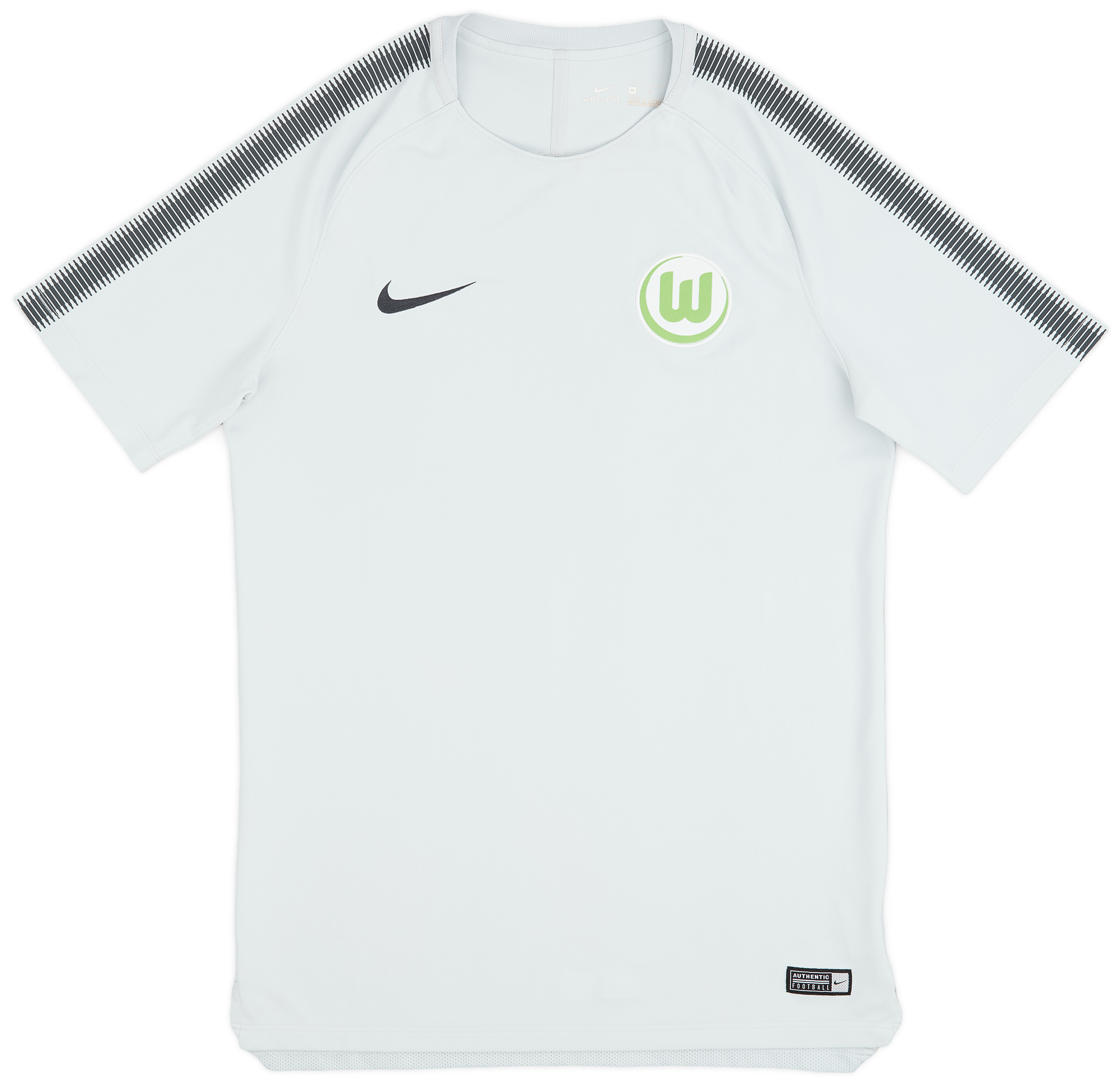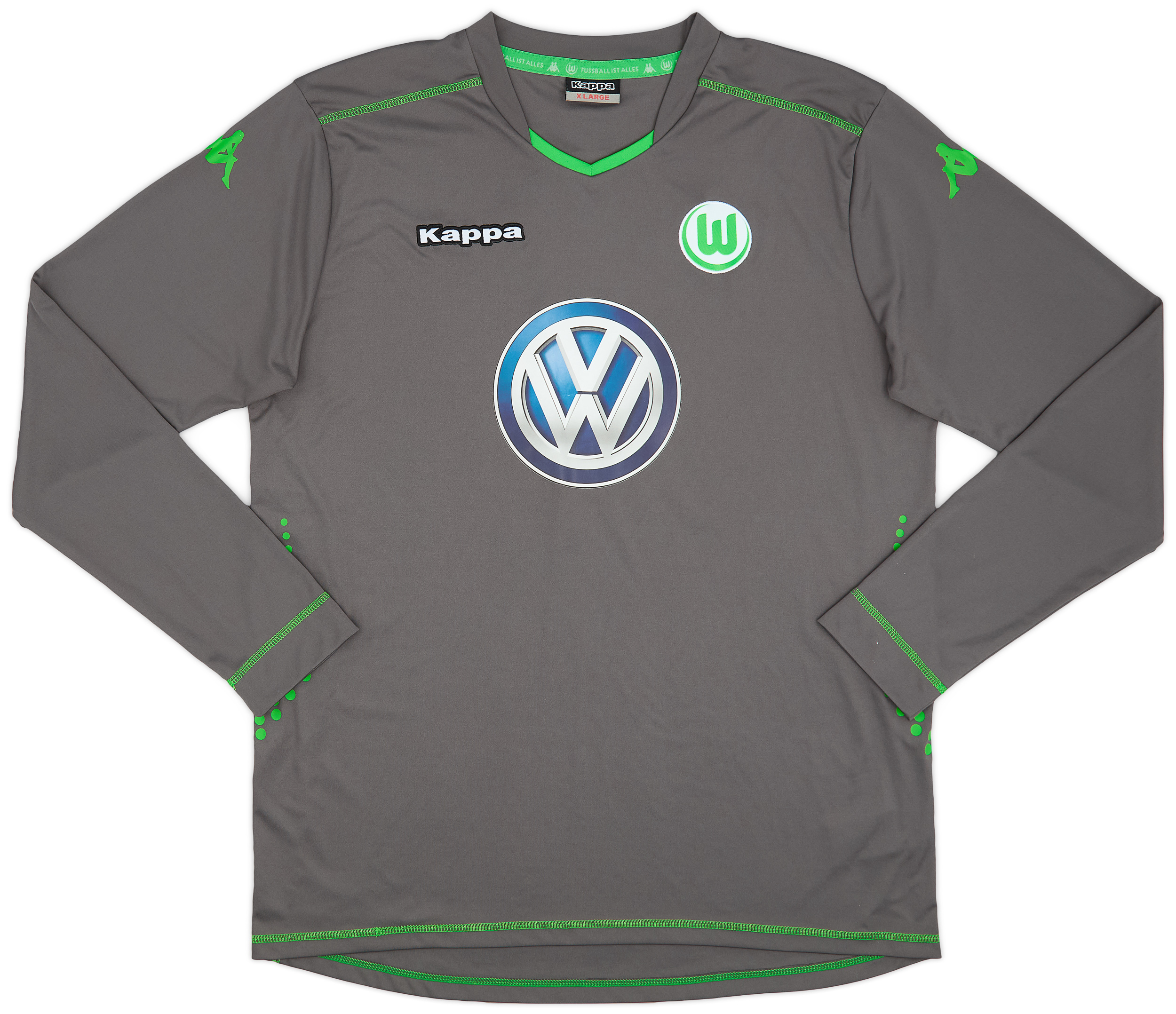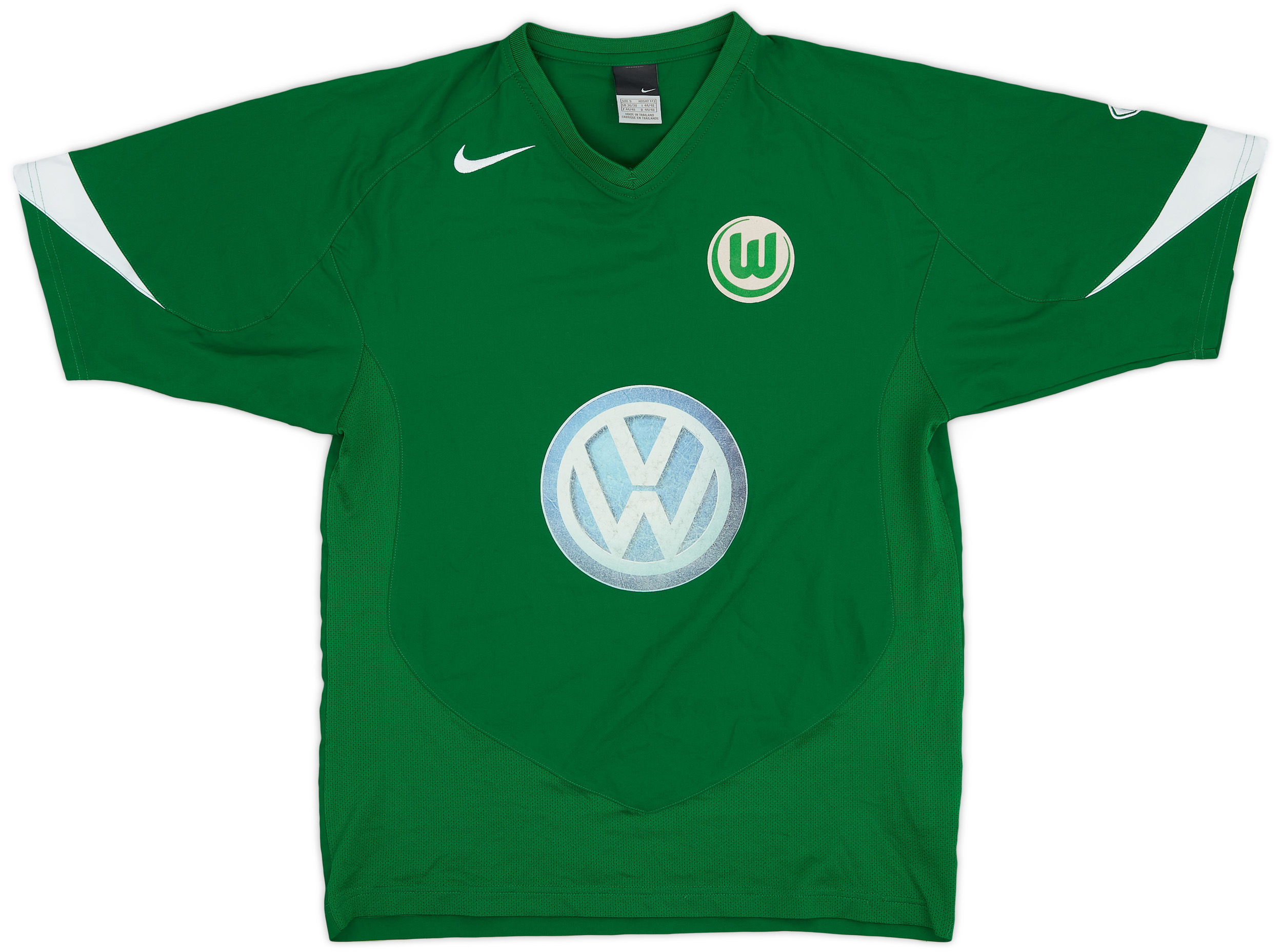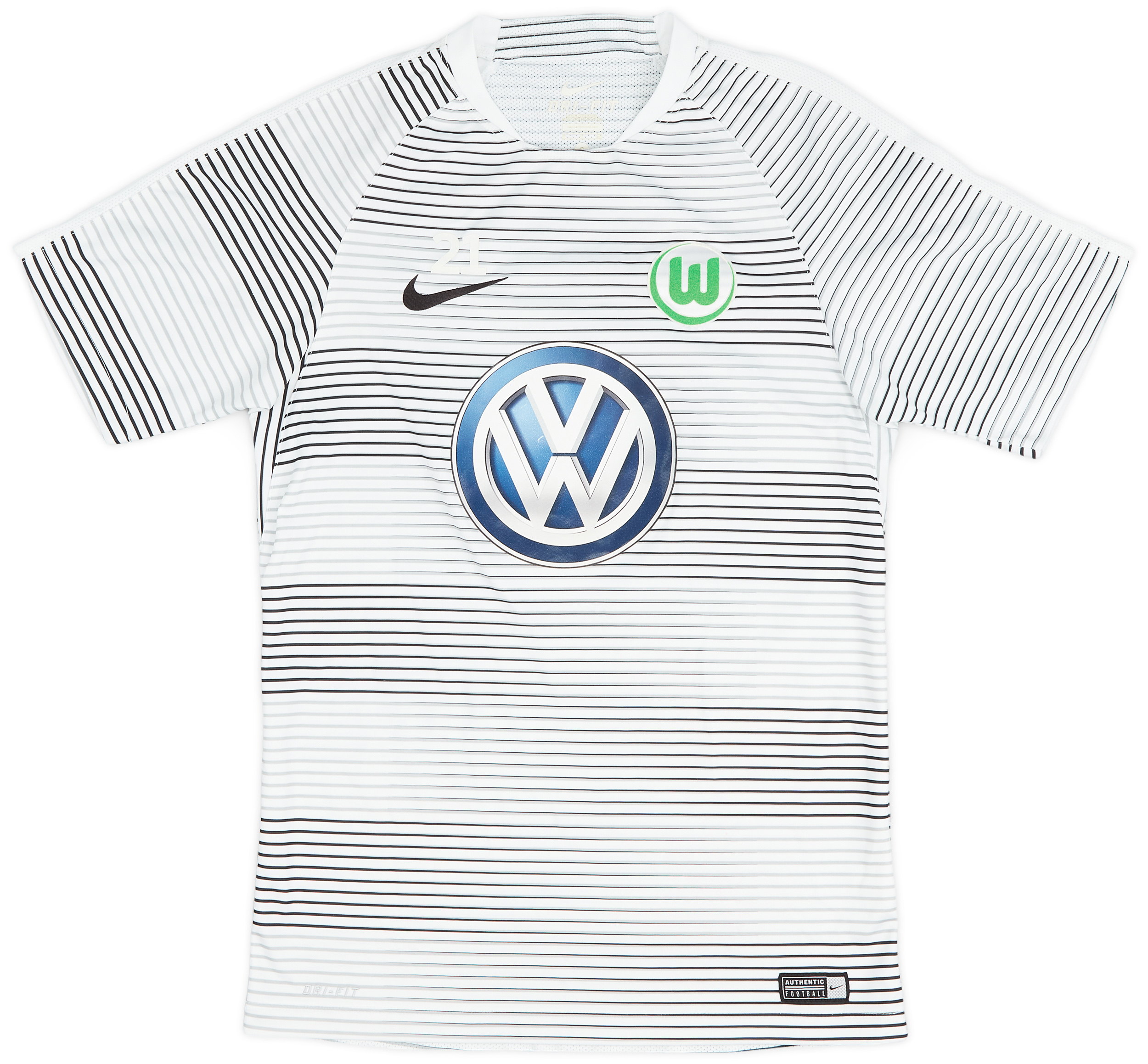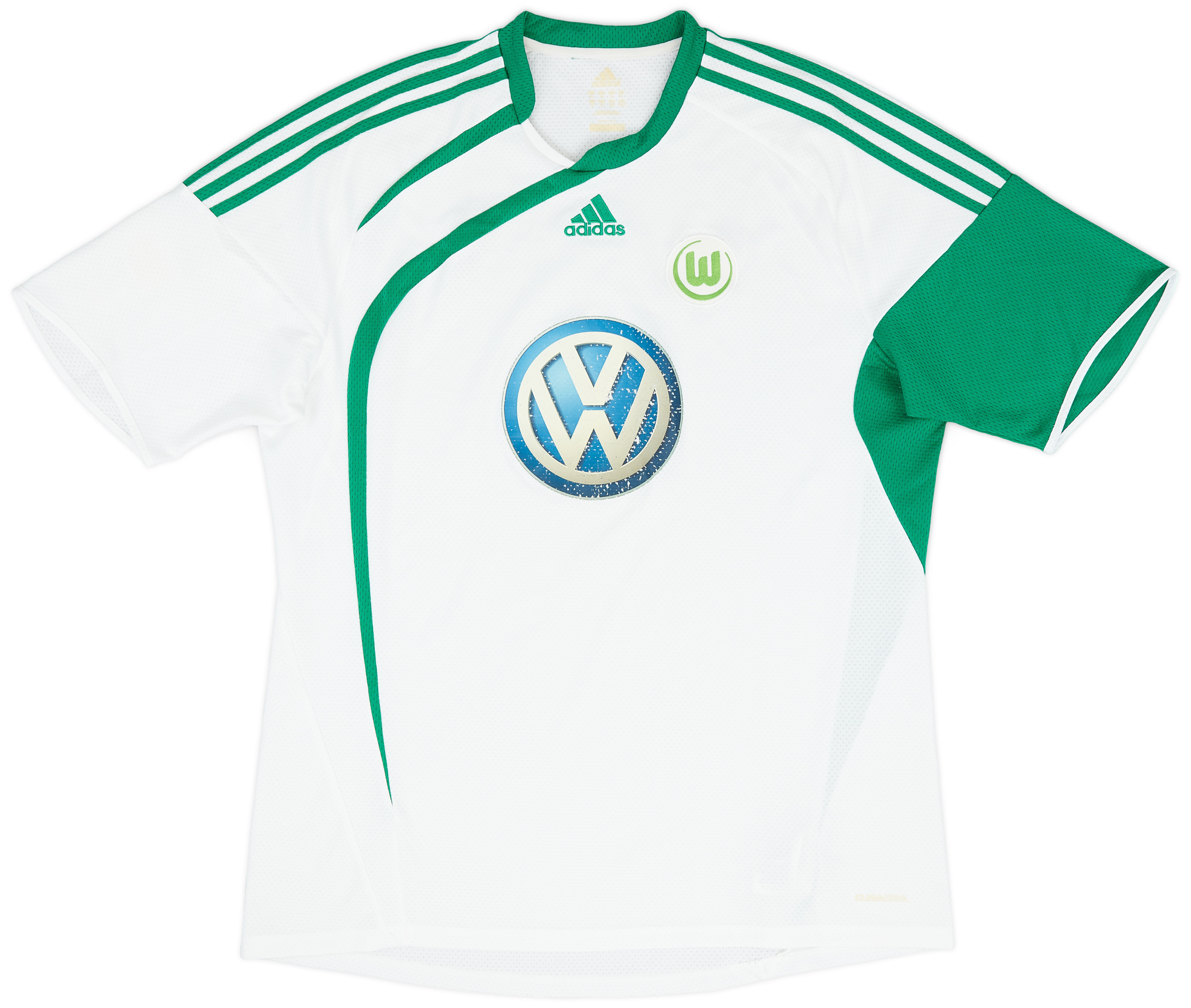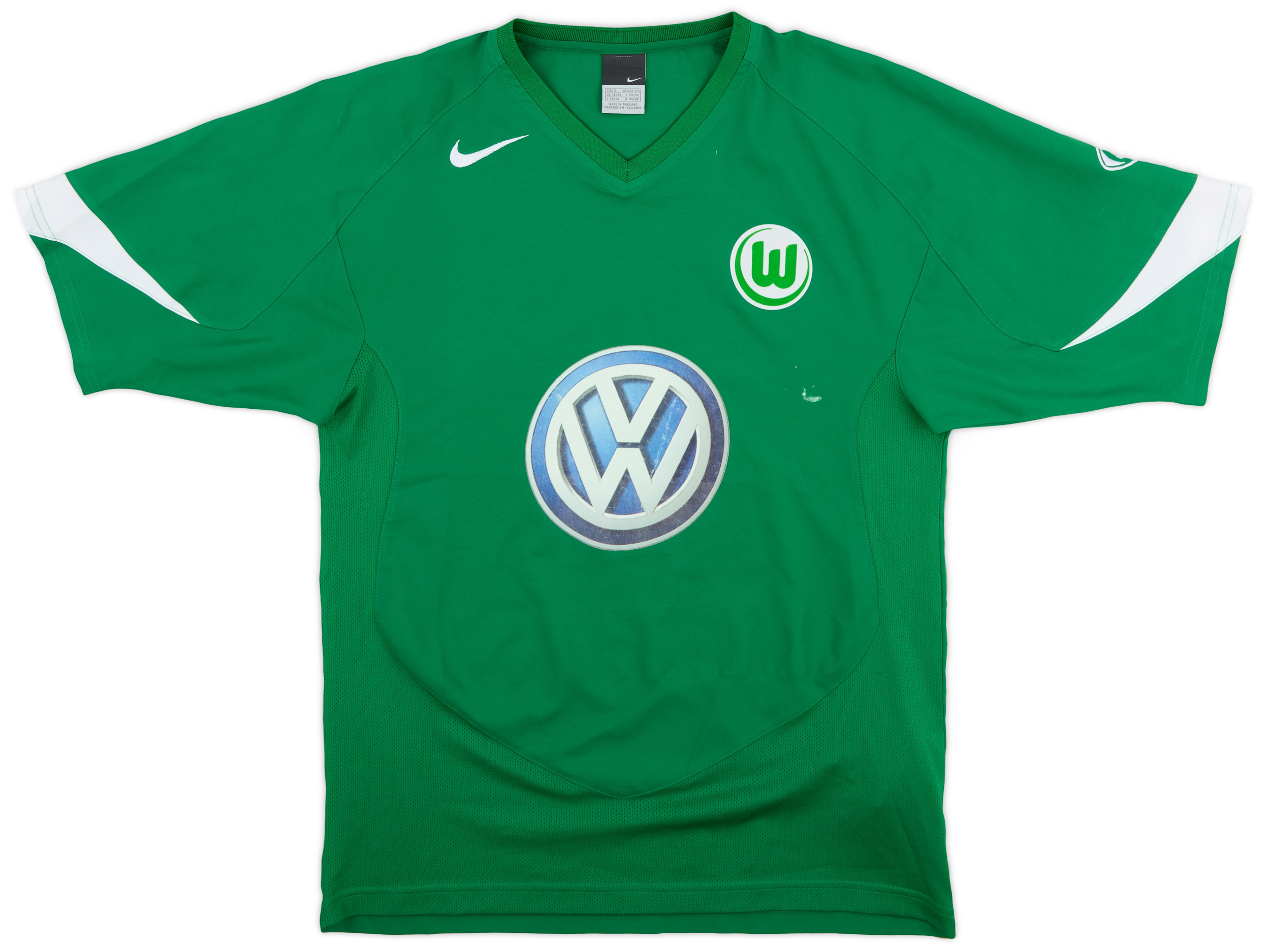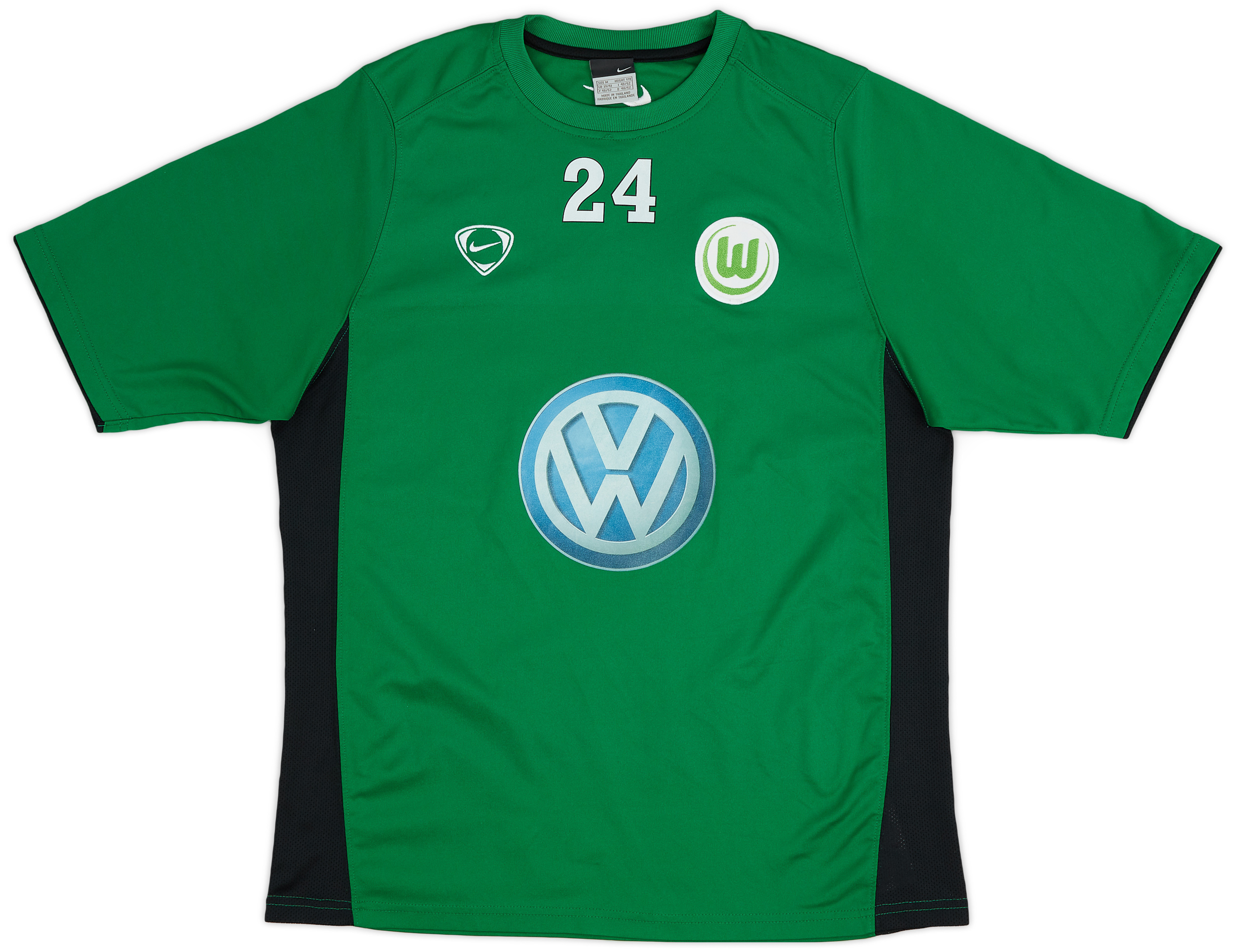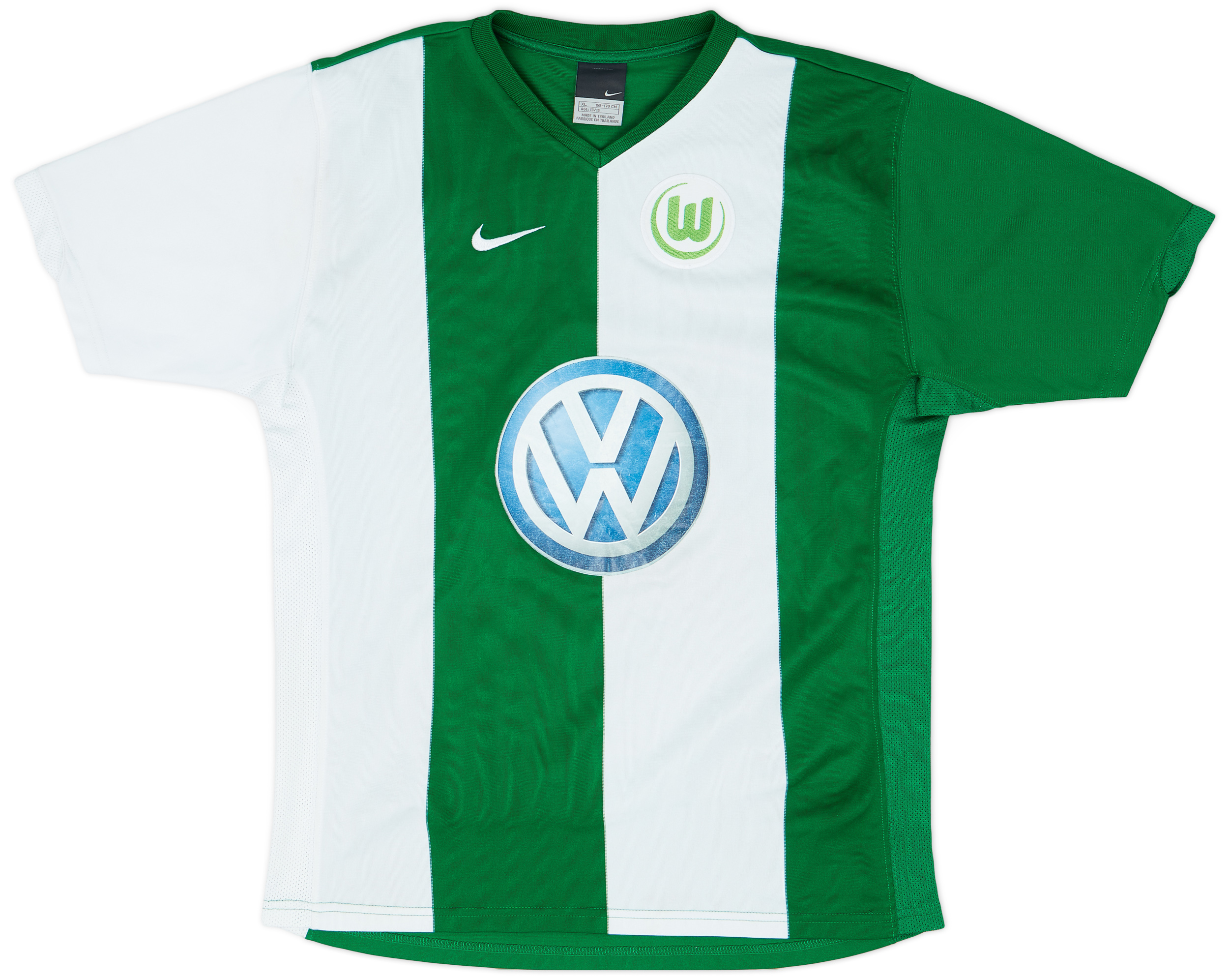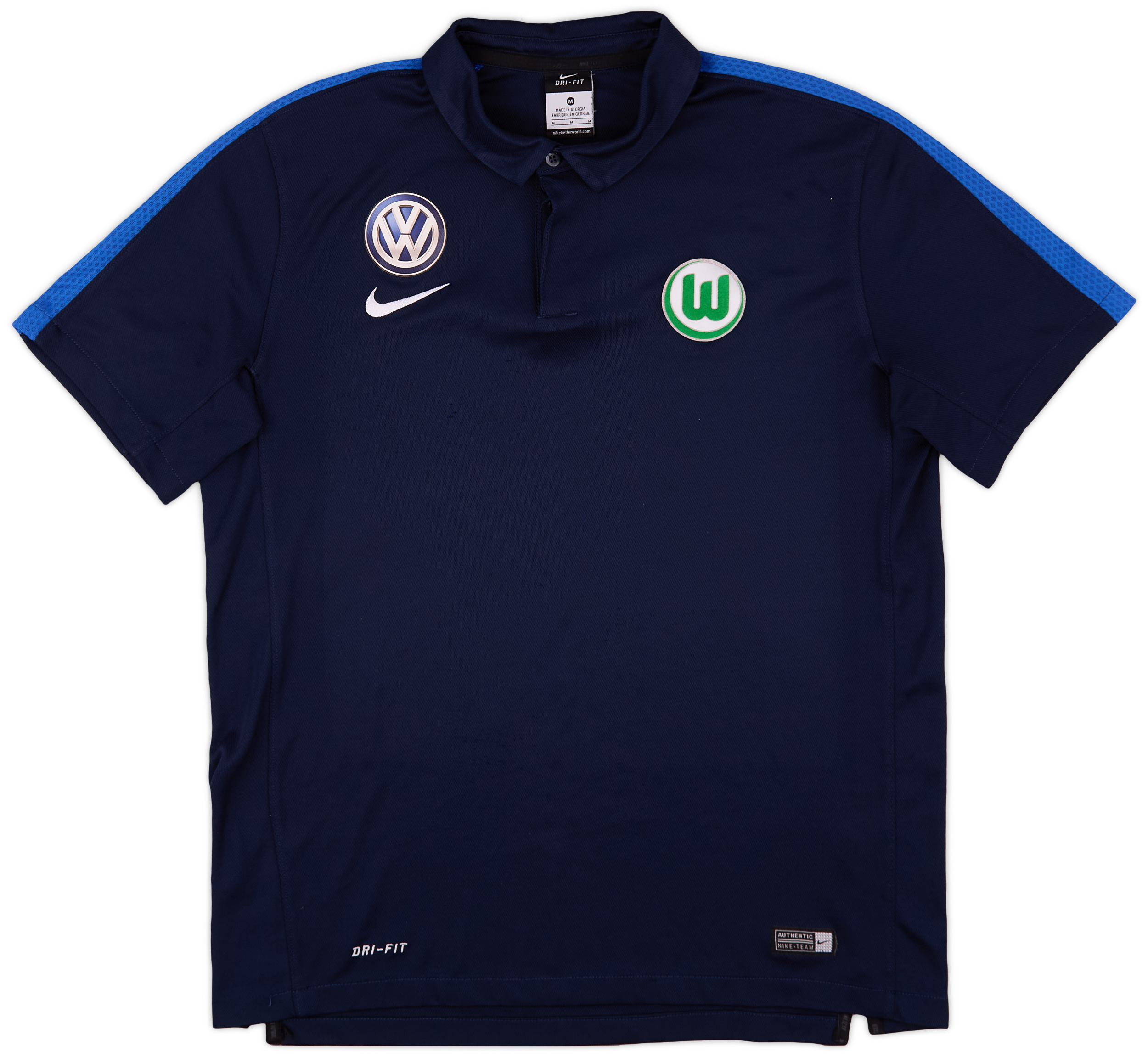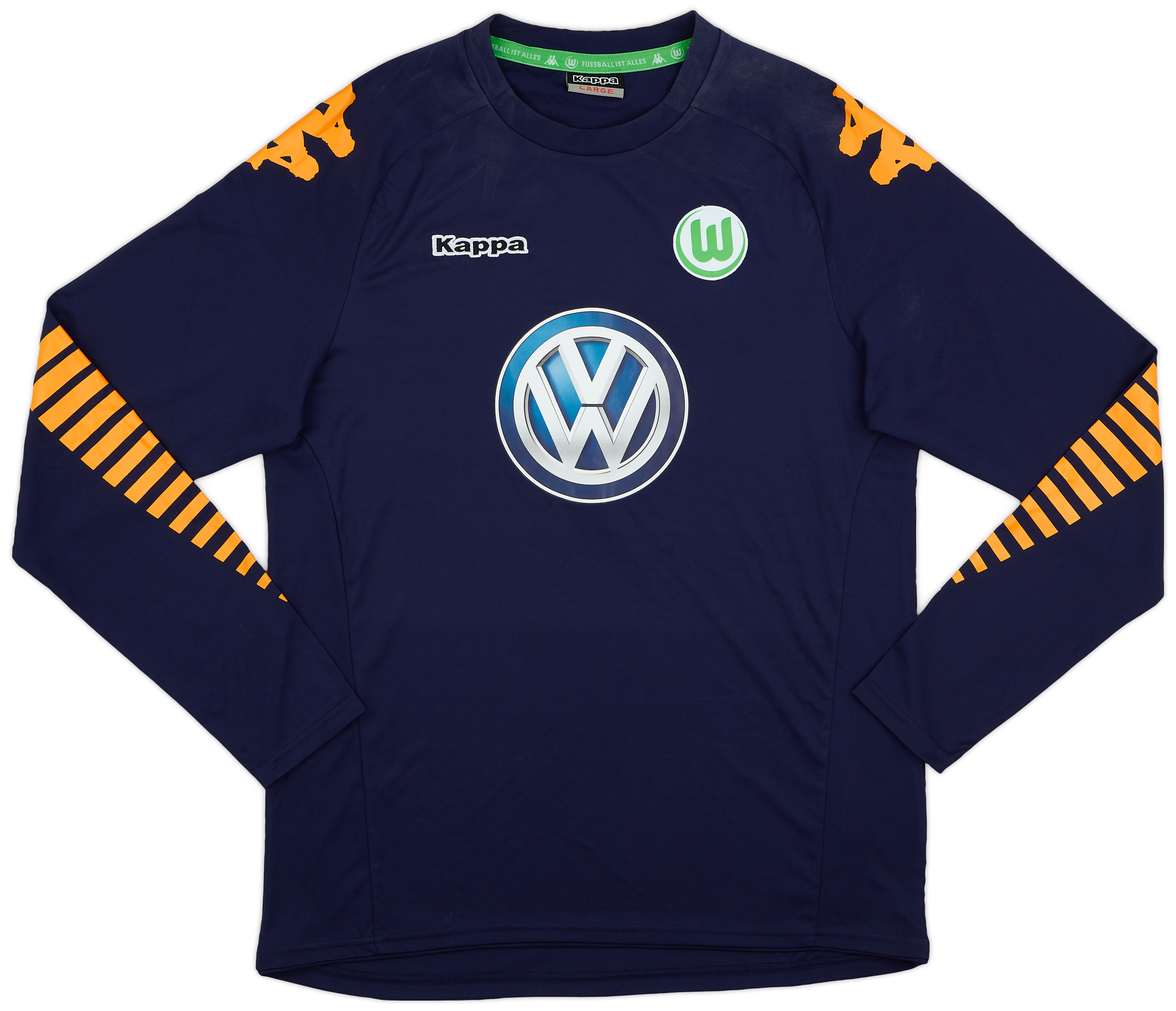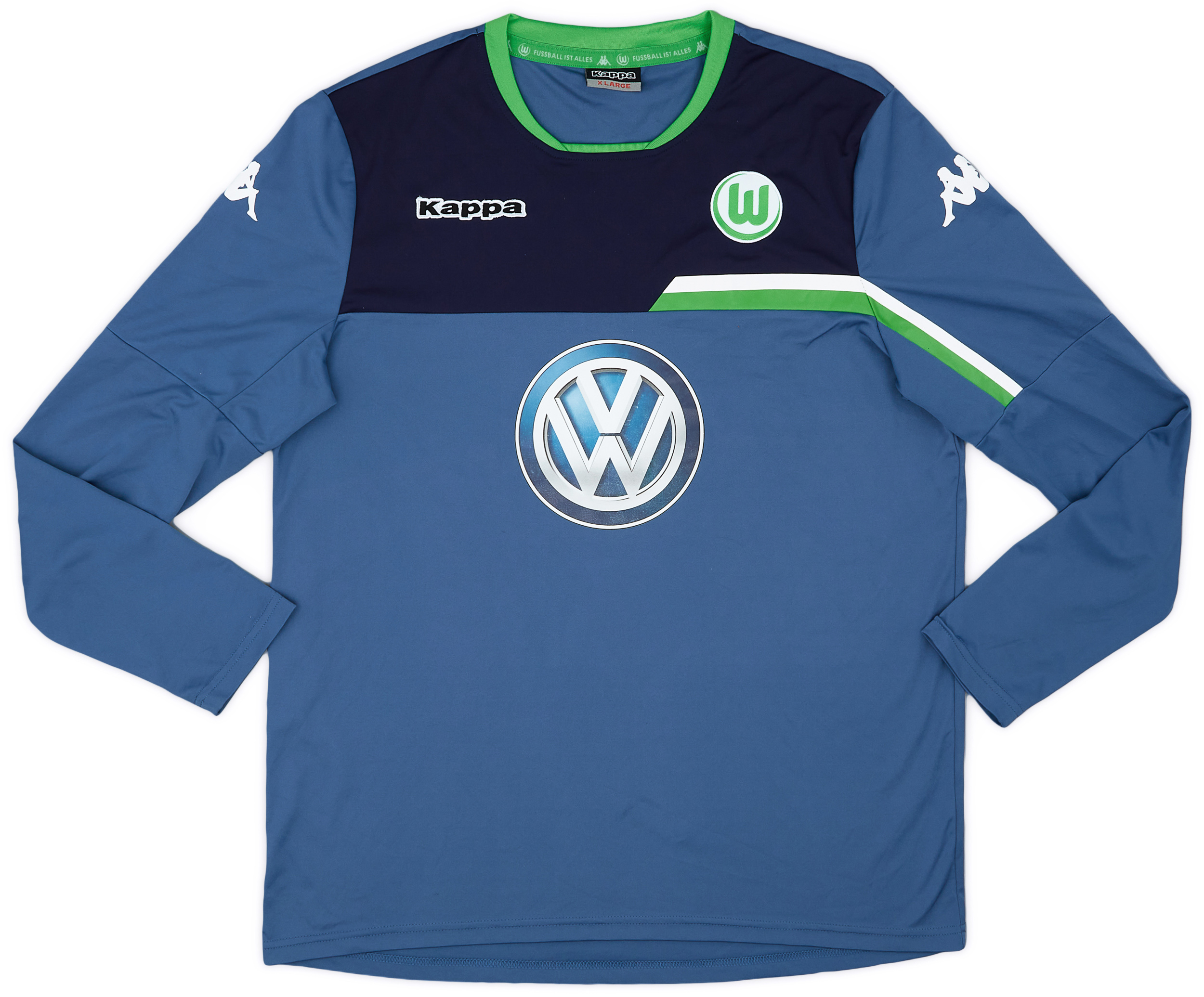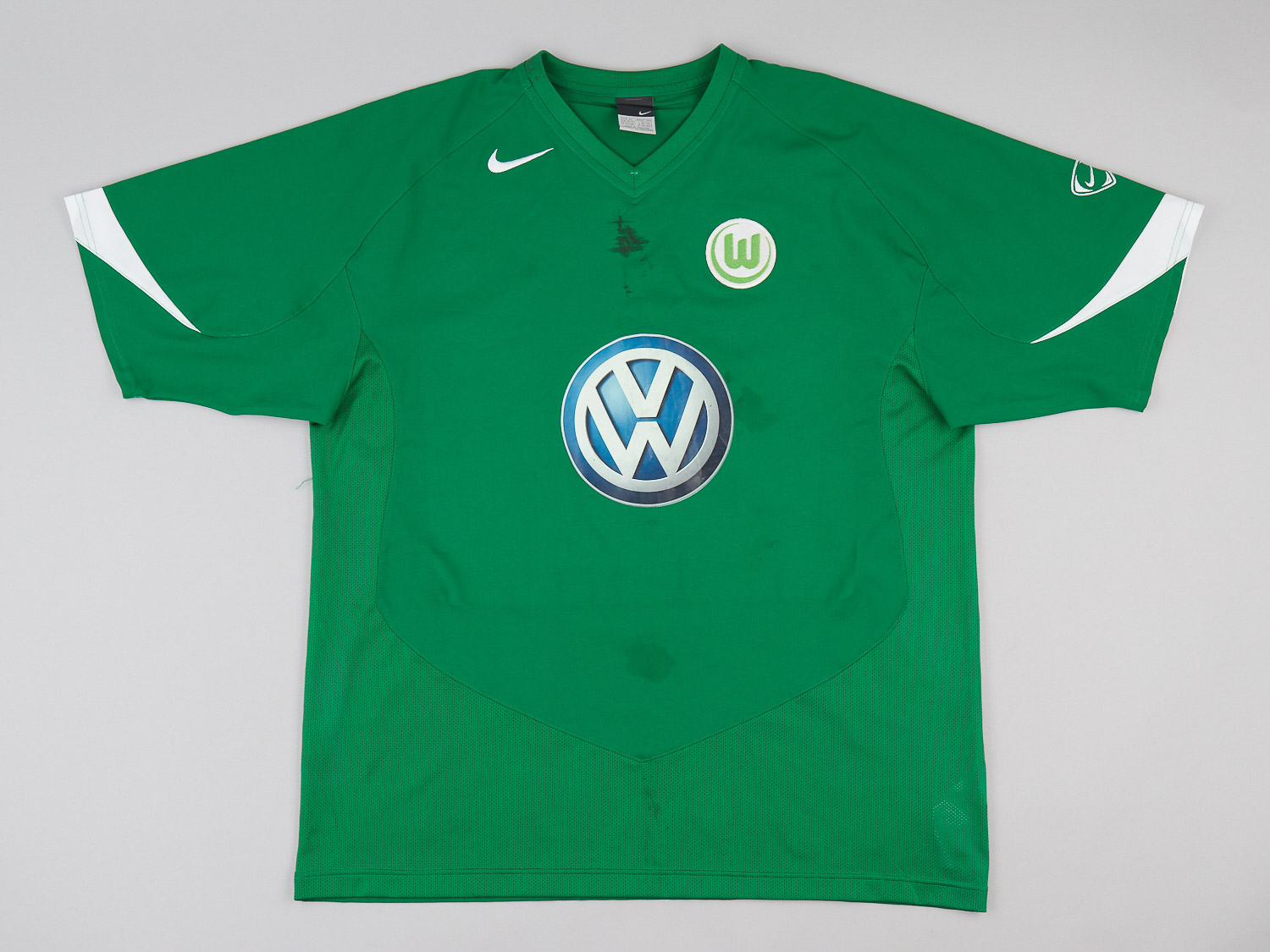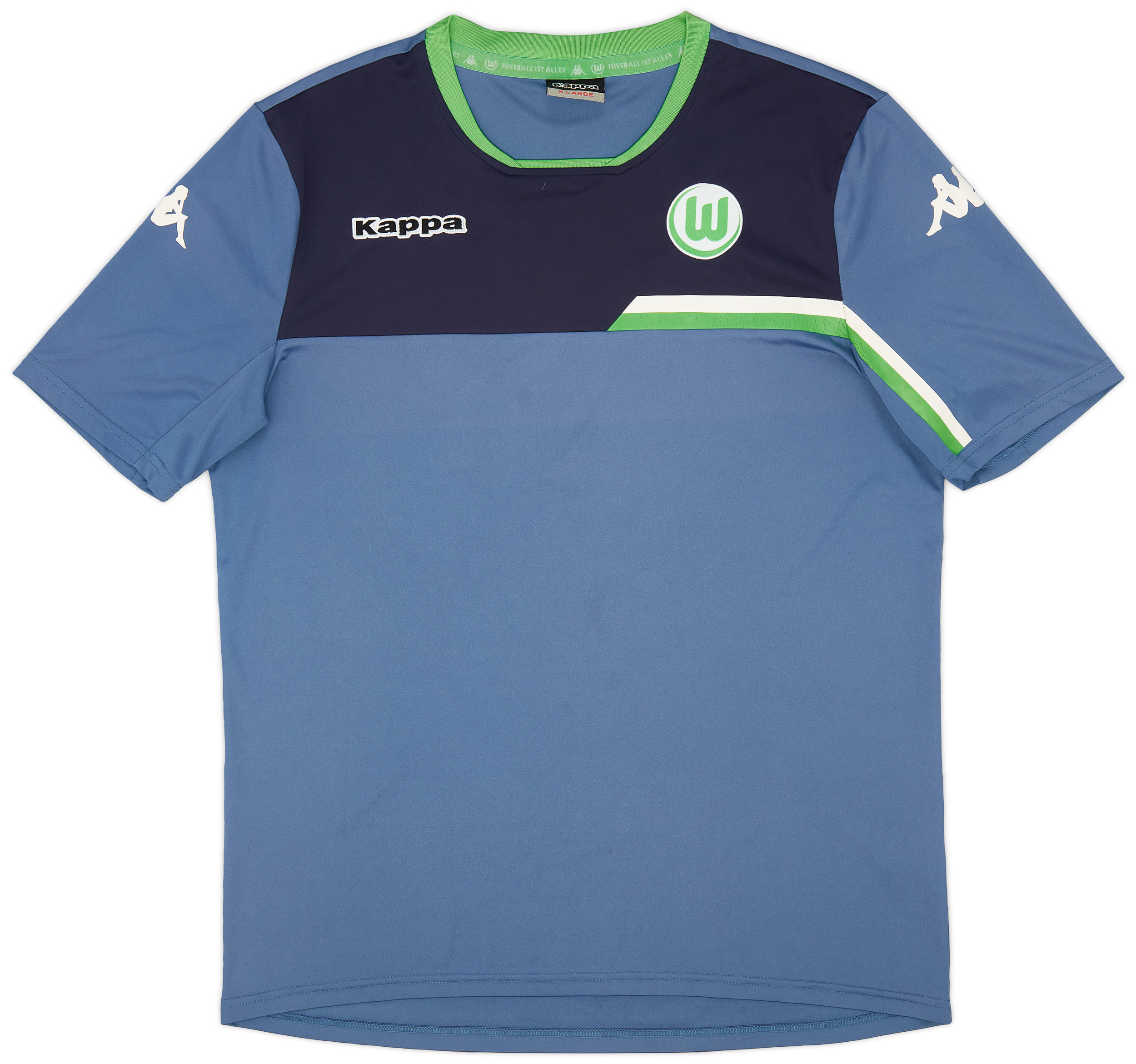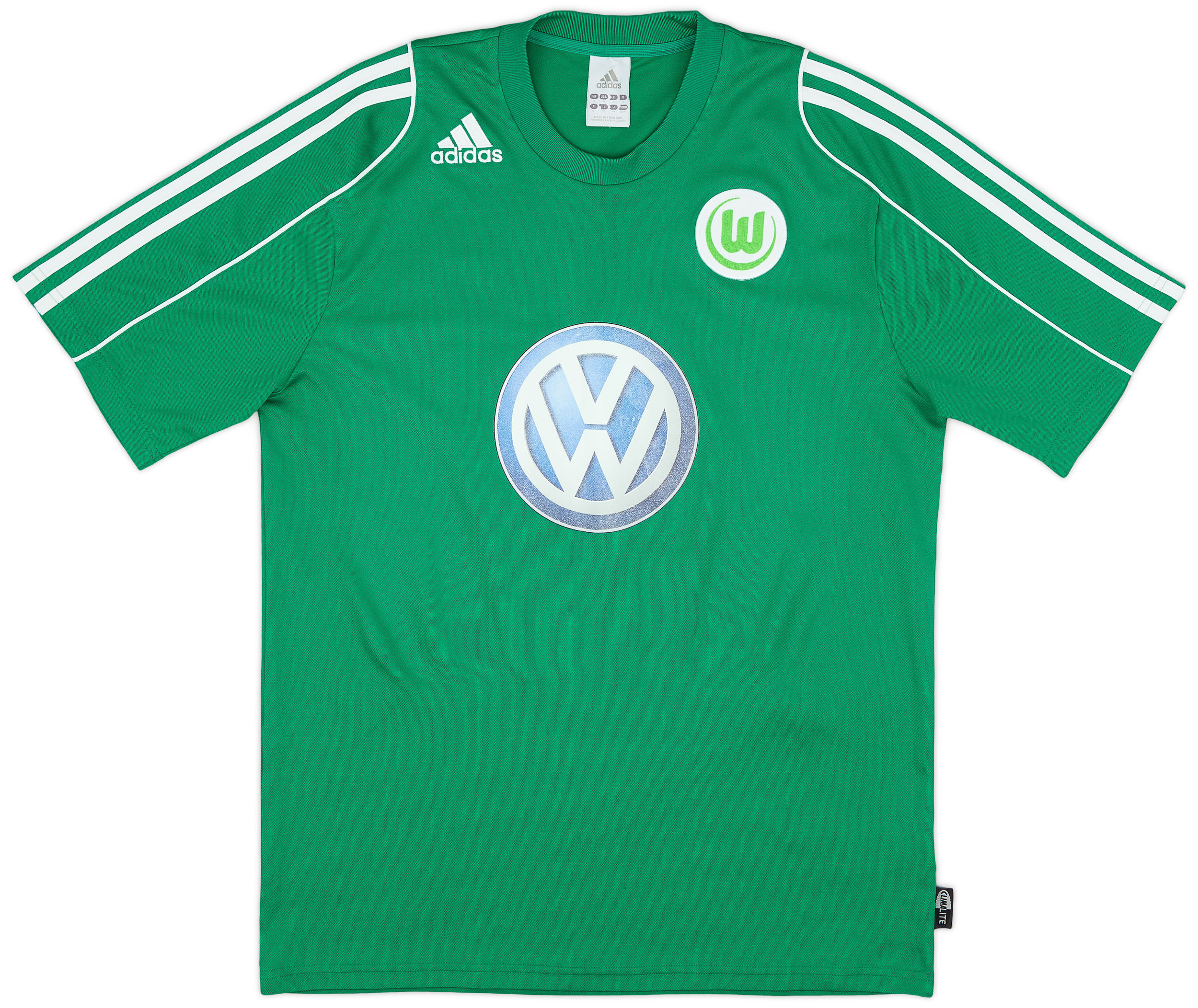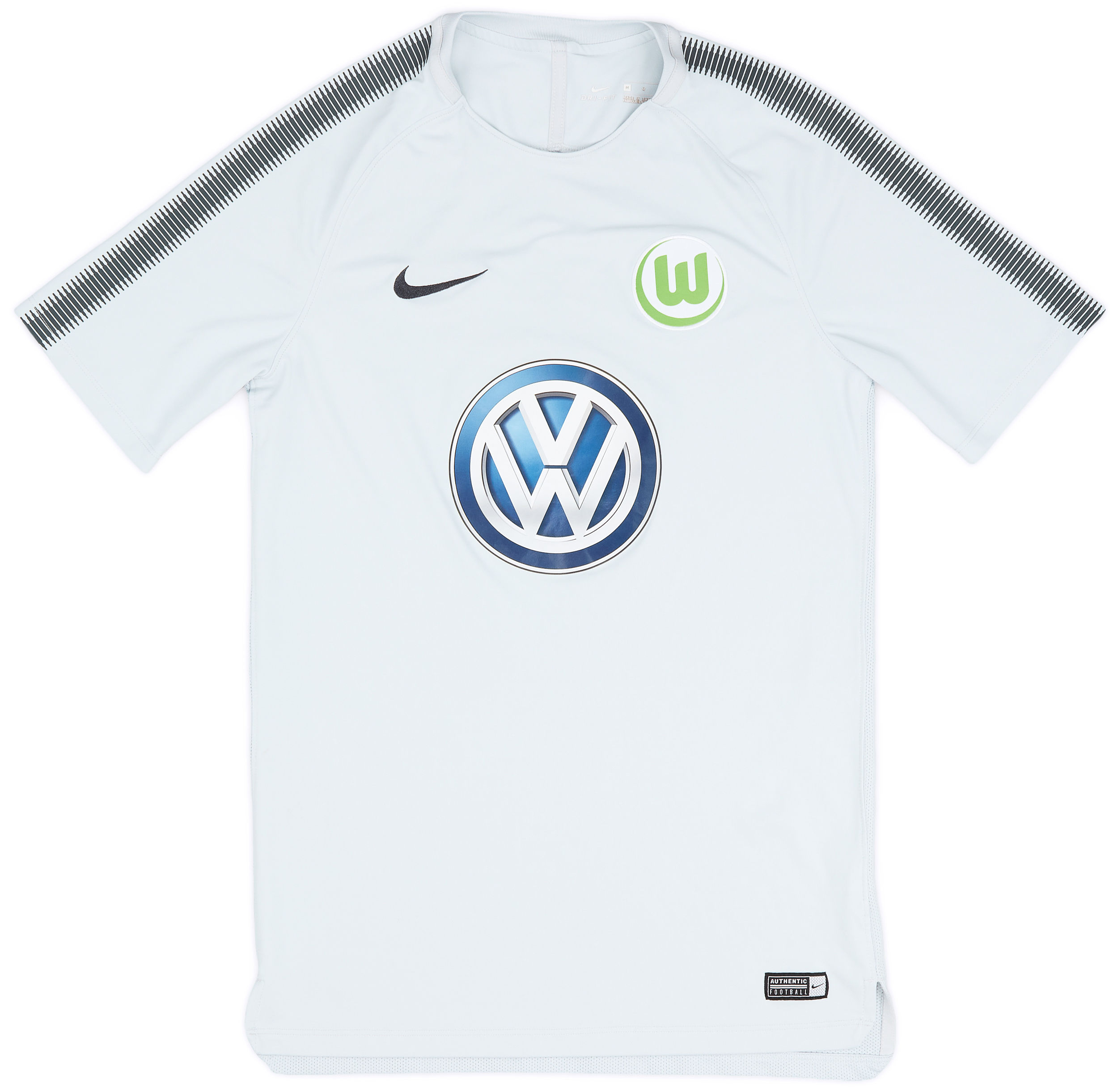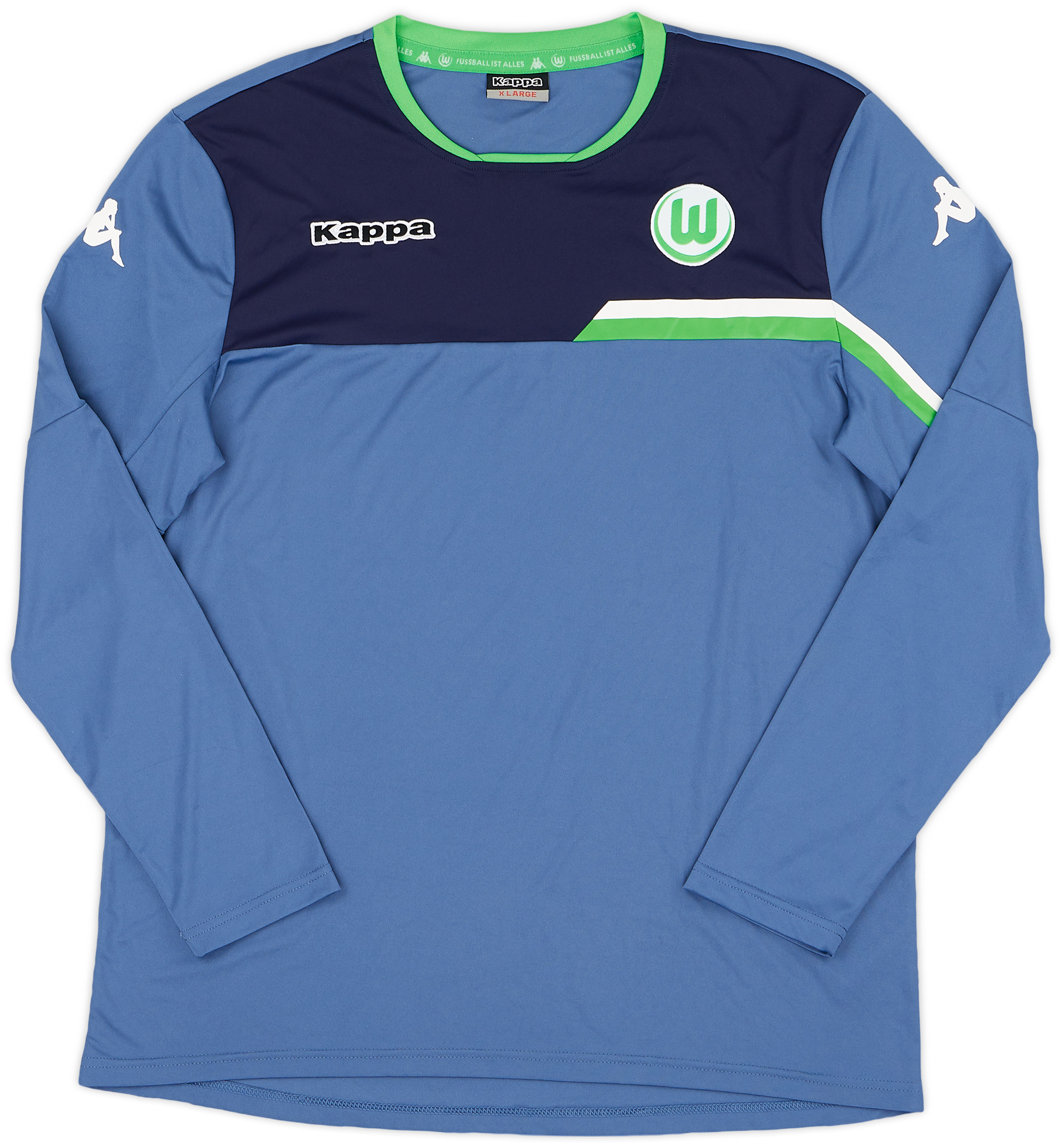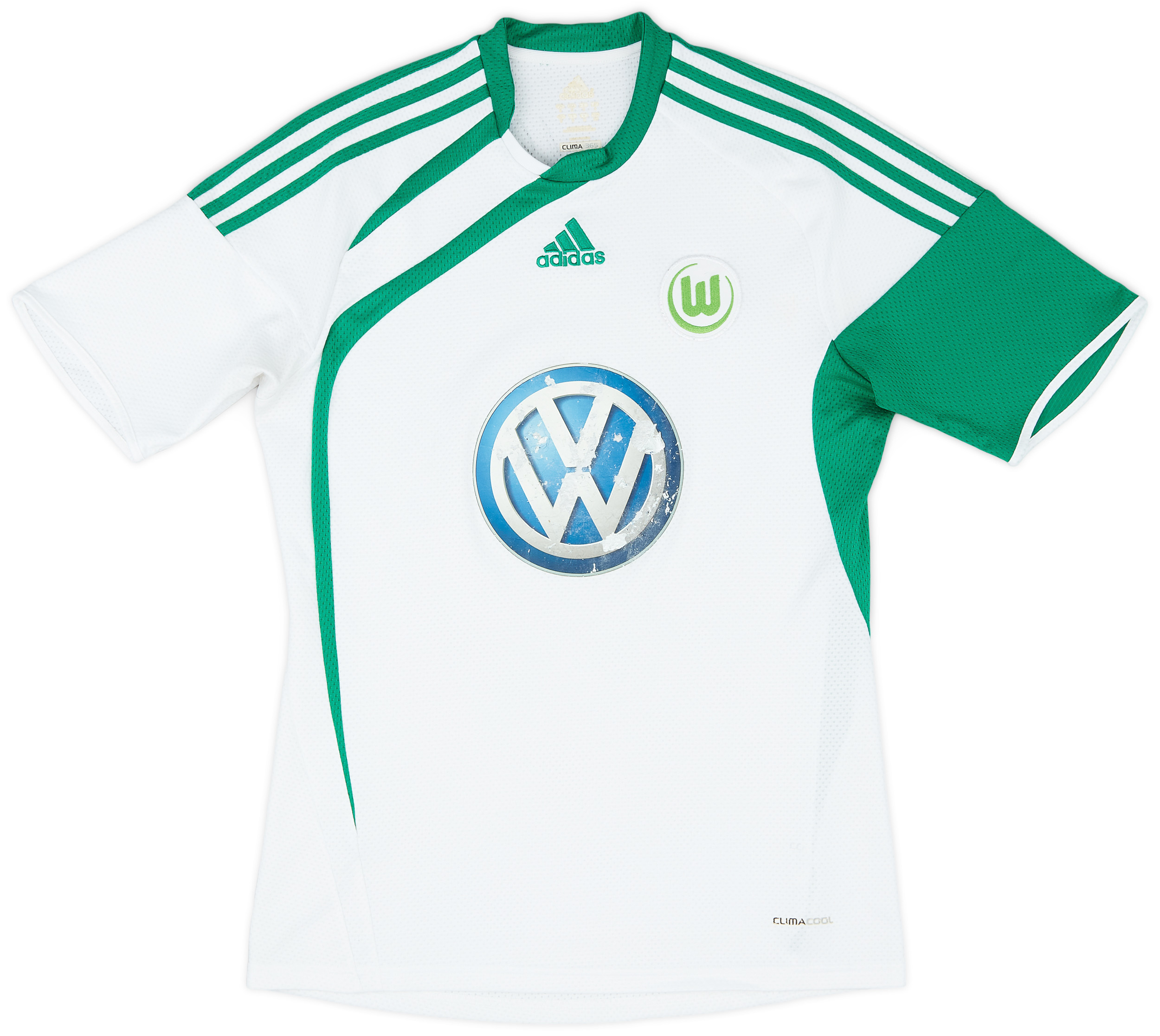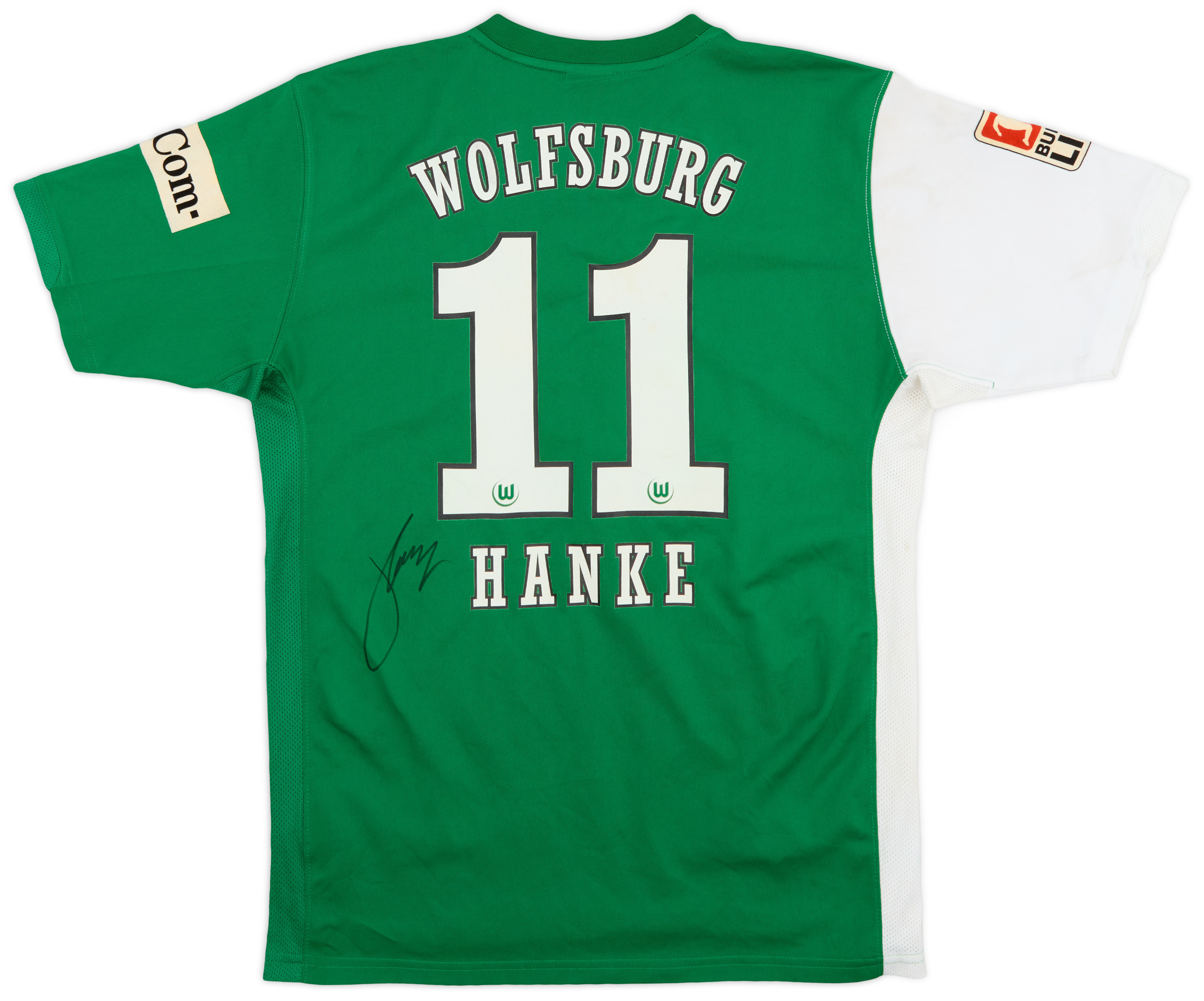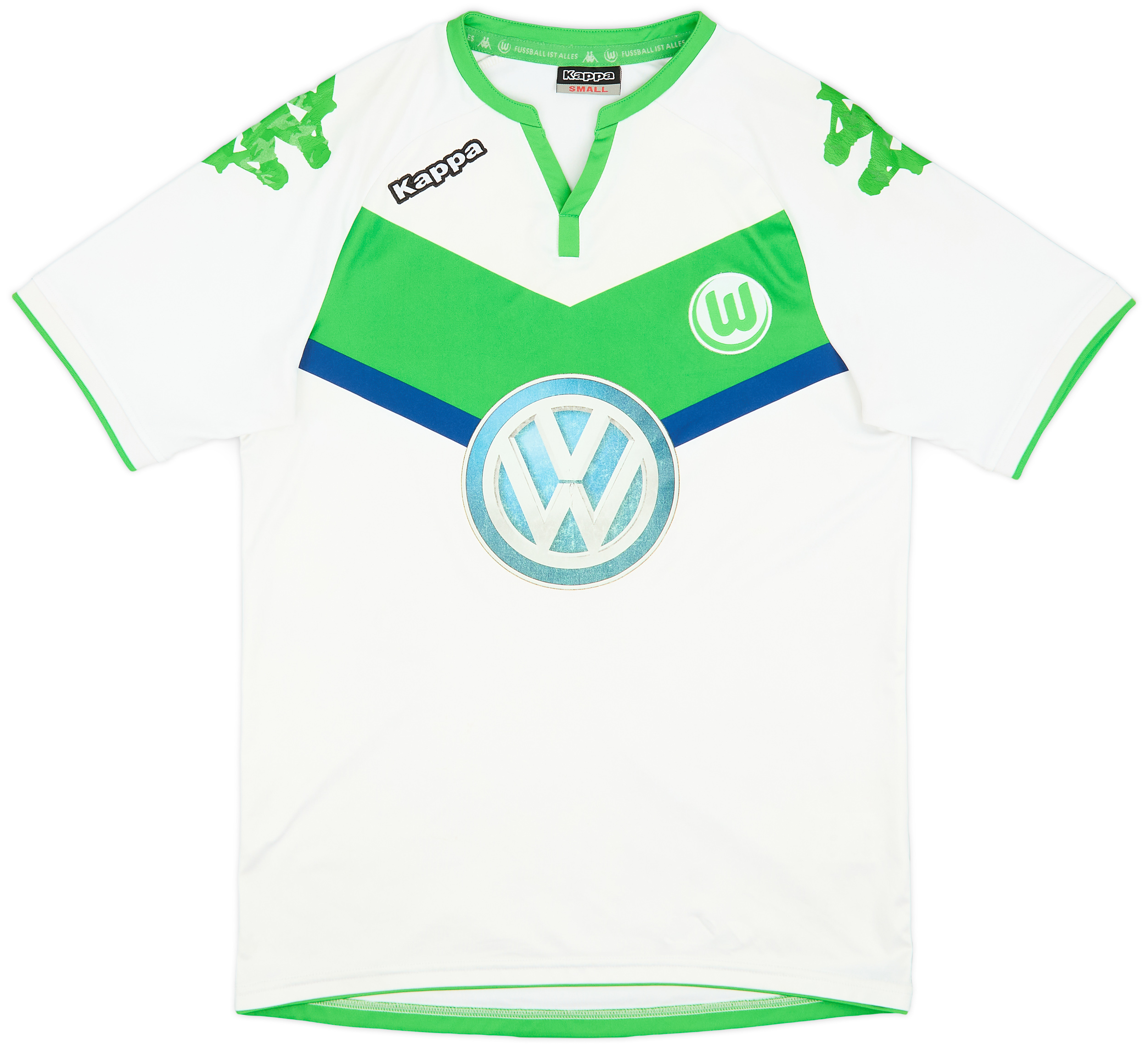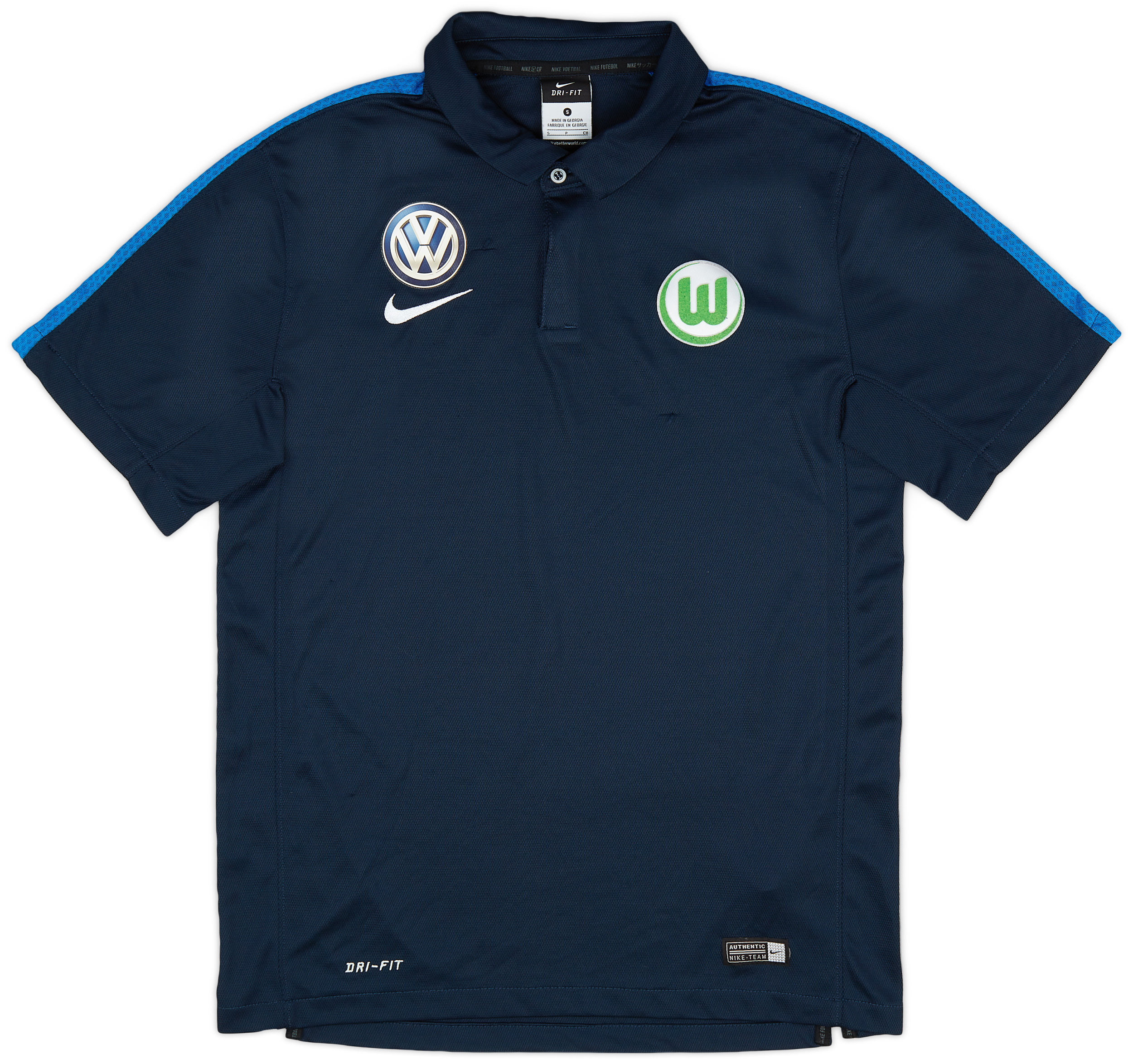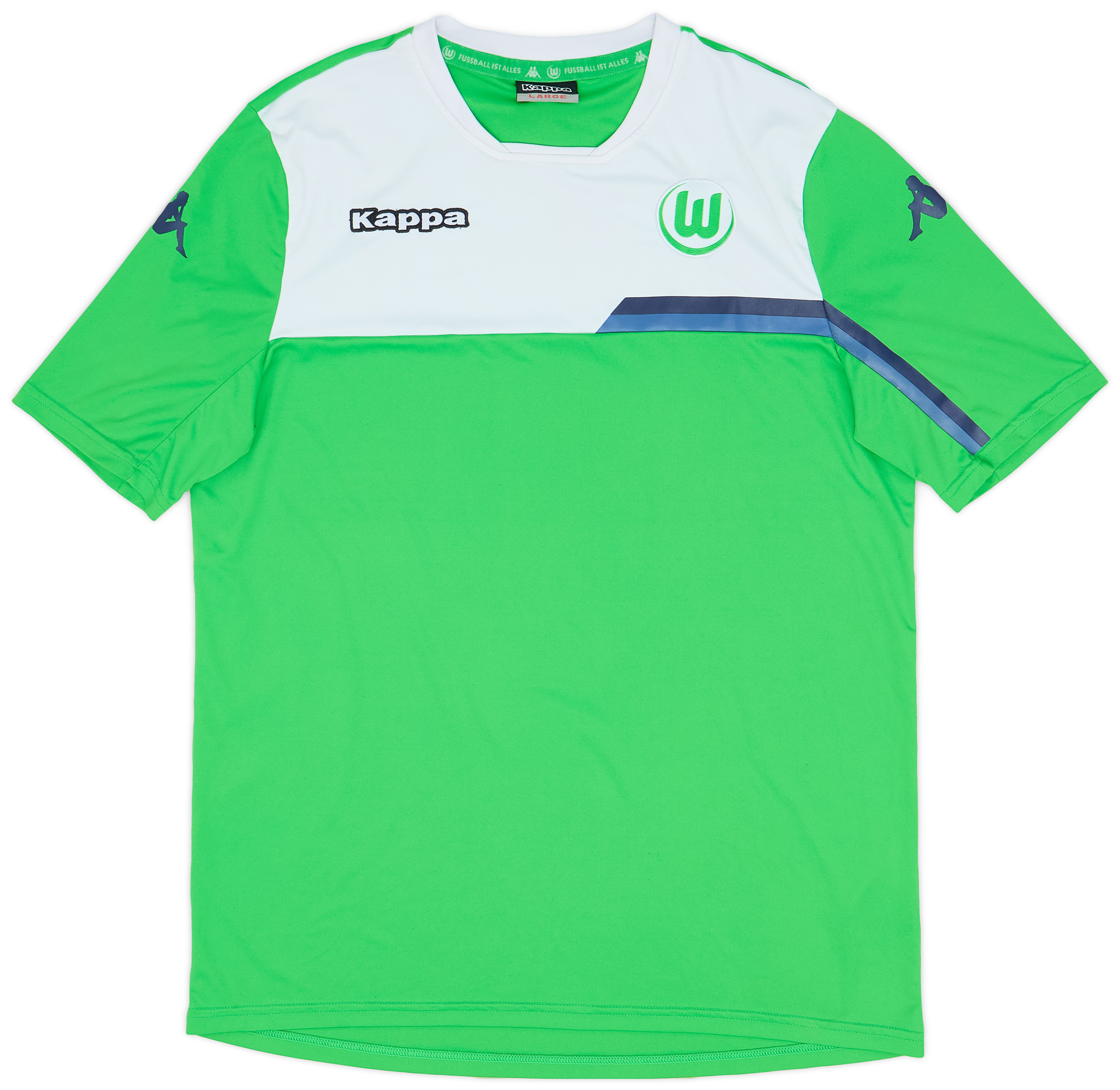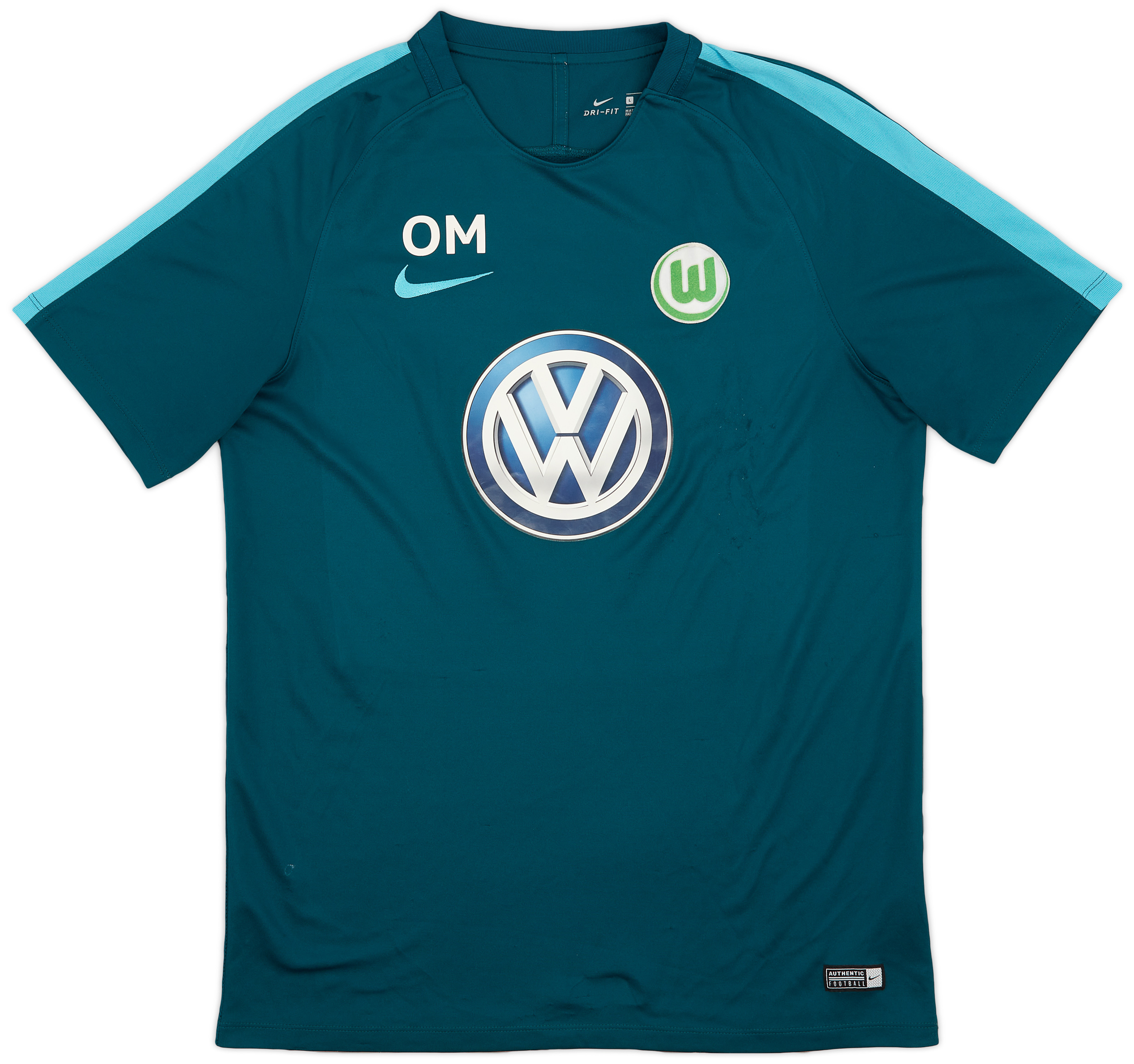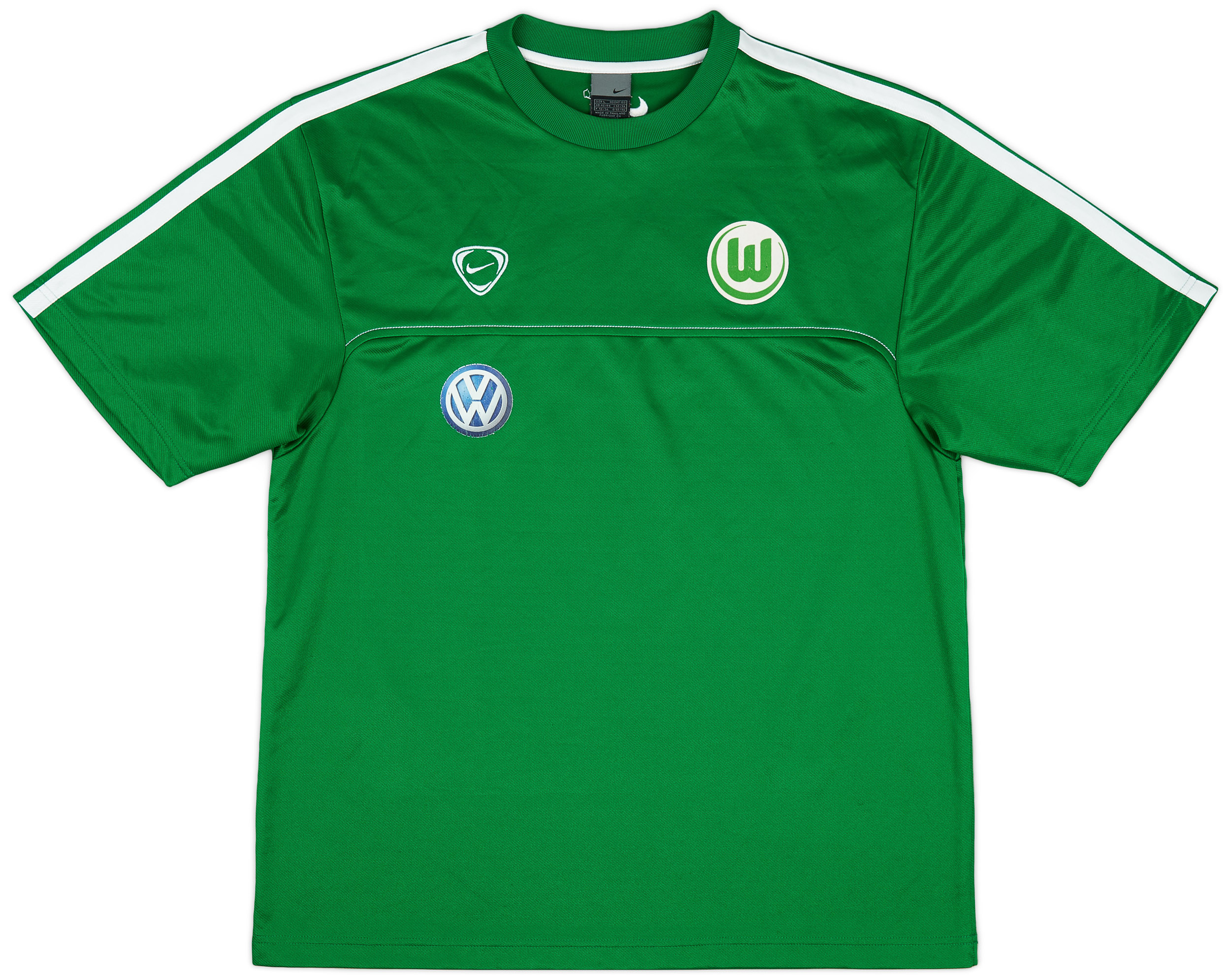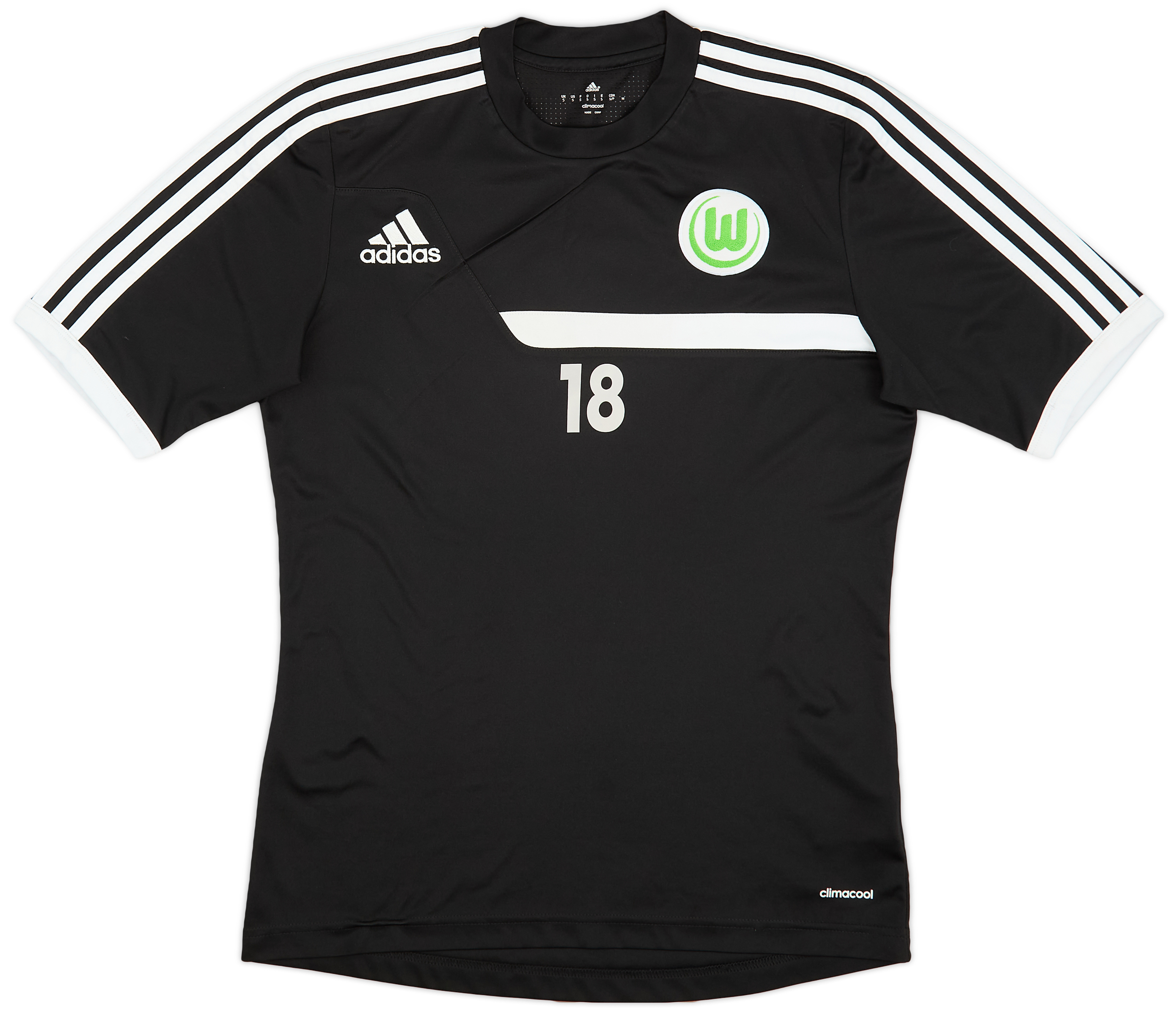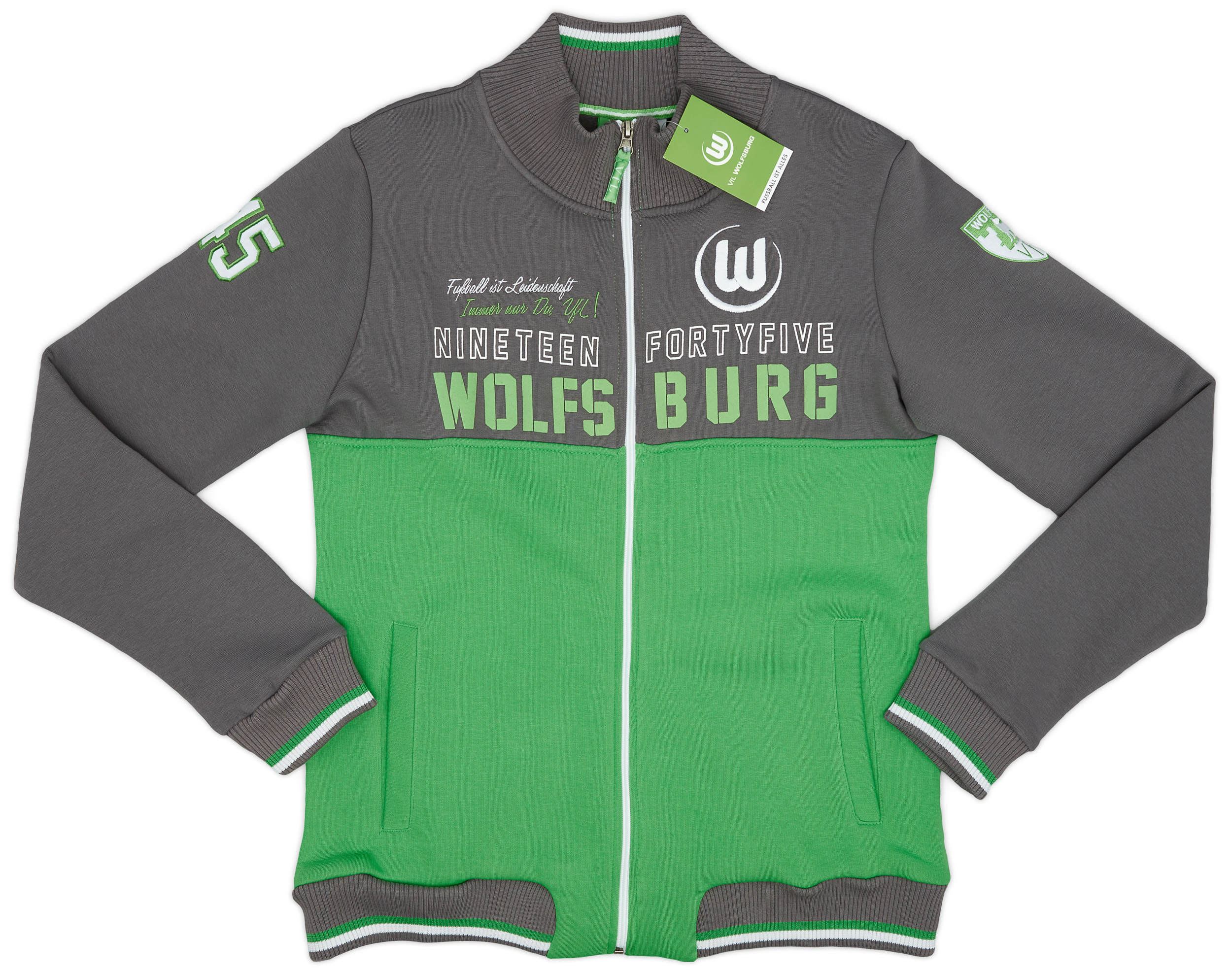Wolfsburg
Introduction VfL Wolfsburg is a professional football club based in Wolfsburg, Germany, known for its distinctive identity and competitive spirit. Founded in 1945, the club operates under the shadow of the well-known Volkswagen headquarters, which plays a critical role in the club’s identity and financial backing. Wolfsburg has evolved from a local club to a […]
1998-99 Wolfsburg Away Shirt - 9/10 - (XL)
207.99£ - ca: €245
2006-07 Wolfsburg Match Issue Away Shirt Madlung #4
177.99£ - ca: €210
2000-02 Wolfsburg Home L/S Shirt - 8/10 - (XL)
148.99£ - ca: €176
2007-08 Wolfsburg Away L/S Shirt - 9/10 - (XL)
118.99£ - ca: €140
2008-09 Wolfsburg Home Shirt Riether #20 - 9/10 - (M)
118.99£ - ca: €140
2019-20 Wolfsburg Home Shirt (3XL)
106.99£ - ca: €126
2002-03 Wolfsburg Home Shirt Ponte #26 - 6/10 - (L)
106.99£ - ca: €126
2017-18 Wolfsburg Player Issue GK Shirt - 9/10 - (XL)
106.99£ - ca: €126
2006-07 Wolfsburg Player Issue GK Shirt - 9/10 - (XL)
106.99£ - ca: €126
2010-11 Wolfsburg Player Issue Home L/S Shirt - 7/10 - (L)
106.99£ - ca: €126
2010-11 Wolfsburg Home Shirt - 10/10 - (XXL)
103.99£ - ca: €123
2002-03 Wolfsburg Match Worn Home L/S Shirt Rytter #19 (v Bochum)
94.99£ - ca: €112
2007-08 Wolfsburg Home L/S Shirt - 8/10 - (M)
94.99£ - ca: €112
2004-05 Wolfsburg Third L/S Shirt - 6/10 - (S)
94.99£ - ca: €112
2005-07 Wolfsburg Away L/S Shirt - 8/10 - (L)
94.99£ - ca: €112
2016-17 Wolfsburg Away Shirt - 8/10 - (M)
90.99£ - ca: €107
2017-18 Wolfsburg Nike 1/4 Zip Drill Top (S)
82.99£ - ca: €98
2005-06 Wolfsburg Home Shirt - 8/10 - (XL)
82.99£ - ca: €98
2016-17 Wolfsburg Away Shirt - 8/10 - (XL)
82.99£ - ca: €98
2011-12 Wolfsburg Authentic Home Shirt - 6/10 - (XL)
82.99£ - ca: €98
2002-03 Wolfsburg Third Shirt - 6/10 - (M)
82.99£ - ca: €98
2017-18 Wolfsburg Away Shirt - 9/10 - (S)
82.99£ - ca: €98
2005-06 Wolfsburg Home Shirt - 8/10 - (XL)
82.99£ - ca: €98
2010-11 Wolfsburg Away Shirt - 9/10 - (XL)
82.99£ - ca: €98
2015-16 Wolfsburg Home Shirt (XXL)
82.99£ - ca: €98
2016-17 Wolfsburg Away Shirt - 8/10 - (XL)
82.99£ - ca: €98
2010-11 Wolfsburg Player Issue GK Shirt - 6/10 - (S)
82.99£ - ca: €98
2017-18 Wolfsburg Home Shirt Gomez #33 - 7/10 - (S)
70.99£ - ca: €84
2017-18 Wolfsburg Home Shirt - 8/10 - (XXL)
70.99£ - ca: €84
2014-15 Wolfsburg Third Shirt Vieirinha #8 - 6/10 - (XL)
70.99£ - ca: €84
2017-18 Wolfsburg Home Shirt - 8/10 - (XXL)
70.99£ - ca: €84
2010-11 Wolfsburg Home Shirt - 6/10 - (S)
70.99£ - ca: €84
2011-12 Wolfsburg Home Shirt Riether #20 - 9/10 - (XL)
70.99£ - ca: €84
2009-10 Wolfsburg Home Shirt - 8/10 - (XL)
70.99£ - ca: €84
2009-10 Wolfsburg Away Shirt - 6/10 - (M)
70.99£ - ca: €84
2016-17 Wolfsburg GK Shirt - 10/10 - (L)
70.99£ - ca: €84
2017-18 Wolfsburg Home Shirt Ginczek #33 - 8/10 - (XXL)
70.99£ - ca: €84
2017-18 Wolfsburg Home Shirt - 8/10 - (XL)
70.99£ - ca: €84
2012-13 Wolfsburg Home Shirt - 8/10 - (S)
70.99£ - ca: €84
2017-18 Wolfsburg Home Shirt - 8/10 - (XXL)
70.99£ - ca: €84
2003-04 Wolfsburg L/S Away Shirt - 6/10 - (M)
70.99£ - ca: €84
2009-10 Wolfsburg Home Shirt - 8/10 - (S)
70.99£ - ca: €84
2017-18 Wolfsburg Home Shirt - 8/10 - (L)
70.99£ - ca: €84
2015-16 Wolfsburg Home Shirt Knoche #31 - 7/10 - (S)
70.99£ - ca: €84
2013-14 Wolfsburg Home L/S Shirt - 8/10 - (S)
70.99£ - ca: €84
2018-19 Wolfsburg Staff Issue 1/4 Zip Drill Top - 7/10 - (M)
70.99£ - ca: €84
2017-18 Wolfsburg Home Shirt - 8/10 - (S)
70.99£ - ca: €84
2015-16 Wolfsburg Home Shirt #5 - 9/10 - (XL)
64.99£ - ca: €77
2005-06 Wolfsburg Home Shirt - 6/10 - (L)
59.99£ - ca: €71
2015-16 Wolfsburg Away Shirt #15 - 9/10 - (XL)
58.99£ - ca: €70
2009-10 Wolfsburg Match Issue Fourth Shirt #5
58.99£ - ca: €70
2017-18 Wolfsburg Home Shirt - 7/10 - (M)
58.99£ - ca: €70
2017-18 Wolfsburg Home Shirt - 6/10 - (L)
58.99£ - ca: €70
2016-17 Wolfsburg Home Shirt - 8/10 - (S)
58.99£ - ca: €70
2016-17 Wolfsburg Home Shirt - 8/10 - (M)
58.99£ - ca: €70
2011-12 Wolfsburg Home Shirt Sio #44 - 5/10 - (XL)
58.99£ - ca: €70
2015-16 Wolfsburg Home Shirt - 9/10 - (S)
58.99£ - ca: €70
2015-16 Wolfsburg Home Shirt - 8/10 - (S)
58.99£ - ca: €70
2014-15 Wolfsburg Third Shirt - 6/10 - (S)
58.99£ - ca: €70
2016-17 Wolfsburg Third Shirt - 9/10 - (L)
58.99£ - ca: €70
2016-17 Wolfsburg GK Shirt - 9/10 - (S)
58.99£ - ca: €70
2017-18 Wolfsburg Nike Track Jacket - 9/10 - (S)
58.99£ - ca: €70
2004-05 Wolfsburg Match Issue Away Shirt #3
58.99£ - ca: €70
2015-16 Wolfsburg Away Shirt - 8/10 - (XXL)
58.99£ - ca: €70
2011-12 Wolfsburg Home Shirt - 6/10 - (L)
58.99£ - ca: €70
2013-14 Wolfsburg adidas 1/4 Zip Training Top - 9/10 - (S)
58.99£ - ca: €70
2016-17 Wolfsburg Third Shirt - 8/10 - (S)
58.99£ - ca: €70
2016-17 Wolfsburg Home Shirt - 9/10 - (S)
58.99£ - ca: €70
2017-18 Wolfsburg Home Shirt - 7/10 - (S)
58.99£ - ca: €70
2017-18 Wolfsburg Nike 1/4 Zip Training Top - 8/10 - (S)
58.99£ - ca: €70
2017-18 Wolfsburg Away Shirt - 6/10 - (M)
58.99£ - ca: €70
2015-16 Wolfsburg Away Shirt - 8/10 - (S)
58.99£ - ca: €70
2017-18 Wolfsburg Home Shirt - 6/10 - (L)
58.99£ - ca: €70
2016-17 Wolfsburg Home Shirt - 8/10 - (M)
58.99£ - ca: €70
2013-14 Wolfsburg Away Shirt - 6/10 - (XL)
58.99£ - ca: €70
2015-16 Wolfsburg Home Shirt Stolze #33 - 8/10 - (M)
58.99£ - ca: €70
2016-17 Wolfsburg Third Shirt - 9/10 - (S)
58.99£ - ca: €70
2014-15 Wolfsburg GK Shirt #1 - 8/10 - (M)
53.99£ - ca: €64
2015-16 Wolfsburg Away Shirt - 6/10 - (L)
53.99£ - ca: €64
2003-04 Wolfsburg Away Shirt #10 - 7/10 - (XL)
53.99£ - ca: €64
2009-10 Wolfsburg Home Shirt - 7/10 - (XS)
53.99£ - ca: €64
2006-07 Wolfsburg Home Shirt Marcelinho #32 - 4/10 - (S)
53.99£ - ca: €64
2011-12 Wolfsburg Third L/S Shirt - 5/10 - (L)
47.99£ - ca: €57
2016-17 Wolfsburg Nike 1/4 Zip Training Top - 7/10 - (M)
47.99£ - ca: €57
2014-15 Wolfsburg Away Shirt - 6/10 - (L)
47.99£ - ca: €57
2017-18 Wolfsburg Away Shirt Rexhbecaj #37 - 5/10 - (S)
47.99£ - ca: €57
2006-07 Wolfsburg Home Shirt - 5/10 - (L)
47.99£ - ca: €57
2012-13 Wolfsburg Away Shirt - 5/10 - (XL)
47.99£ - ca: €57
2011-12 Wolfsburg Third L/S Shirt - 5/10 - (L)
47.99£ - ca: €57
2014-15 Wolfsburg Player Issue Kappa Training Shirt #16 - 9/10 - (S)
47.99£ - ca: €57
2018-19 Wolfsburg Staff Issue Nike Training Shirt - 7/10 - (XL)
41.99£ - ca: €50
2017-18 Wolfsburg Nike Training Shirt - 8/10 - (M)
41.99£ - ca: €50
2017-18 Wolfsburg Player Issue Training Shirt #24 - 7/10 - (S)
41.99£ - ca: €50
2012-13 Wolfsburg Player Issue GK L/S Shirt #24 - 5/10 - (L)
41.99£ - ca: €50
2005-06 Wolfsburg Home Shirt - 5/10 - (XXL)
41.99£ - ca: €50
2013-14 Wolfsburg GK Shirt #1 - 8/10 - (S)
41.99£ - ca: €50
2017-18 Wolfsburg Nike Training Shirt - 8/10 - (M)
41.99£ - ca: €50
2014-15 Wolfsburg Kappa Training L/S Shirt - 8/10 - (XL)
41.99£ - ca: €50
2005-06 Wolfsburg Home Shirt - 5/10 - (S)
41.99£ - ca: €50
2016-17 Wolfsburg Player Issue Nike Training Shirt #21 - 8/10 - (S)
41.99£ - ca: €50
2009-10 Wolfsburg Home Shirt - 5/10 - (XL)
41.99£ - ca: €50
2007-08 Wolfsburg Nike Training Shirt - 7/10 - (M)
41.99£ - ca: €50
2005-06 Wolfsburg Home Shirt - 5/10 - (S)
41.99£ - ca: €50
2006-07 Wolfsburg Player Issue Training Shirt #24 - 6/10 - (M)
41.99£ - ca: €50
2006-07 Wolfsburg Home Shirt - 6/10 - (XL.Boys)
35.99£ - ca: €42
2016-17 Wolfsburg Nike Polo Shirt - 8/10 - (M)
35.99£ - ca: €42
2014-15 Wolfsburg Kappa Training L/S Shirt - 7/10 - (L)
35.99£ - ca: €42
2015-16 Wolfsburg Kappa Signed Training L/S Shirt - 8/10 - (XL)
35.99£ - ca: €42
2005-06 Wolfsburg Home Shirt Franz #33 - 5/10 - (XL)
35.99£ - ca: €42
2014-15 Wolfsburg Kappa Training Shirt - 8/10 - (XL)
35.99£ - ca: €42
2009-10 Wolfsburg adidas Training Shirt #13 - 7/10 - (S)
35.99£ - ca: €42
2017-18 Wolfsburg Nike Training Shirt - 7/10 - (M)
35.99£ - ca: €42
2015-16 Wolfsburg Kappa Training L/S Shirt - 8/10 - (XL)
35.99£ - ca: €42
2009-10 Wolfsburg Signed Home Shirt - 5/10 - (S)
35.99£ - ca: €42
2006-07 Wolfsburg Signed Home Shirt Hanke #11 - 5/10 - (XL.Boys)
29.99£ - ca: €35
2015-16 Wolfsburg Home Shirt - 5/10 - (S)
29.99£ - ca: €35
2016-17 Wolfsburg Nike Training Shirt - 7/10 - (S)
29.99£ - ca: €35
2015-16 Wolfsburg Kappa Training Shirt - 8/10 - (L)
29.99£ - ca: €35
2016-17 Wolfsburg Staff Issue Nike Training Shirt OM - 6/10 - (L)
29.99£ - ca: €35
2005-06 Wolfsburg Nike Training Shirt - 5/10 - (L)
23.99£ - ca: €28
2008-09 Wolfsburg Nike Player Issue Training Shirt #20 - 4/10 - (M)
17.99£ - ca: €21
2012-13 Wolfsburg Player Issue Training Shirt #18 - 5/10 - (S)
17.99£ - ca: €21
2015-16 Wolfsburg Kappa Track Jacket - (Womens)
11.99£ - ca: €14
Warning: A non-numeric value encountered in /var/www/netskribent.dk/retro-football-shirt.com/wp-content/themes/boot5/single-clubs.php on line 148
Introduction
VfL Wolfsburg is a professional football club based in Wolfsburg, Germany, known for its distinctive identity and competitive spirit. Founded in 1945, the club operates under the shadow of the well-known Volkswagen headquarters, which plays a critical role in the club’s identity and financial backing. Wolfsburg has evolved from a local club to a prominent name in German and European football, thanks to its strong performances and a dedicated fan base.
Club History
The club was established in the aftermath of World War II, primarily to provide a recreational outlet for Volkswagen employees. This connection to one of the world’s largest automotive manufacturers has significantly influenced the club over the decades. Originally participating in local leagues, Wolfsburg made its debut in the national leagues in 1954. The journey to prominence was gradual, with several years of fluctuating performance in various tiers of German football.
A turning point in the club’s history came in the late 1990s when they gained promotion to the Bundesliga for the 1997-98 season. Although they faced challenges during their initial seasons in the top flight, the club gradually established itself and experienced its first significant success in early 2000, which included a UEFA Cup appearance. This evolution set the stage for what would become one of their most historic achievements in 2009.
Achievements
Wolfsburg’s most notable achievement came in 2009 when they won their first Bundesliga title. Under the management of Felix Magath, the team showcased an impressive performance throughout the season, finishing with 69 points. The key to their success was a potent attacking force, led by players such as Edin Džeko and Grafite, who formed one of the most formidable striking partnerships in German football history. Wolfsburg’s title triumph was celebrated not just as a sporting milestone, but as a source of pride for the city itself.
In addition to their Bundesliga title, Wolfsburg has seen success in domestic cup competitions, winning the DFB-Pokal in 2015. This victory secured their place in the UEFA Europa League, marking a significant achievement in their continuous growth as a competitive squad. The club has also regularly qualified for European competitions, establishing a reputation for being a formidable opponent on the continental stage.
Significant Players and Matches
Throughout its history, Wolfsburg has been home to a number of notable players who have left a lasting impact on both the club and the Bundesliga. The aforementioned Edin Džeko and Grafite are often regarded as two of the best forwards in the club’s history, with Džeko being the club’s second-highest goalscorer. Other significant players include Kevin De Bruyne, who showcased exceptional talent during his time at the club before moving to Manchester City, and Diego Benaglio, renowned for his goalkeeping prowess.
The club has witnessed several landmark matches that further solidified its place in football history. One such match was their memorable 5-1 victory against Bayern Munich in 2015, which showcased their attacking flair and resilience. This match not only inspired confidence in the squad but also served as a reminder of their ability to compete with the giants of German football.
Cultural Impact
Wolfsburg’s influence extends beyond the pitch, playing a crucial role in the local community. The club enjoys a dedicated and passionate fanbase, many of whom are Volkswagen employees or family members of those who work in the city. This connection fosters a sense of unity between the club and its supporters, transcending generations. Local engagement initiatives, youth development programs, and community-driven projects have strengthened the bond between the club and its surrounding area.
The Volkswagen Arena, home to VfL Wolfsburg, serves as a symbol of this connection, with its modern amenities and capacity of over 30,000 spectators. The stadium not only hosts home matches but is also a venue for various community events, further embedding the club into the fabric of Wolfsburg’s culture.
Conclusion
VfL Wolfsburg is a club that has carved a distinct niche in football history, rising from a local team to a formidable competitor in both domestic and international arenas. The club’s journey reflects resilience and determination, evidenced by significant achievements and influential players that have donned the green and white. As Wolfsburg continues to evolve, its impact on the local culture and its passionate fanbase will undoubtedly ensure its position as a vital part of German football for years to come.

